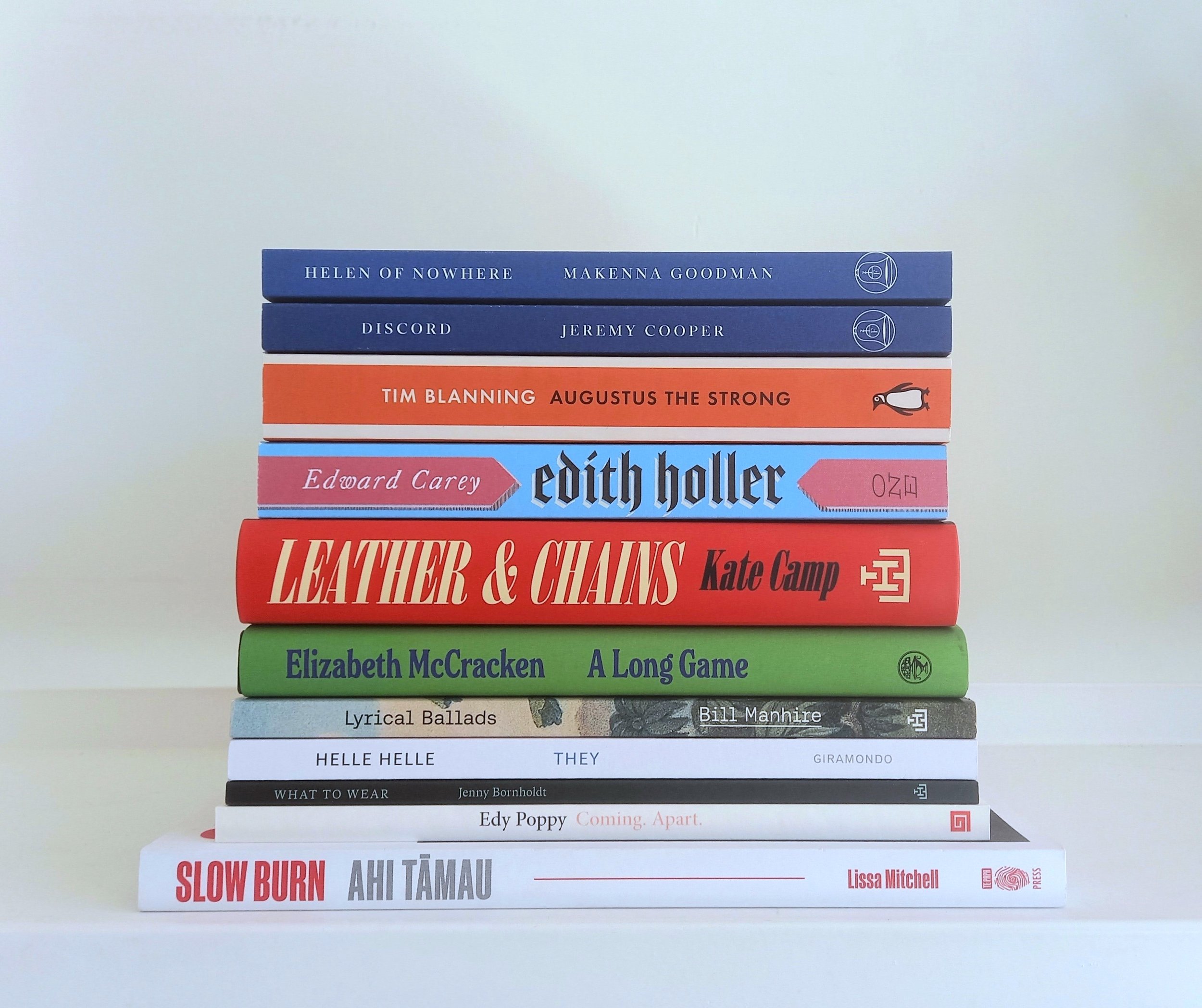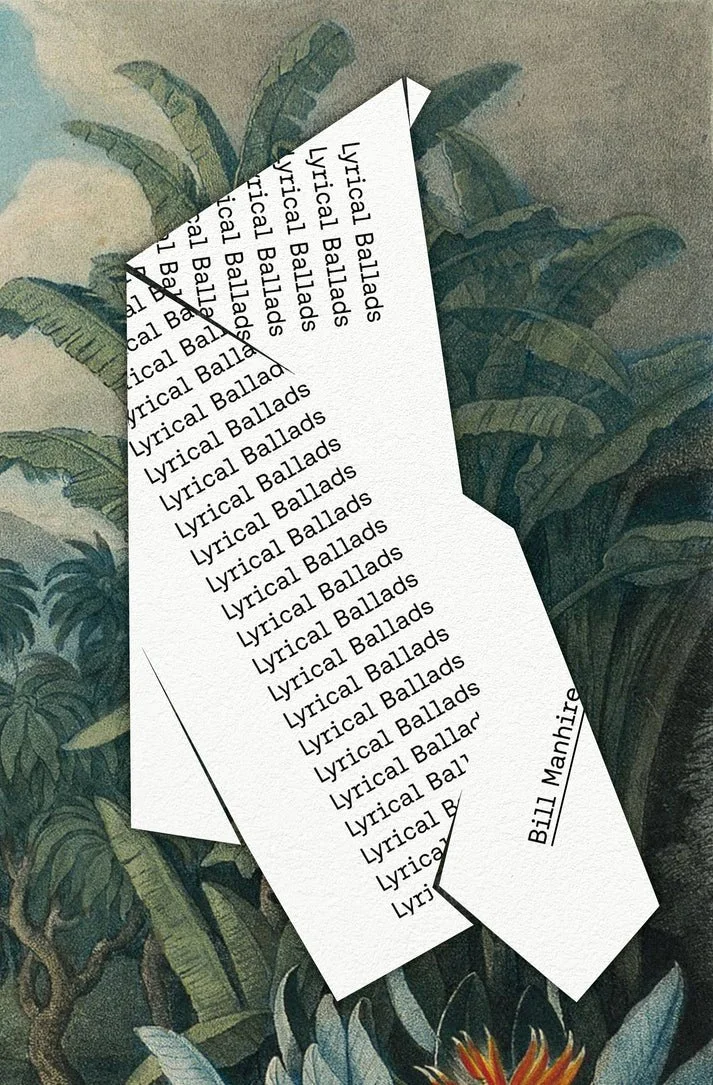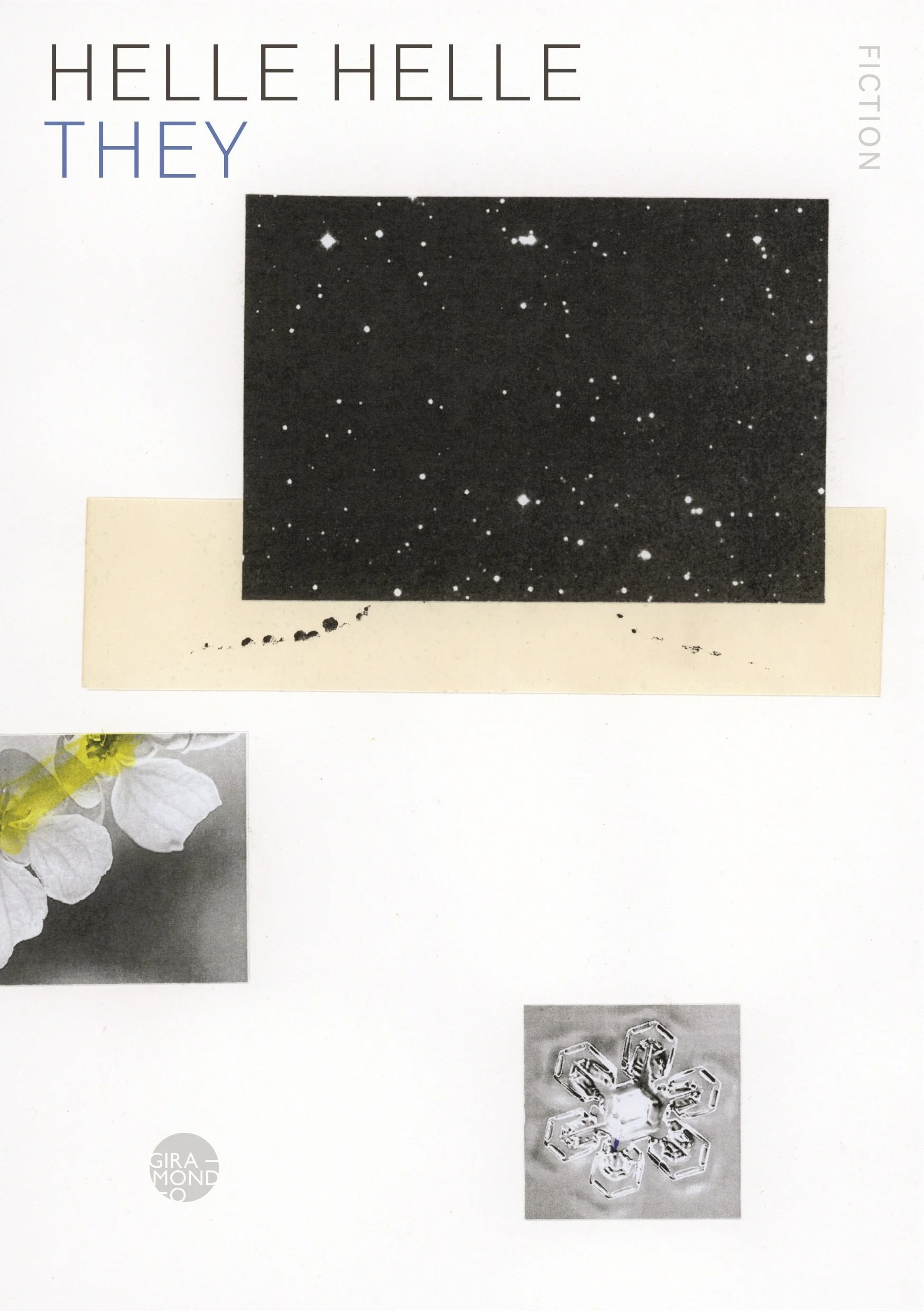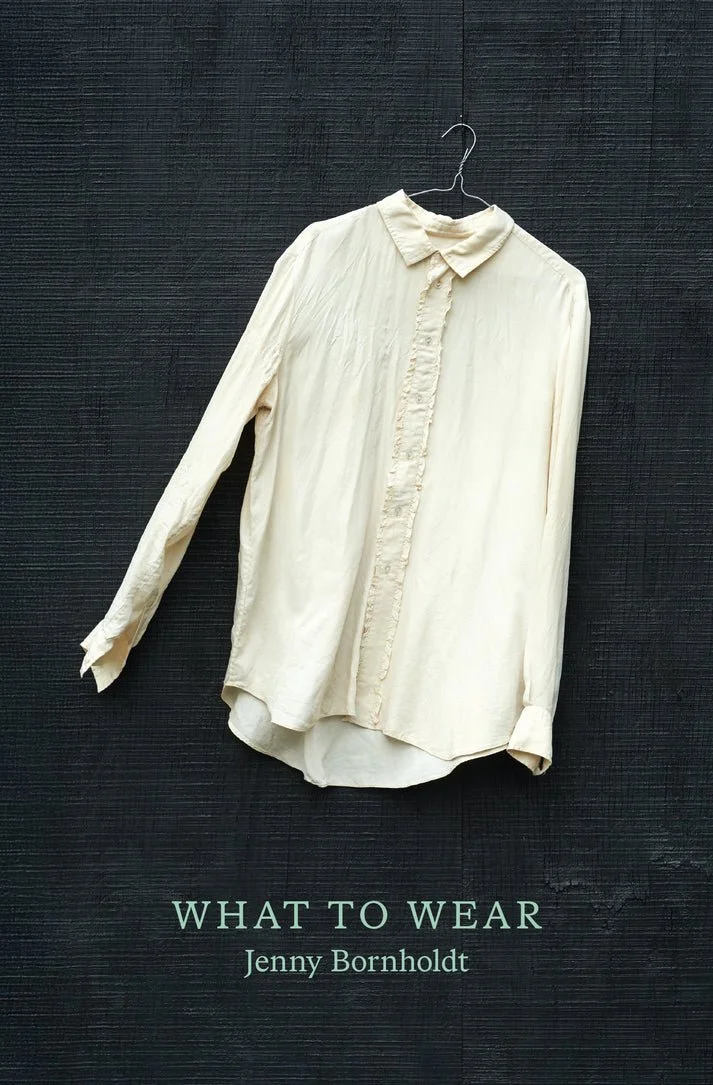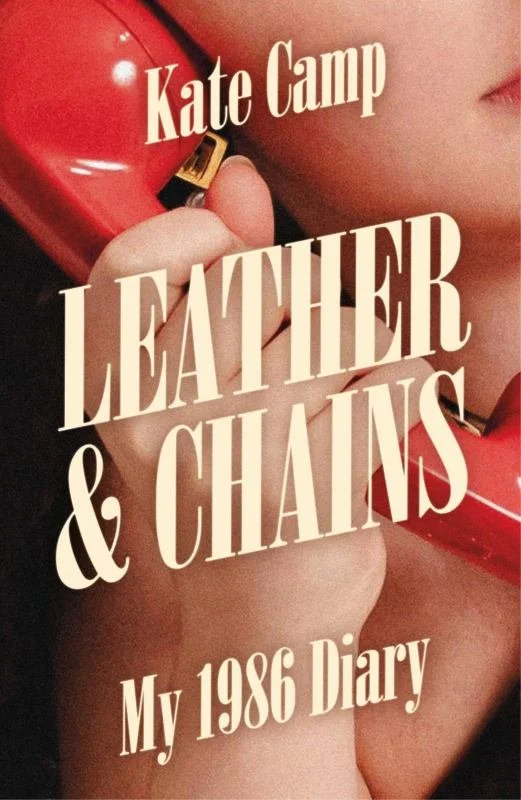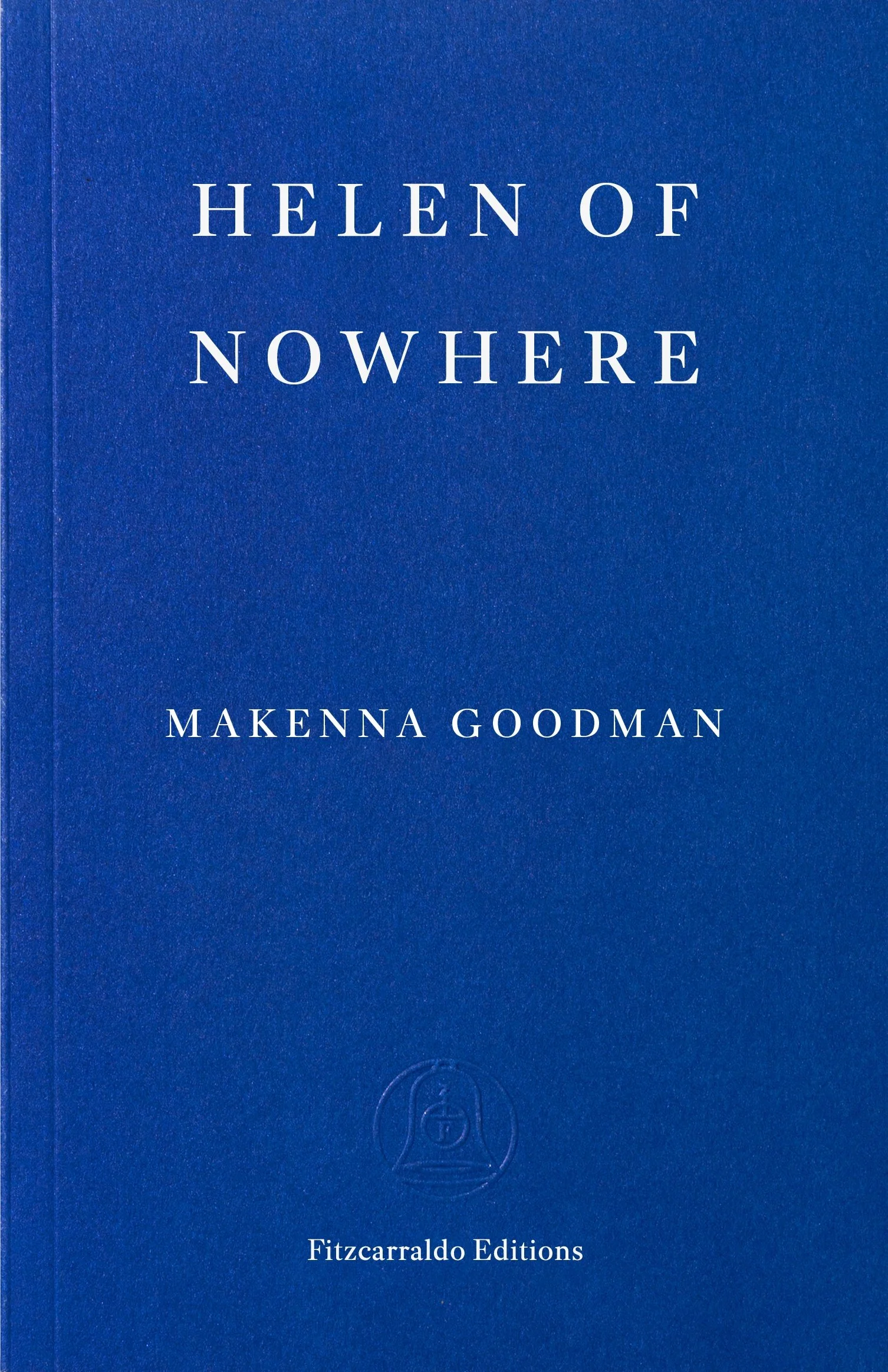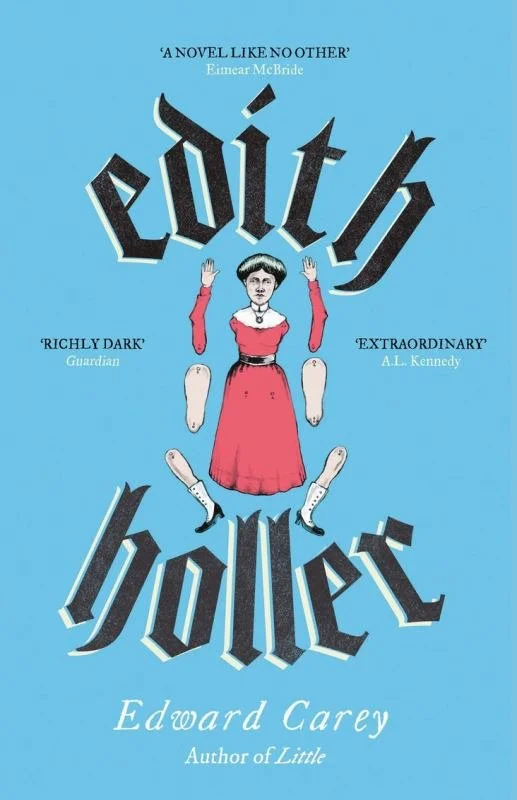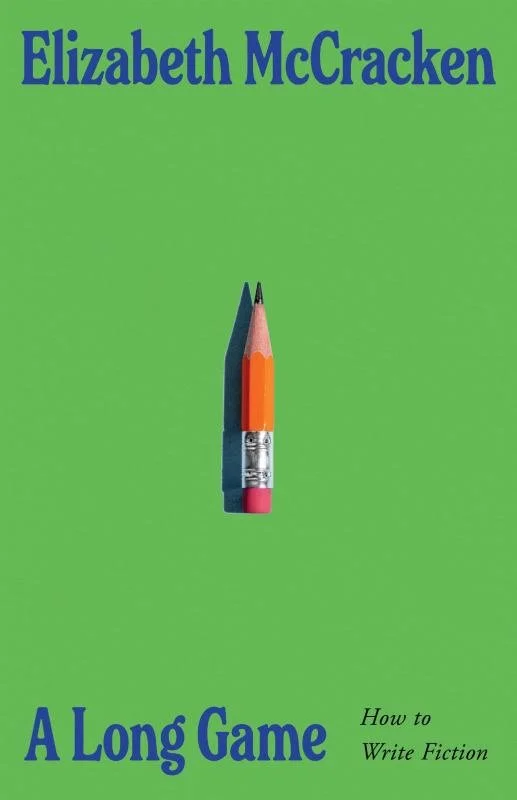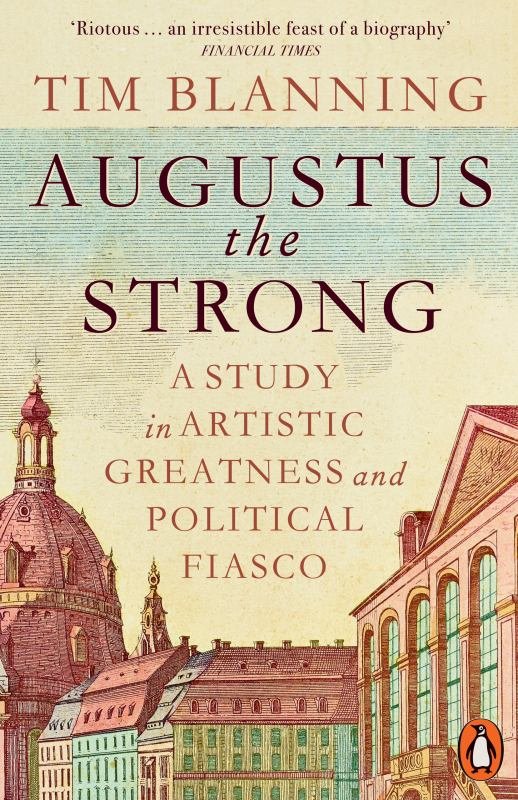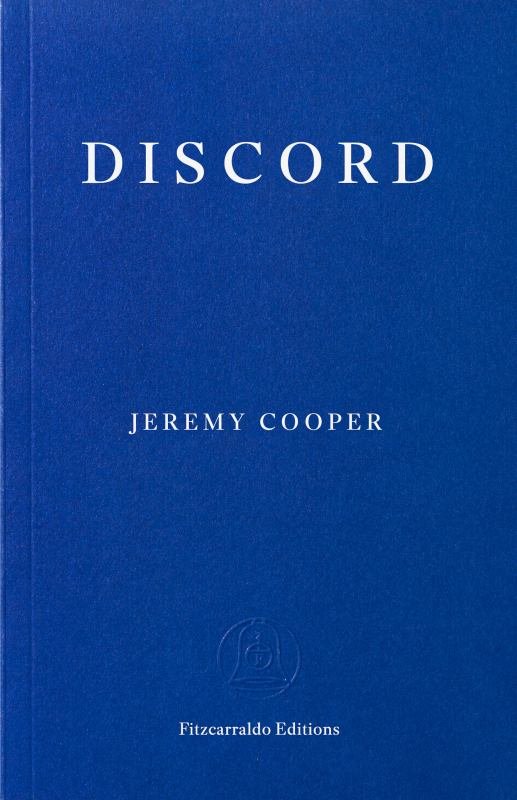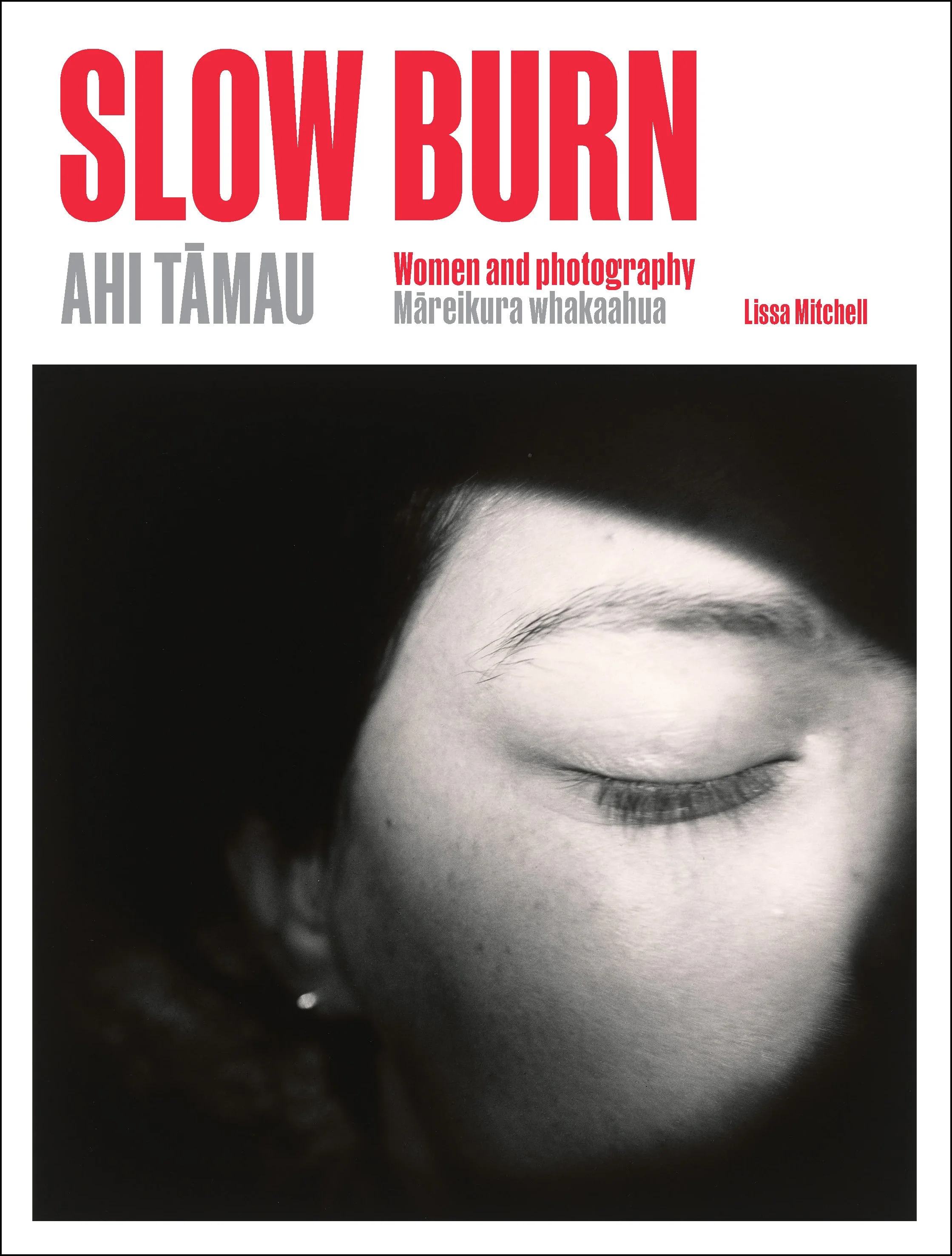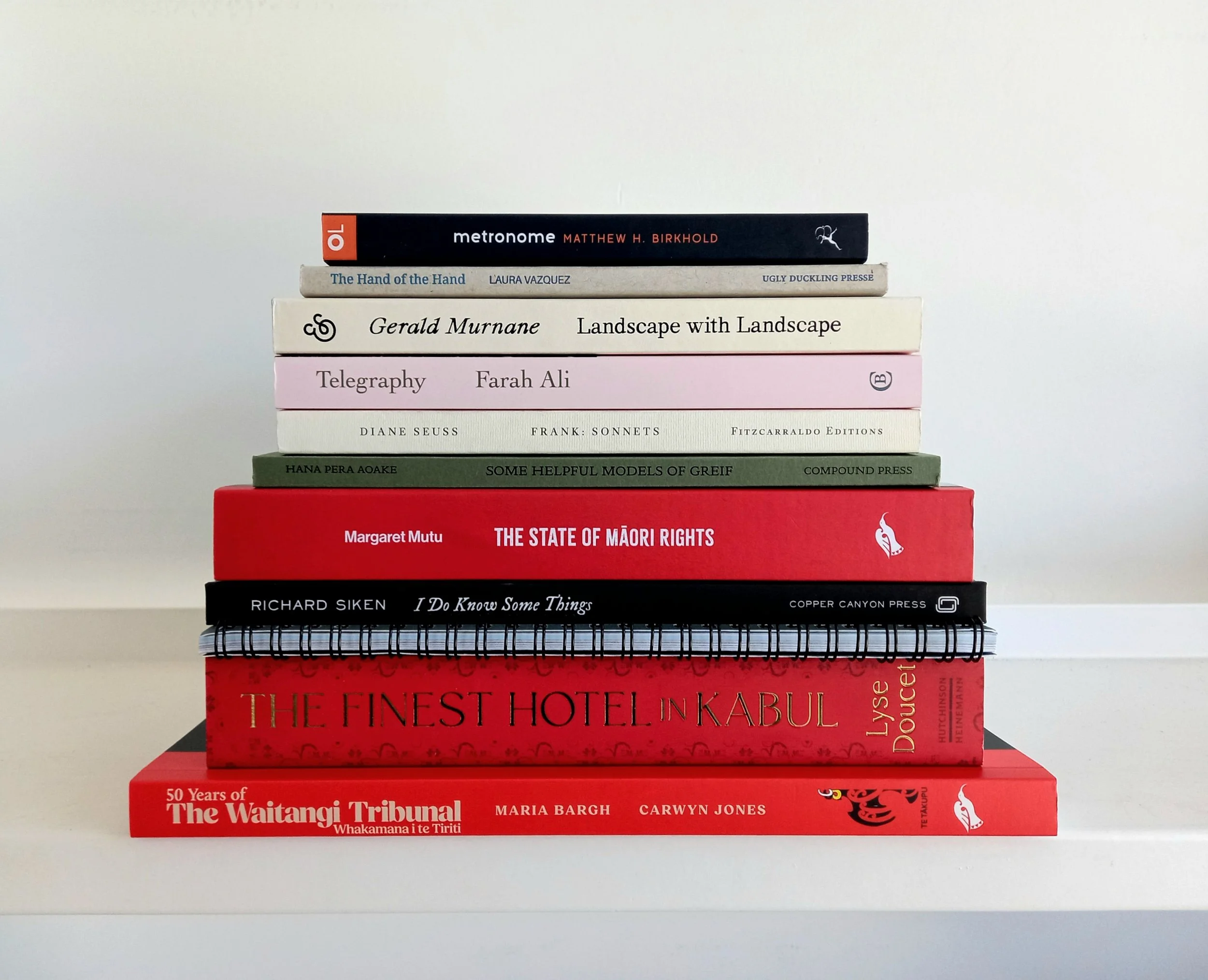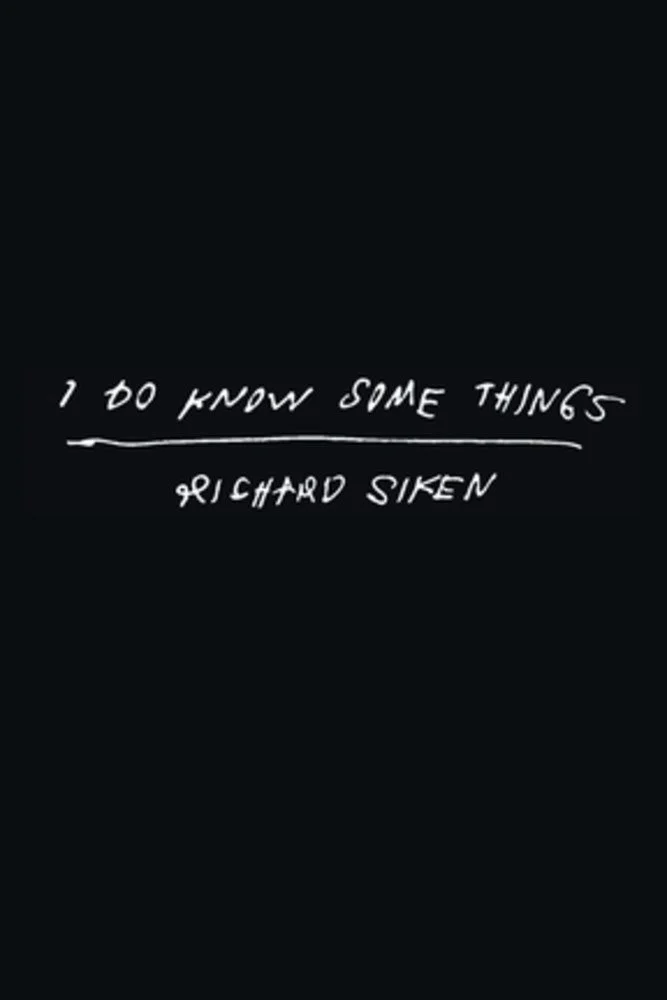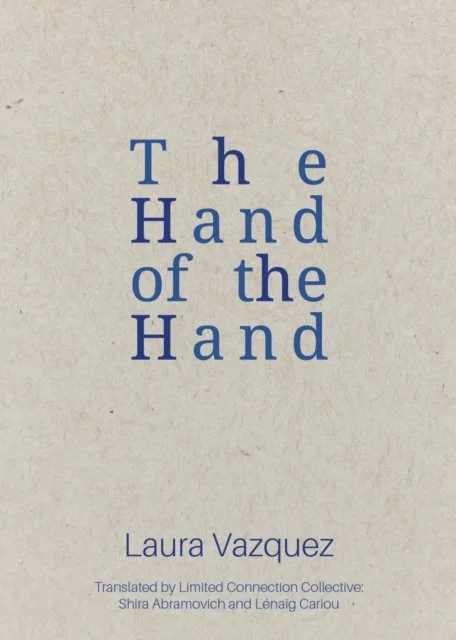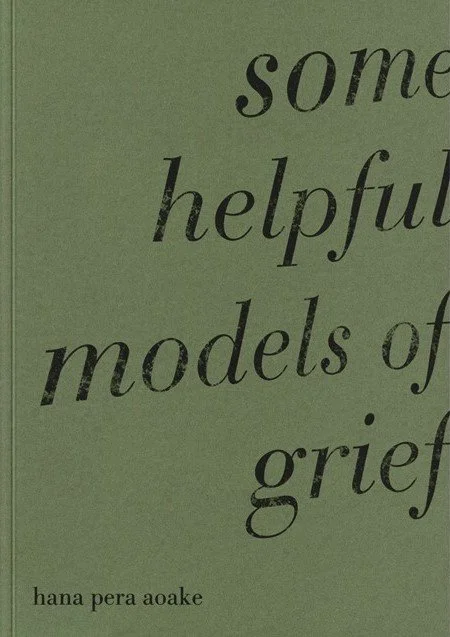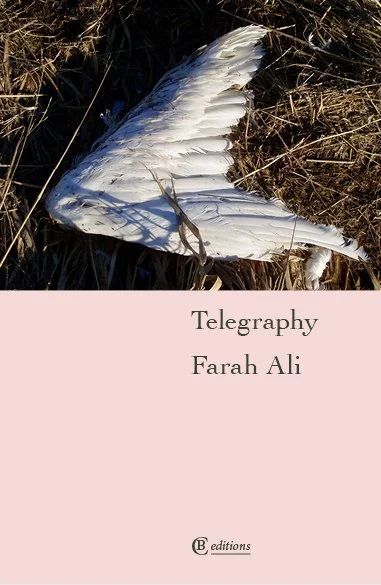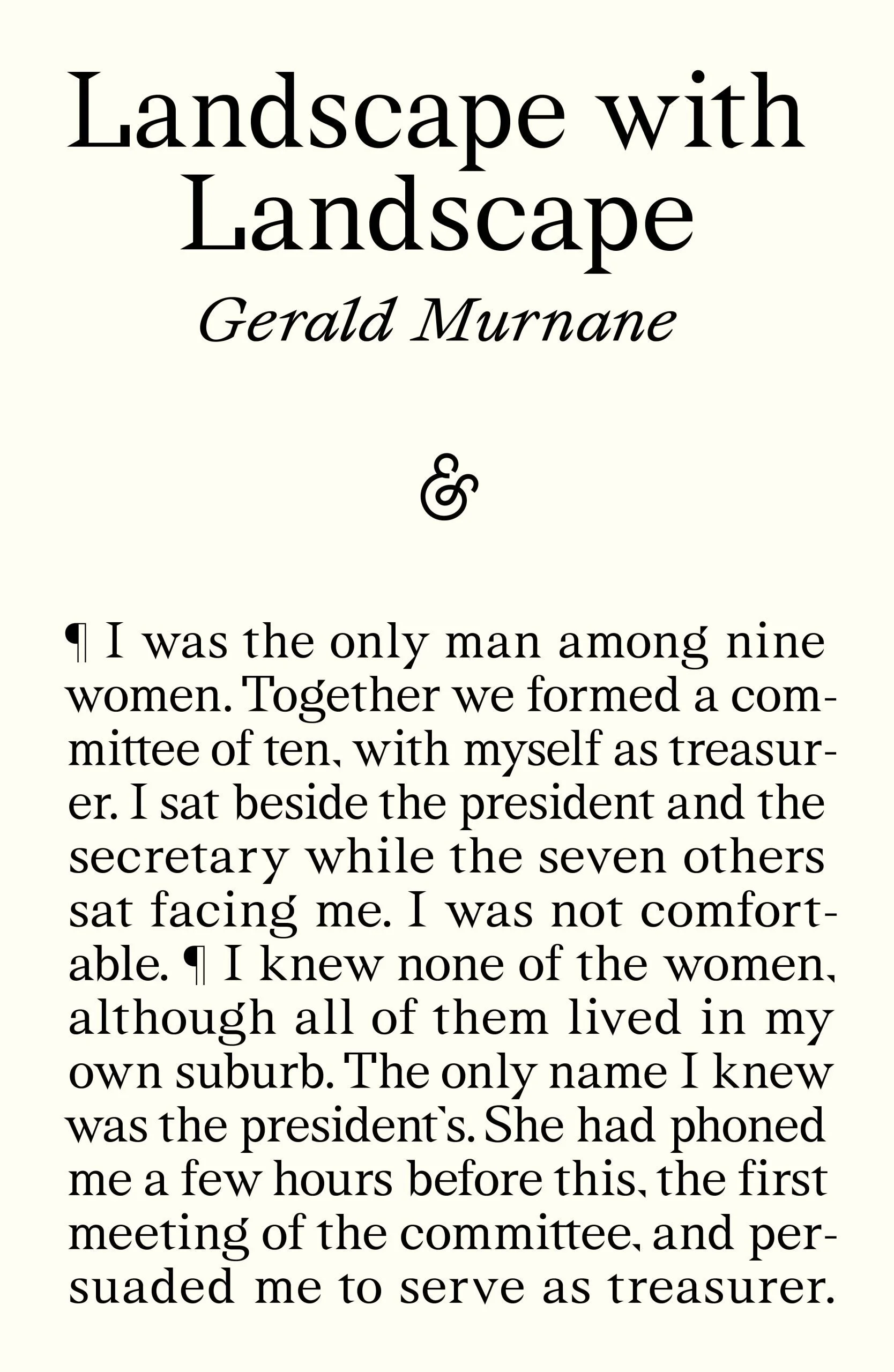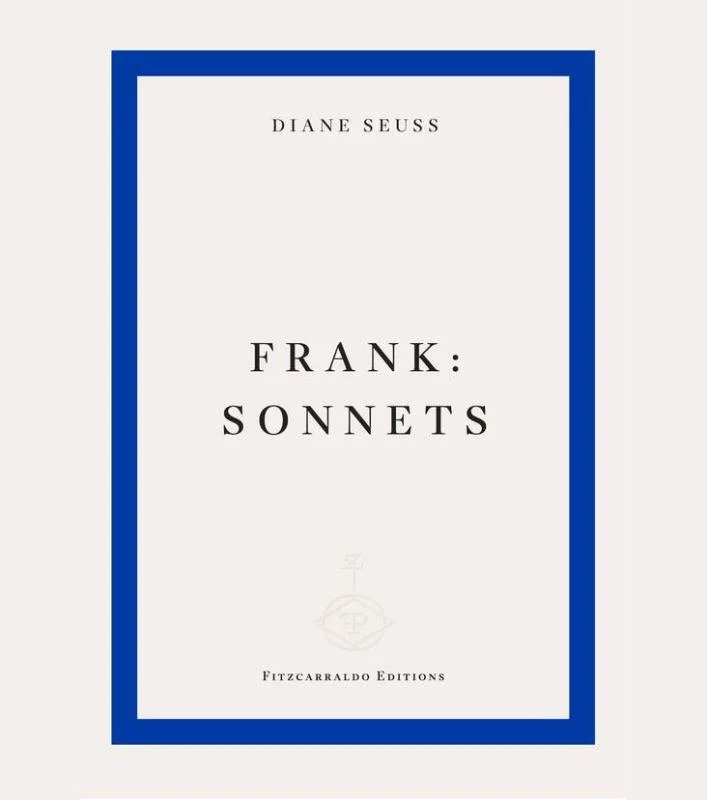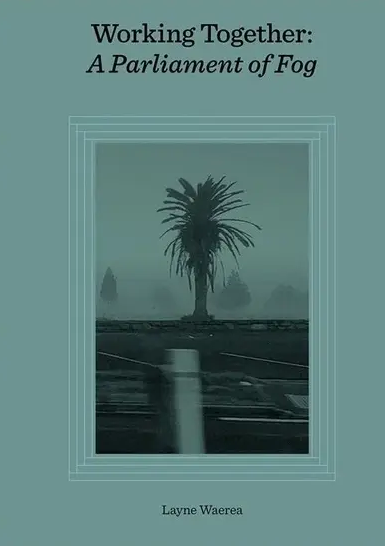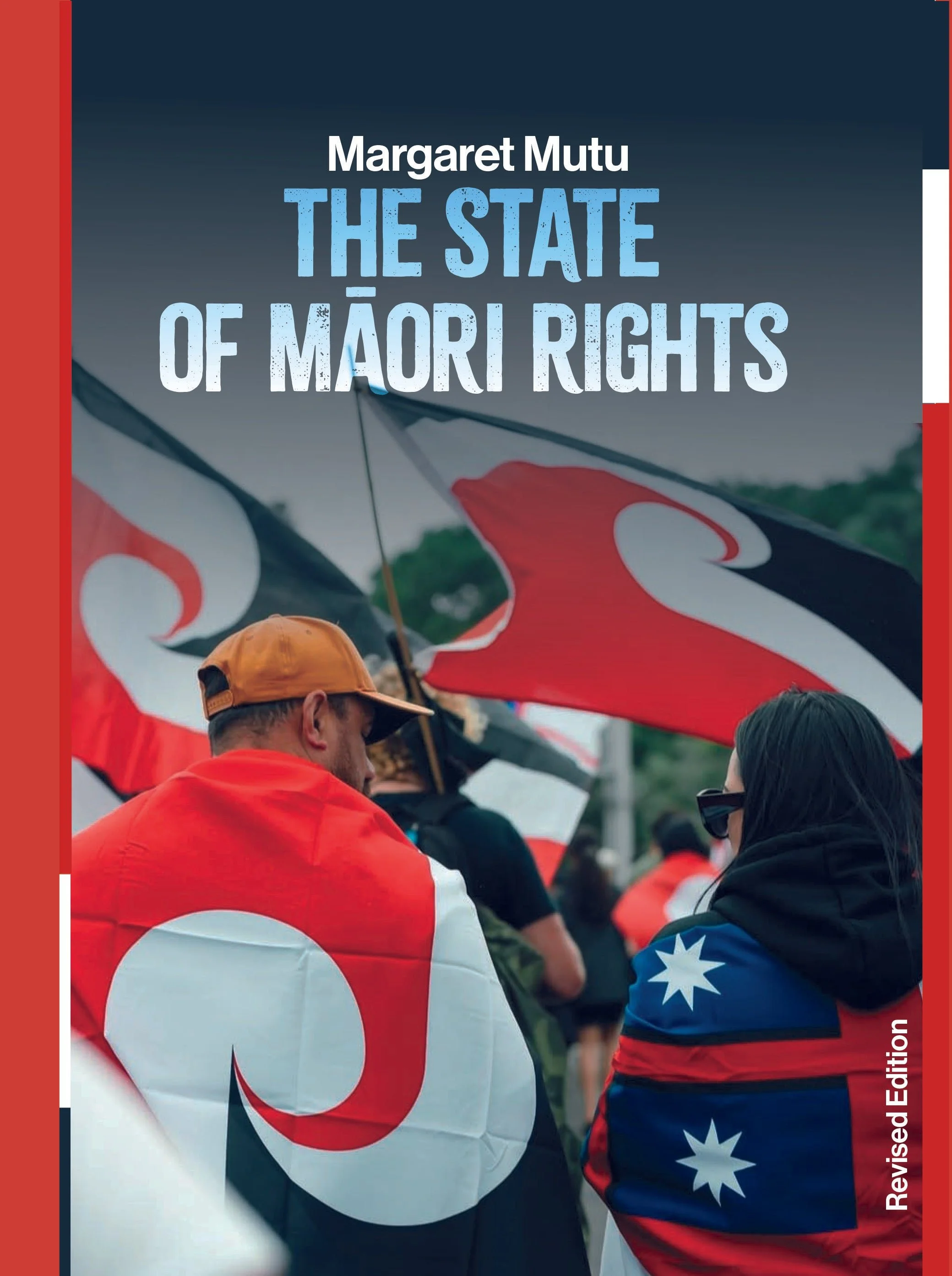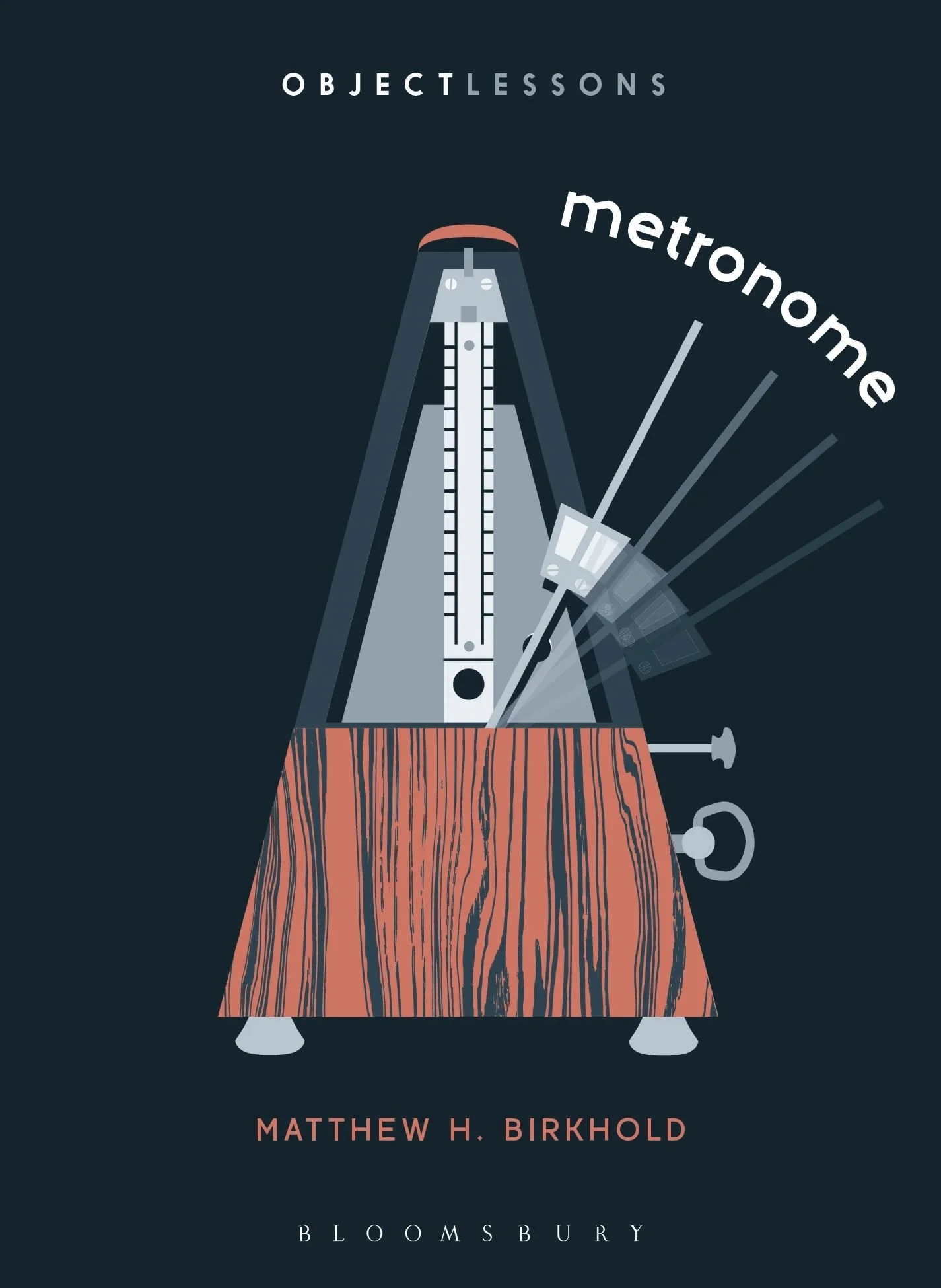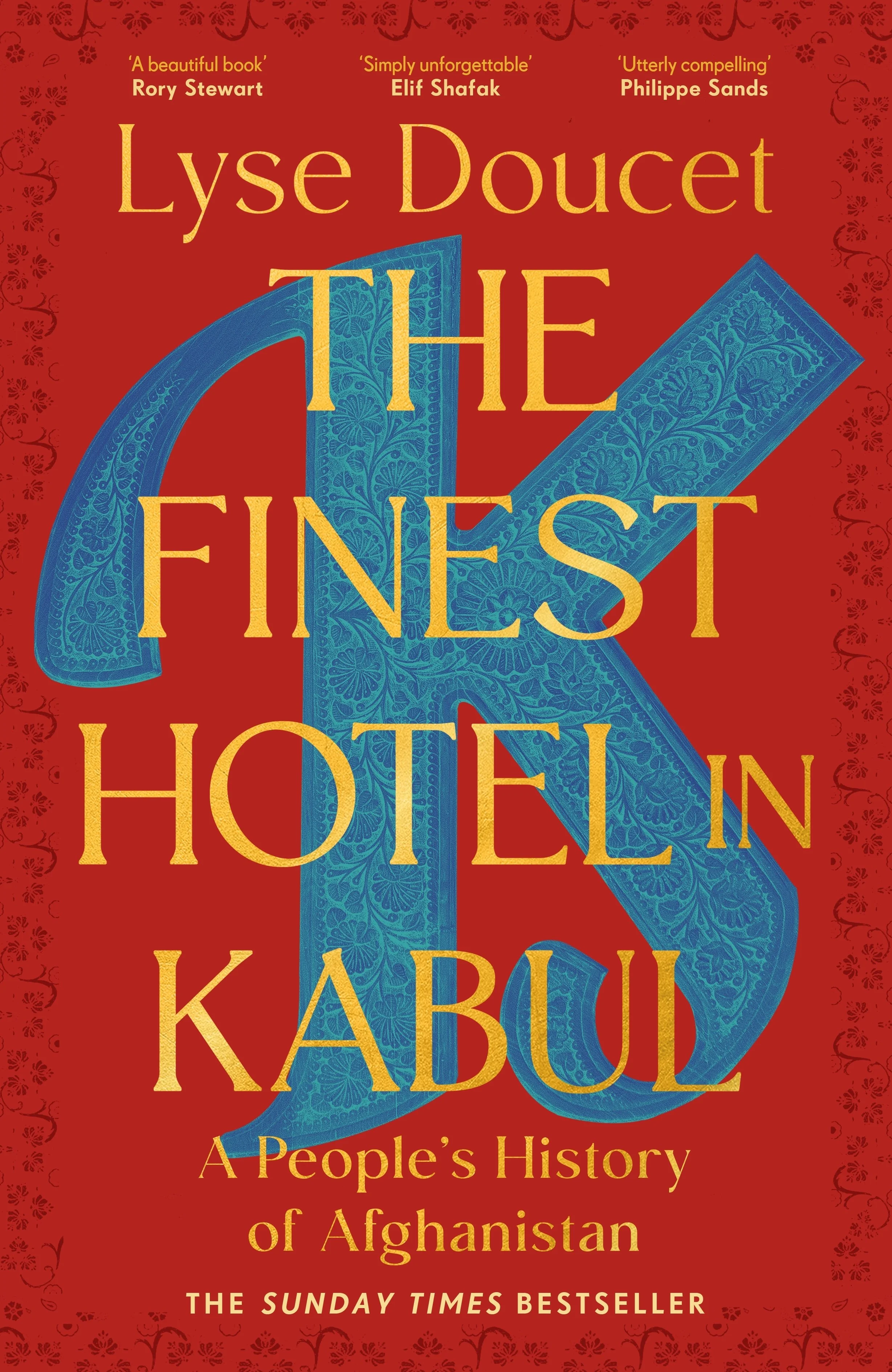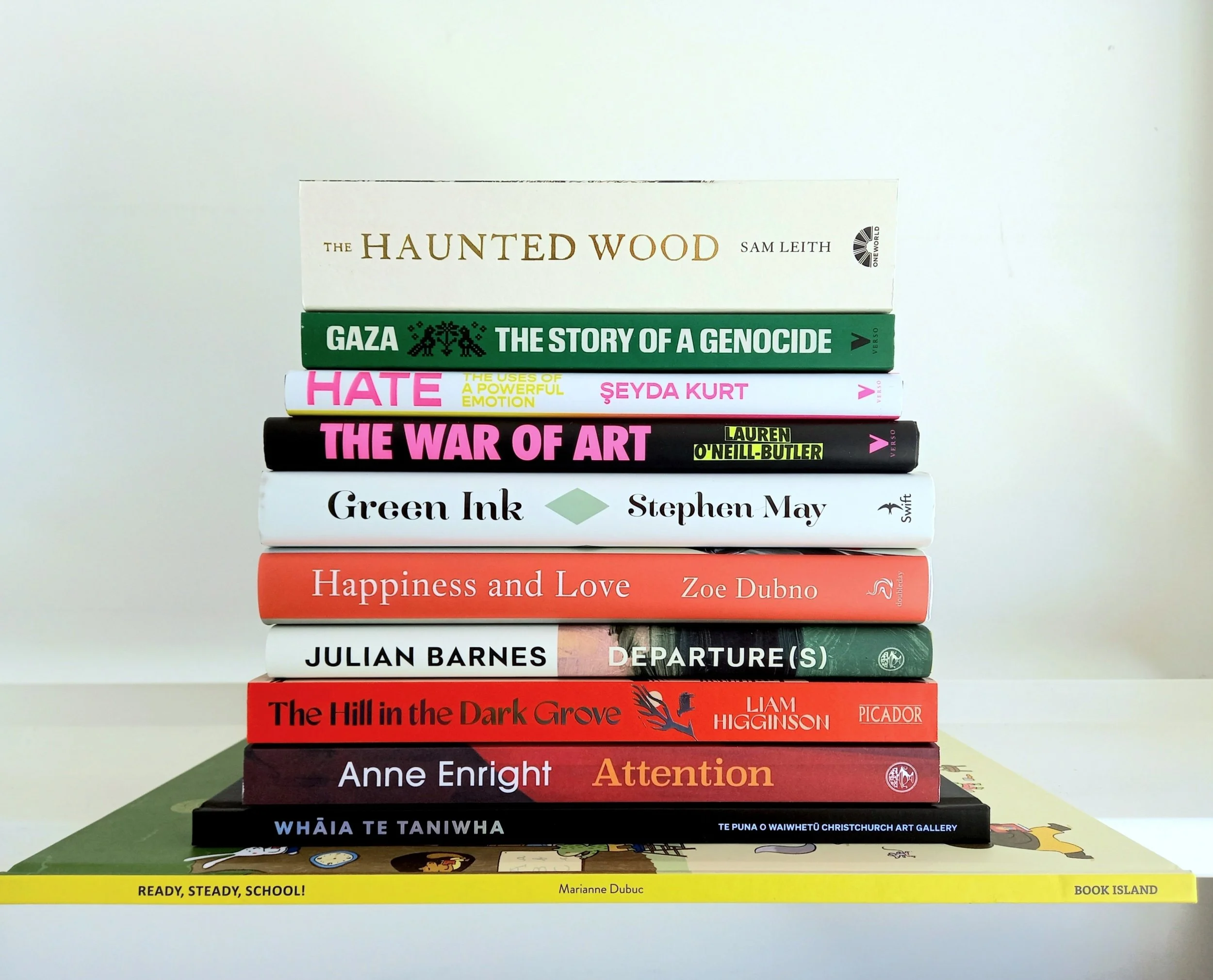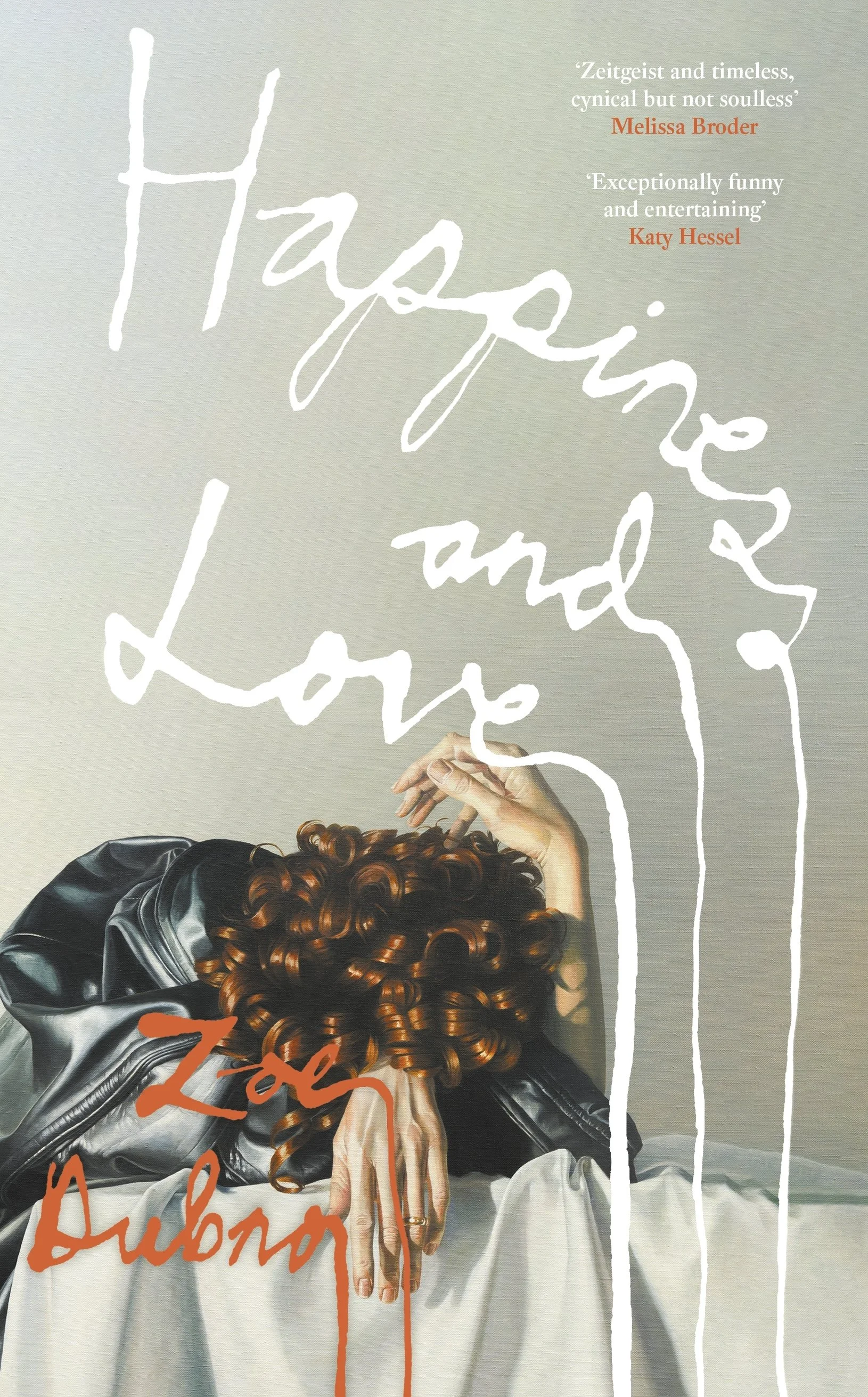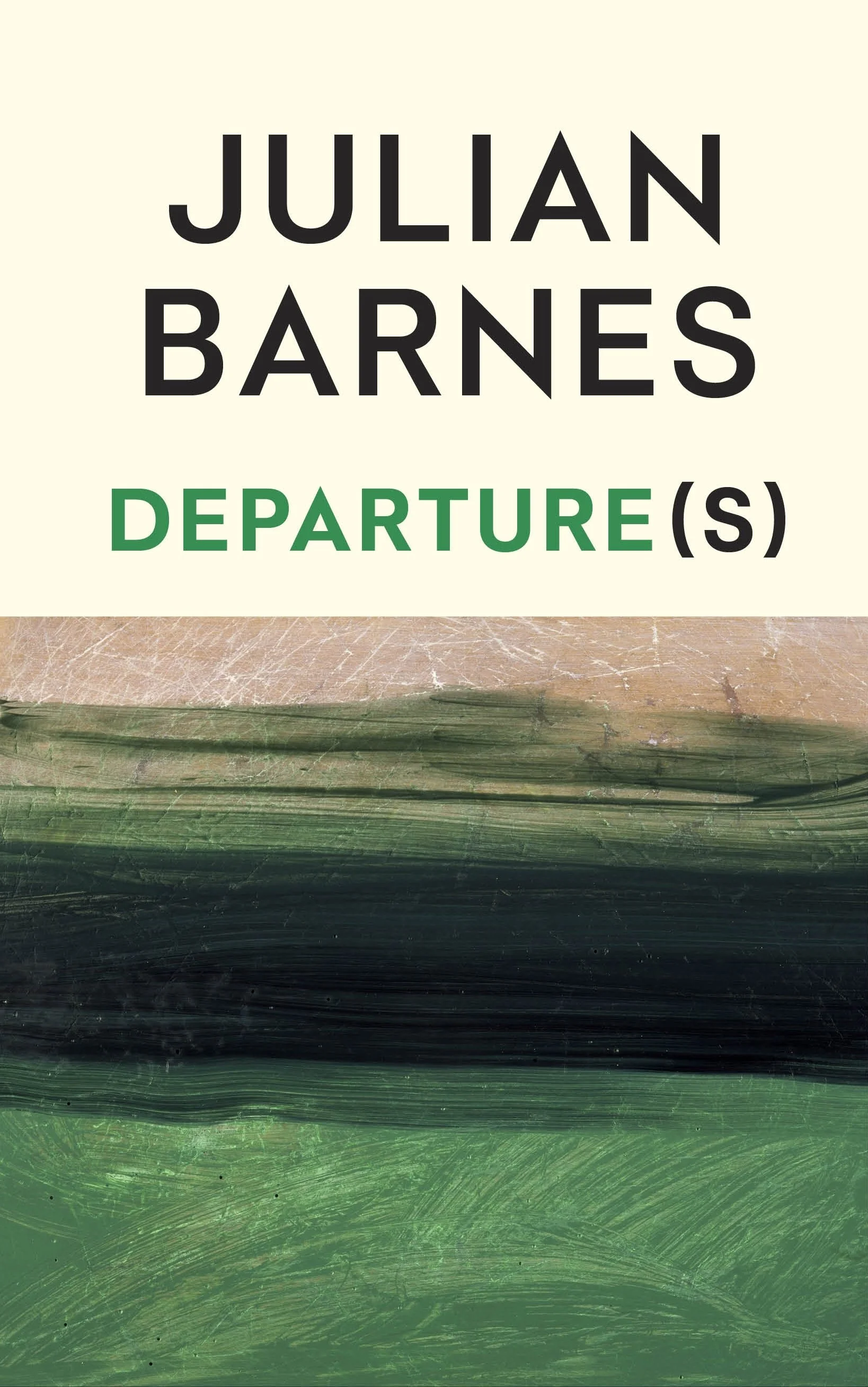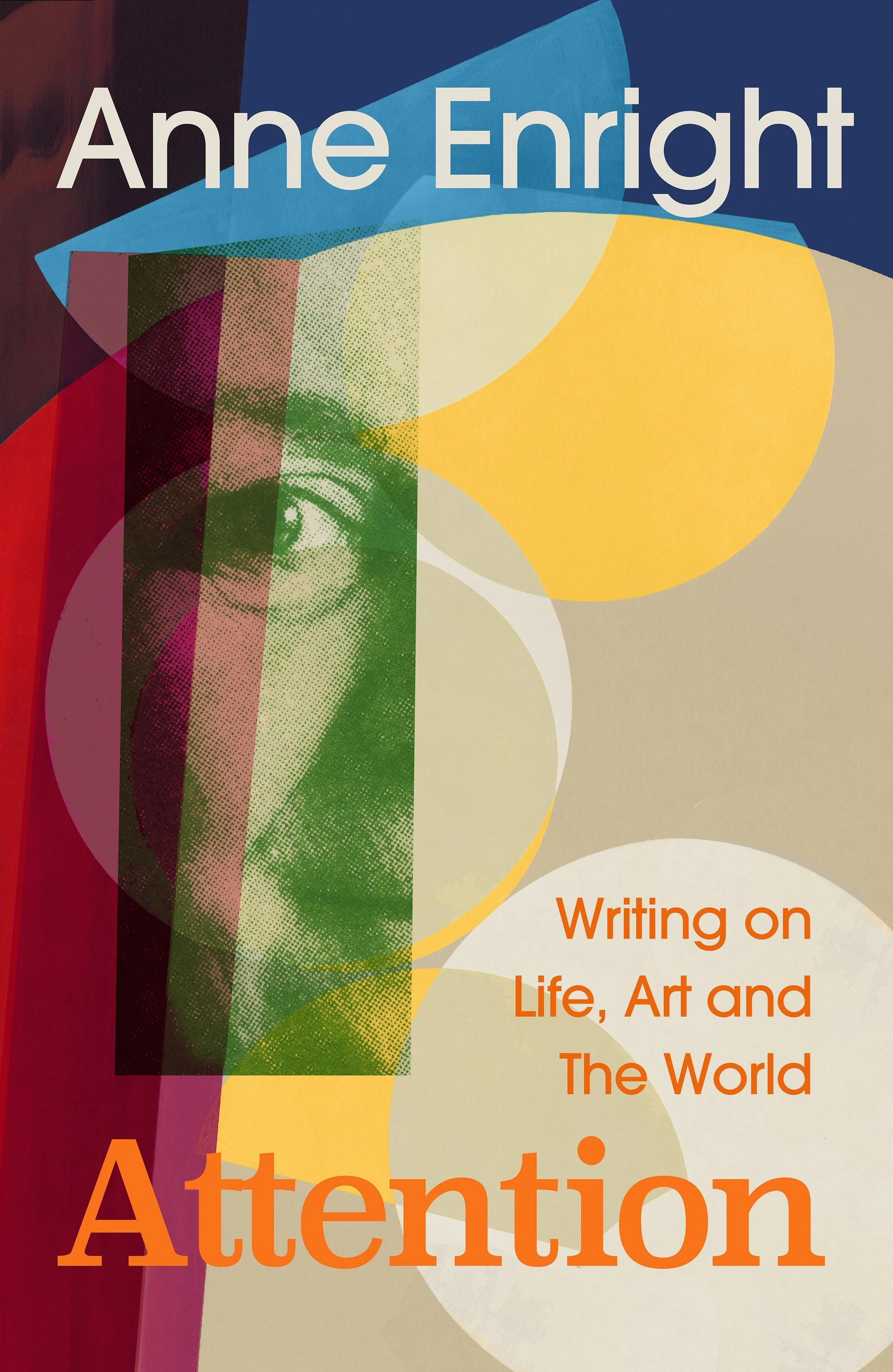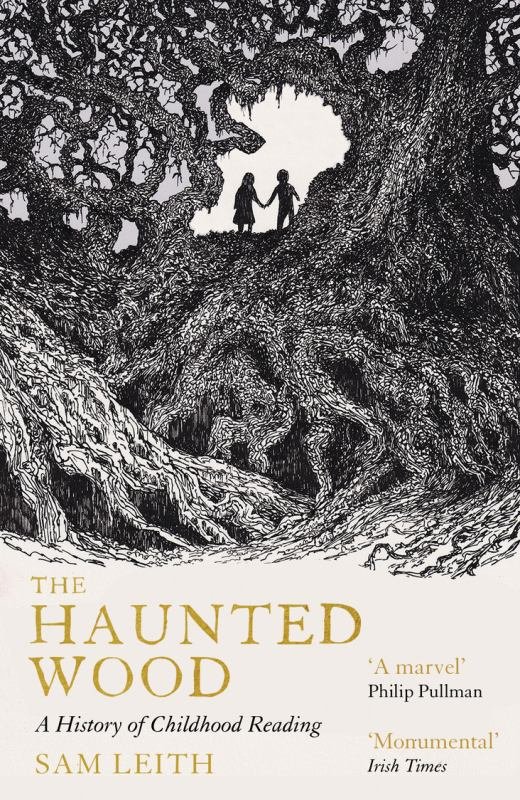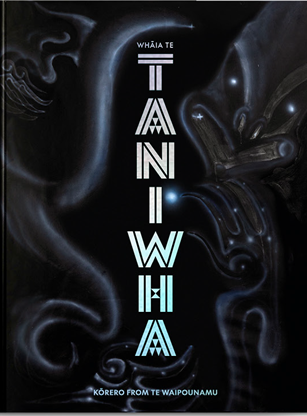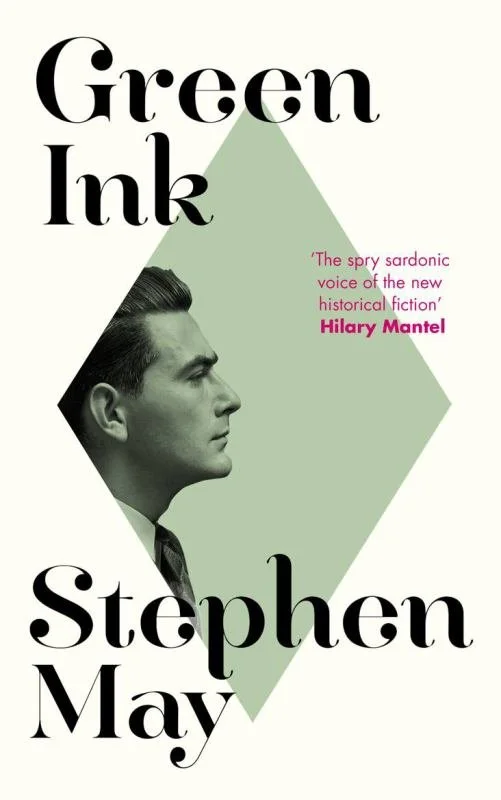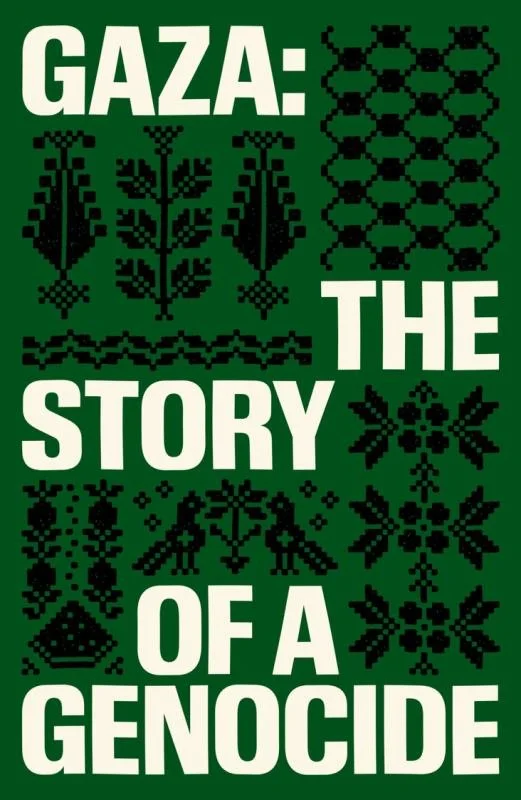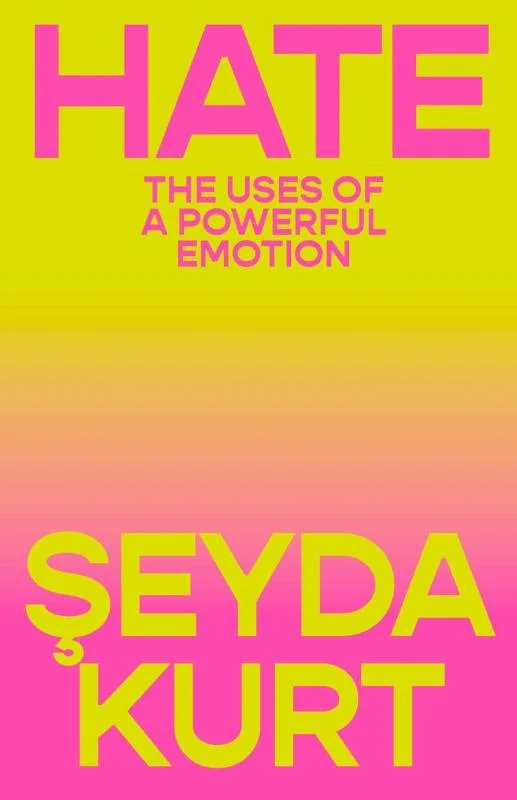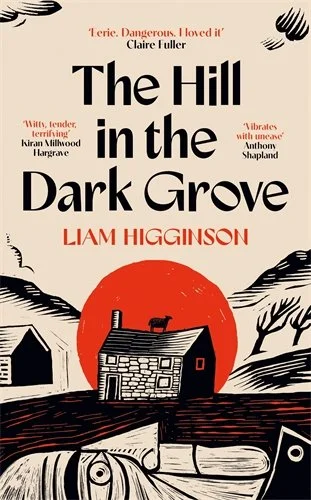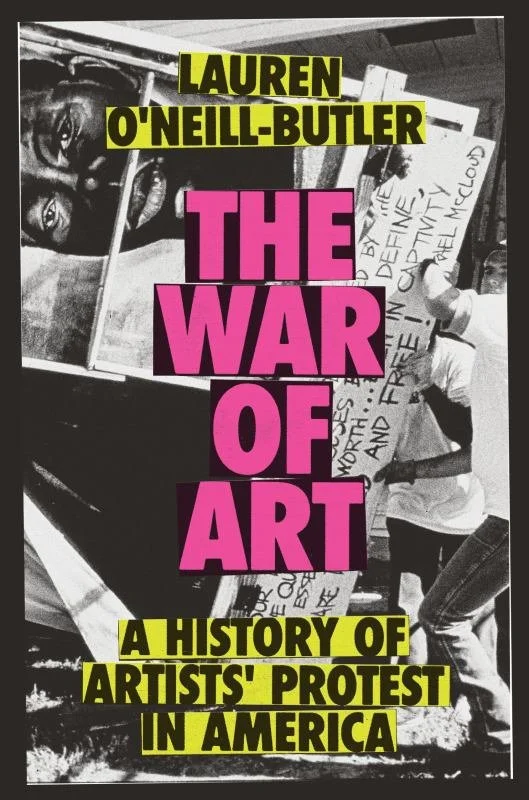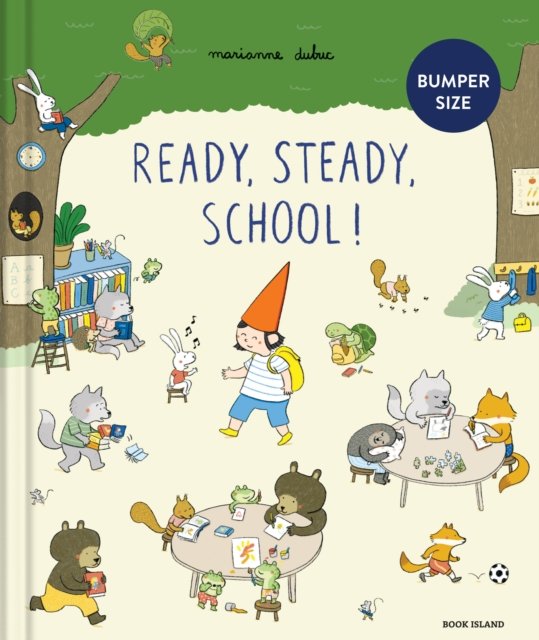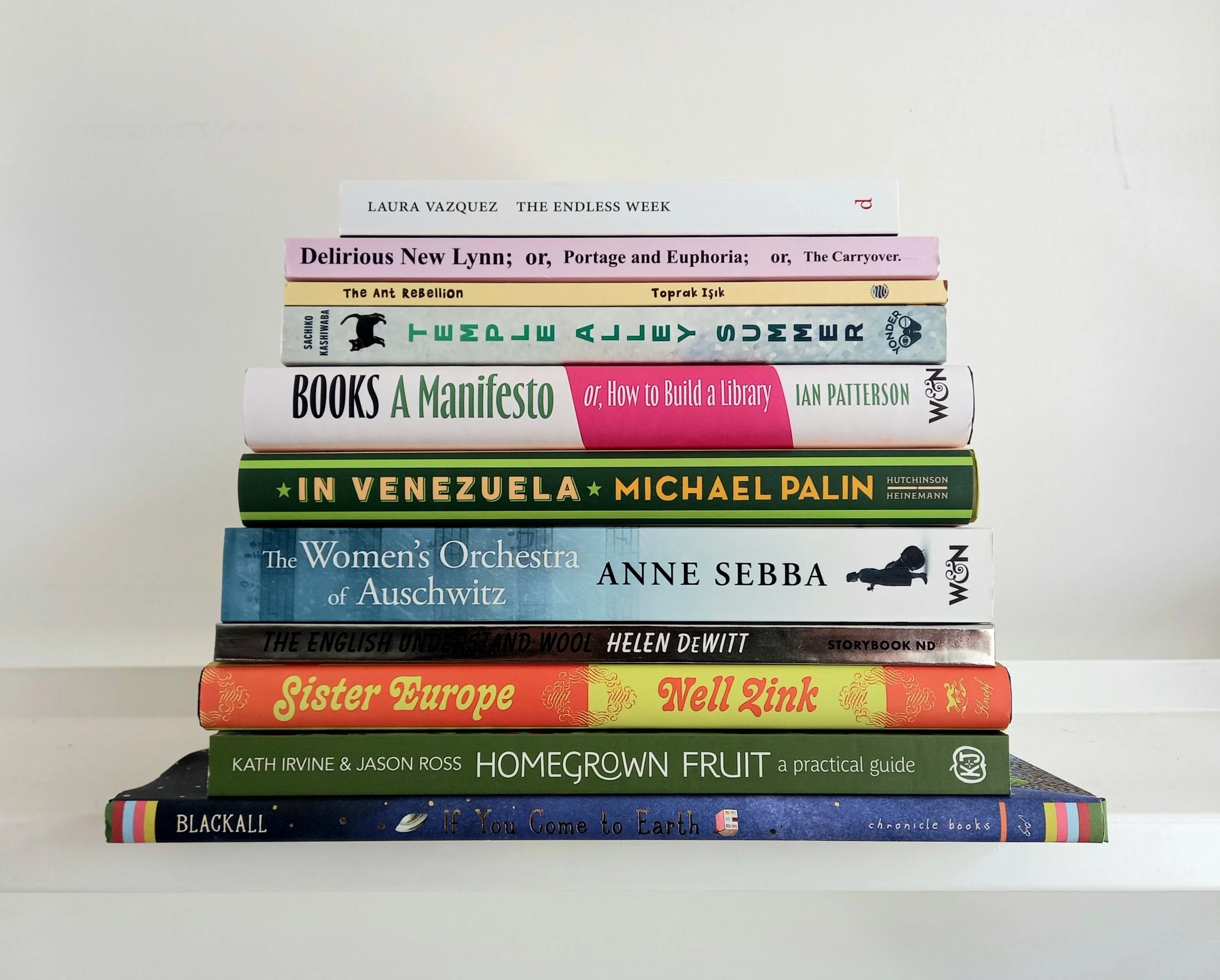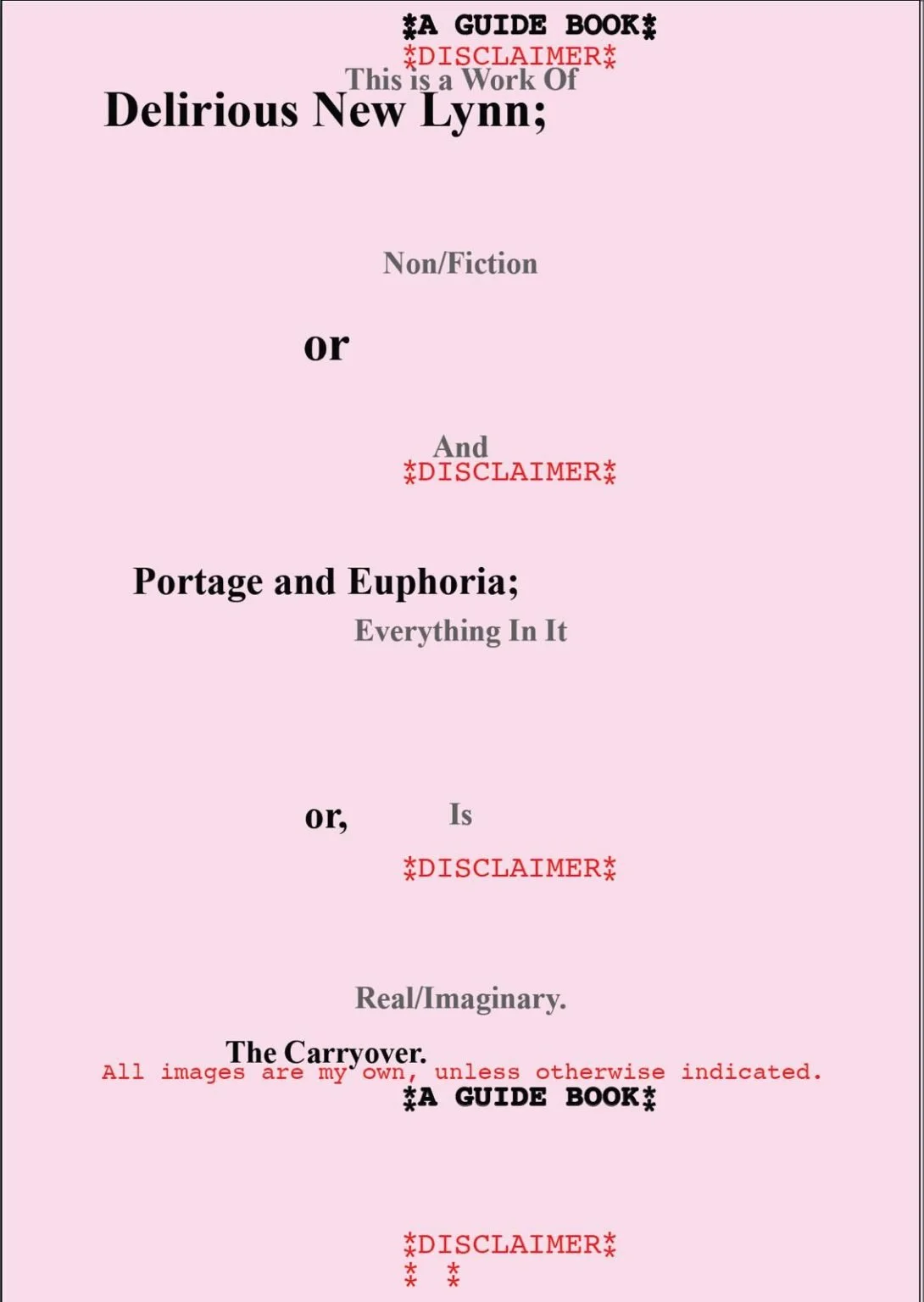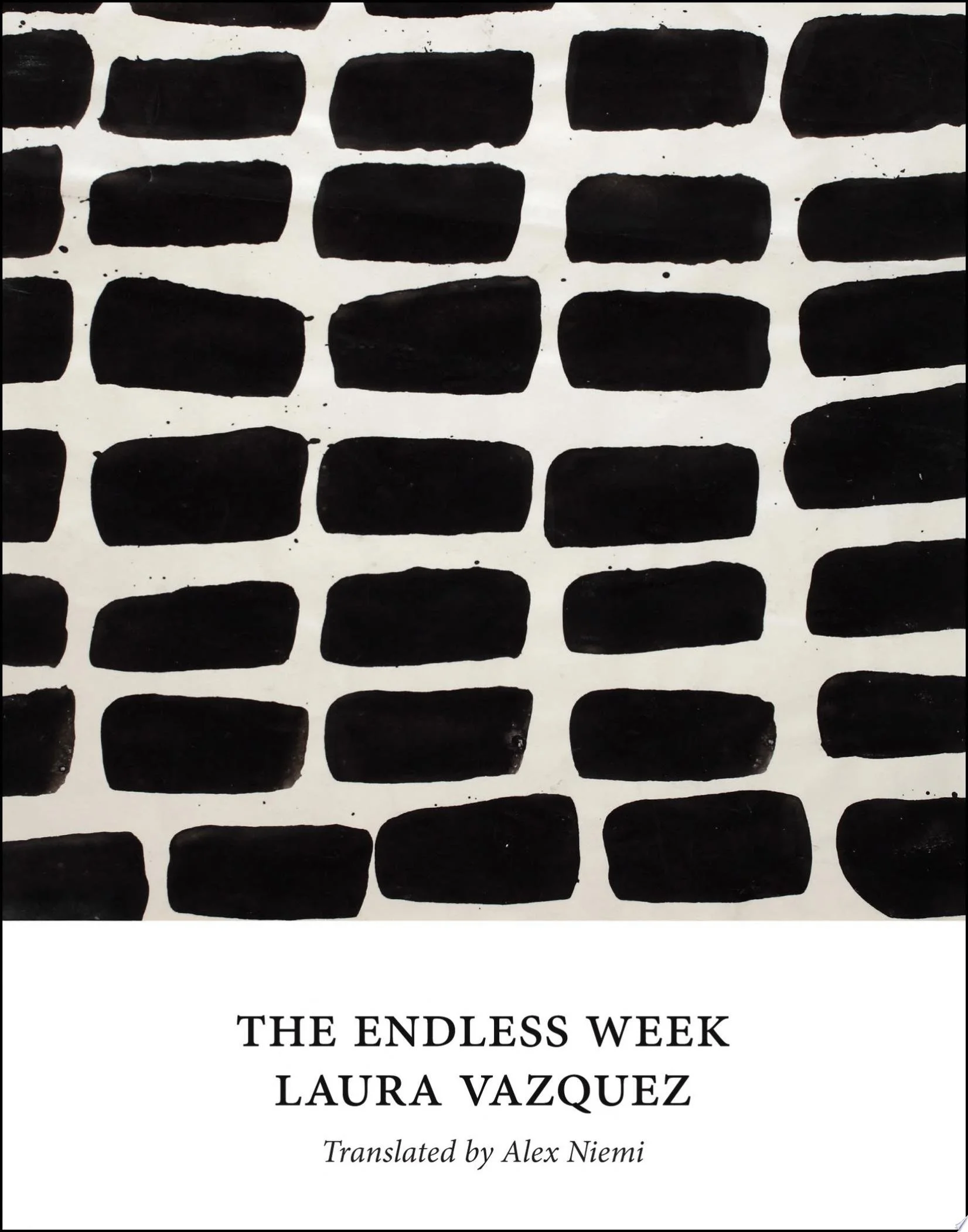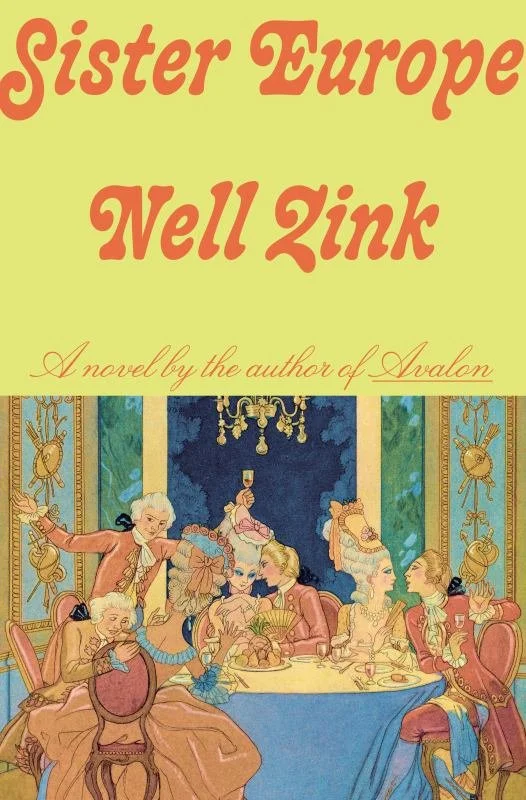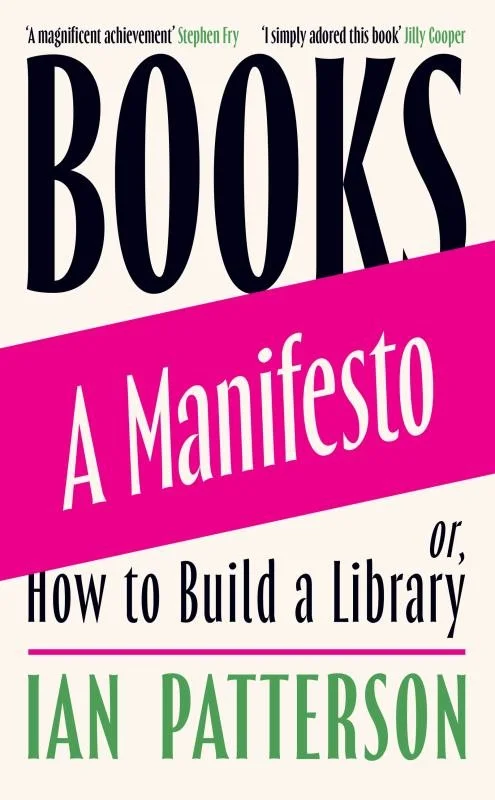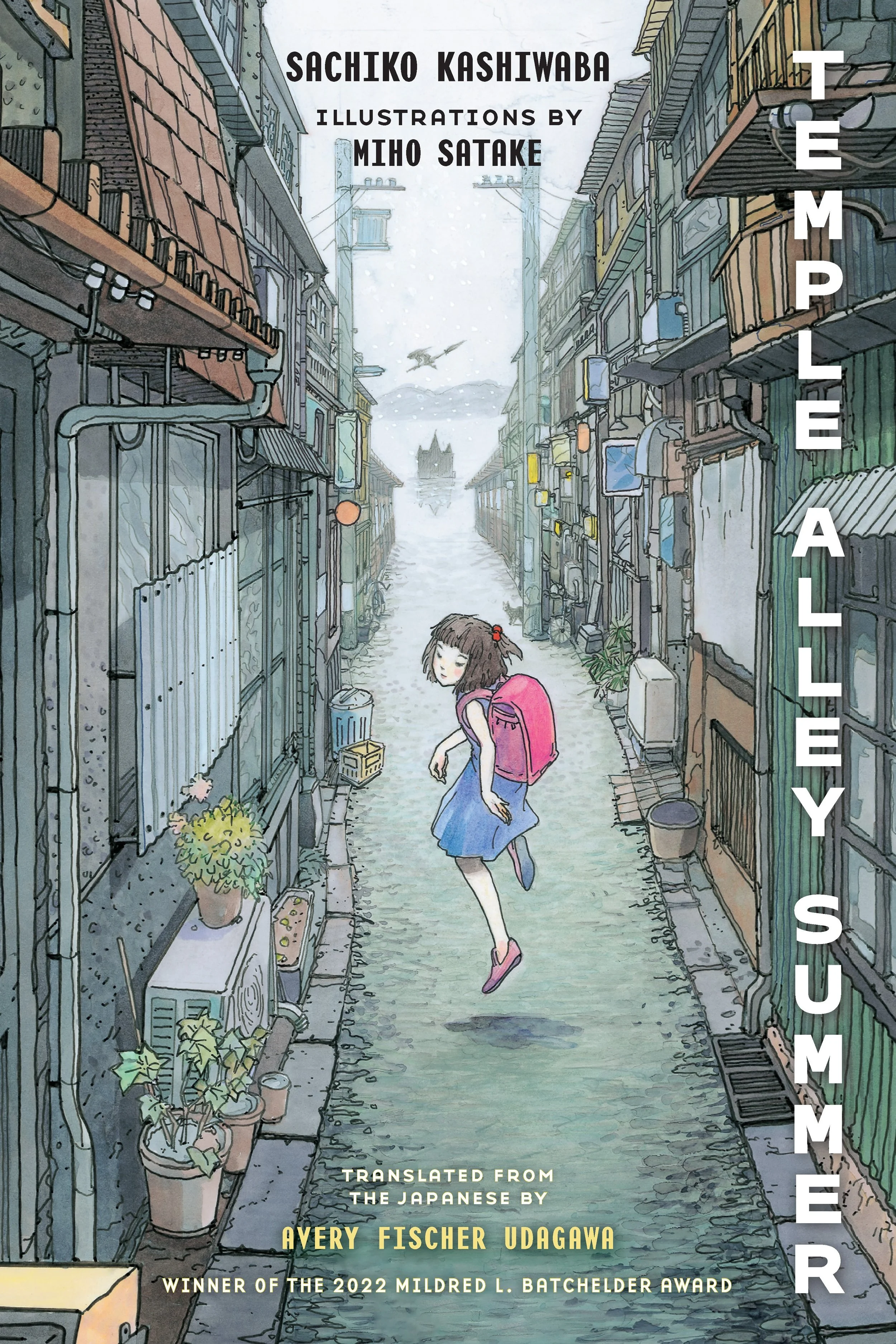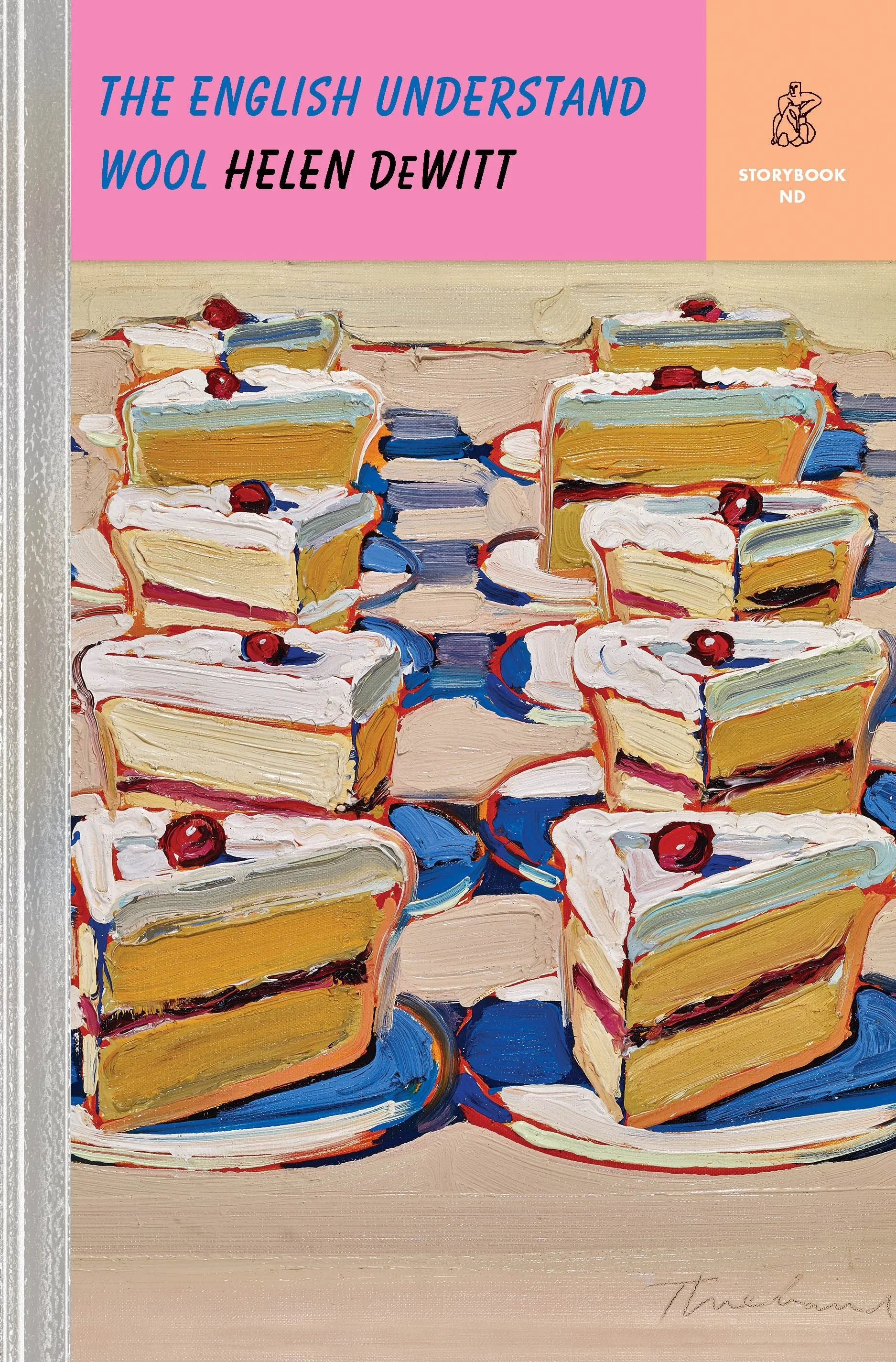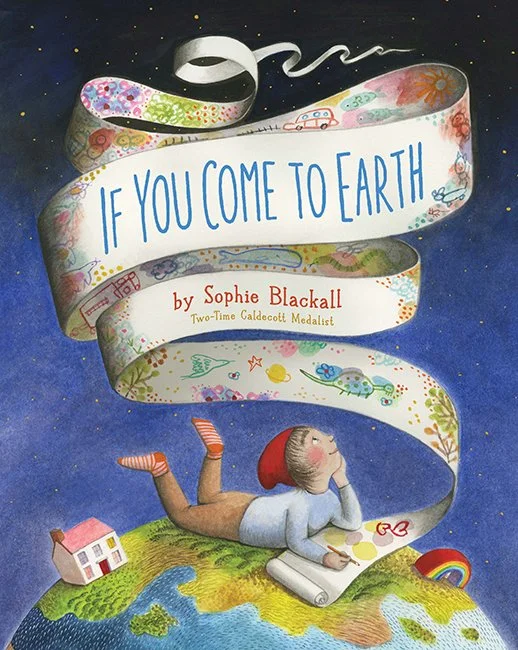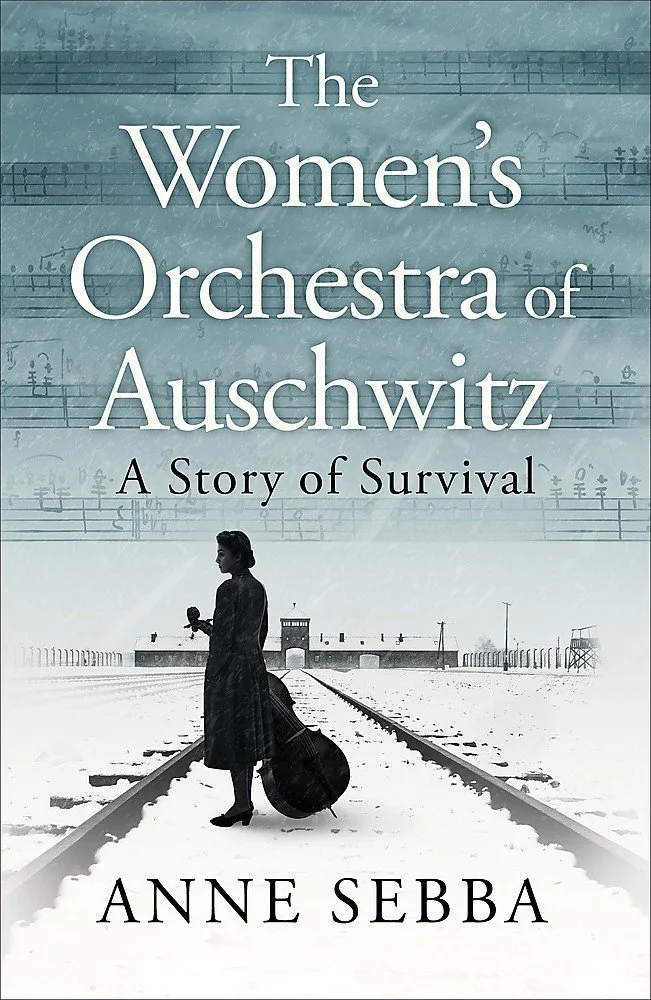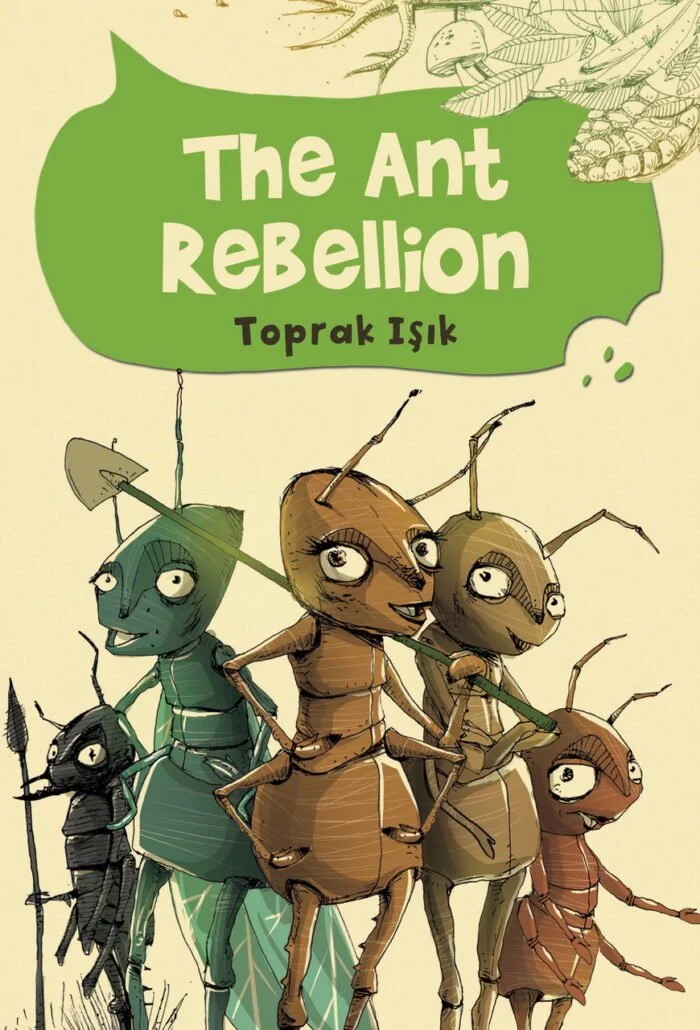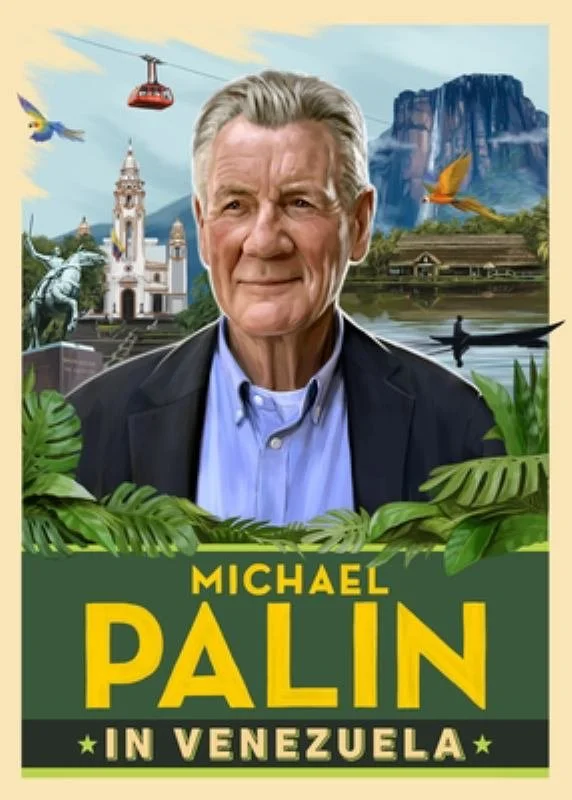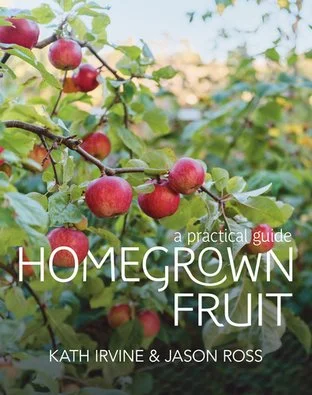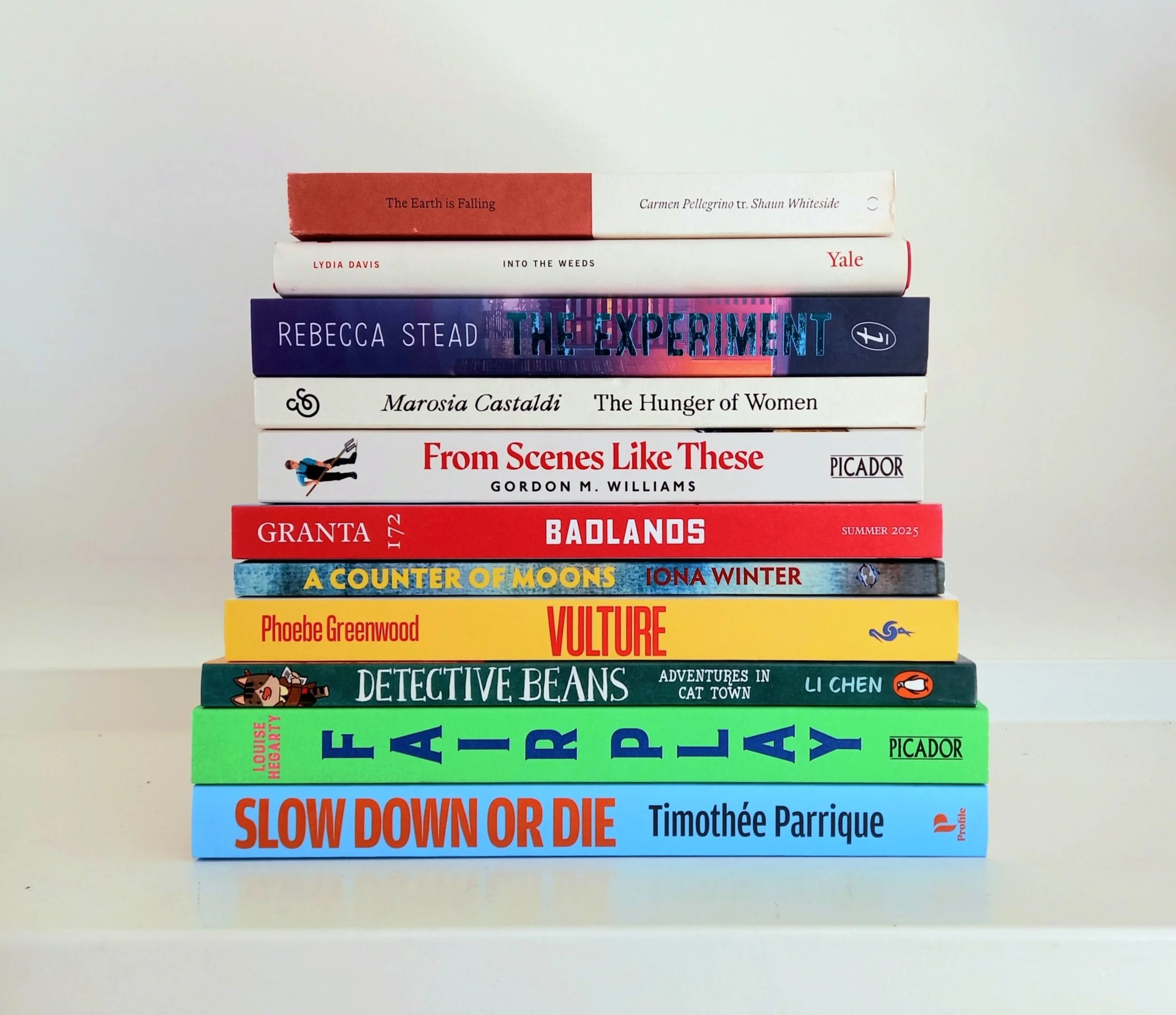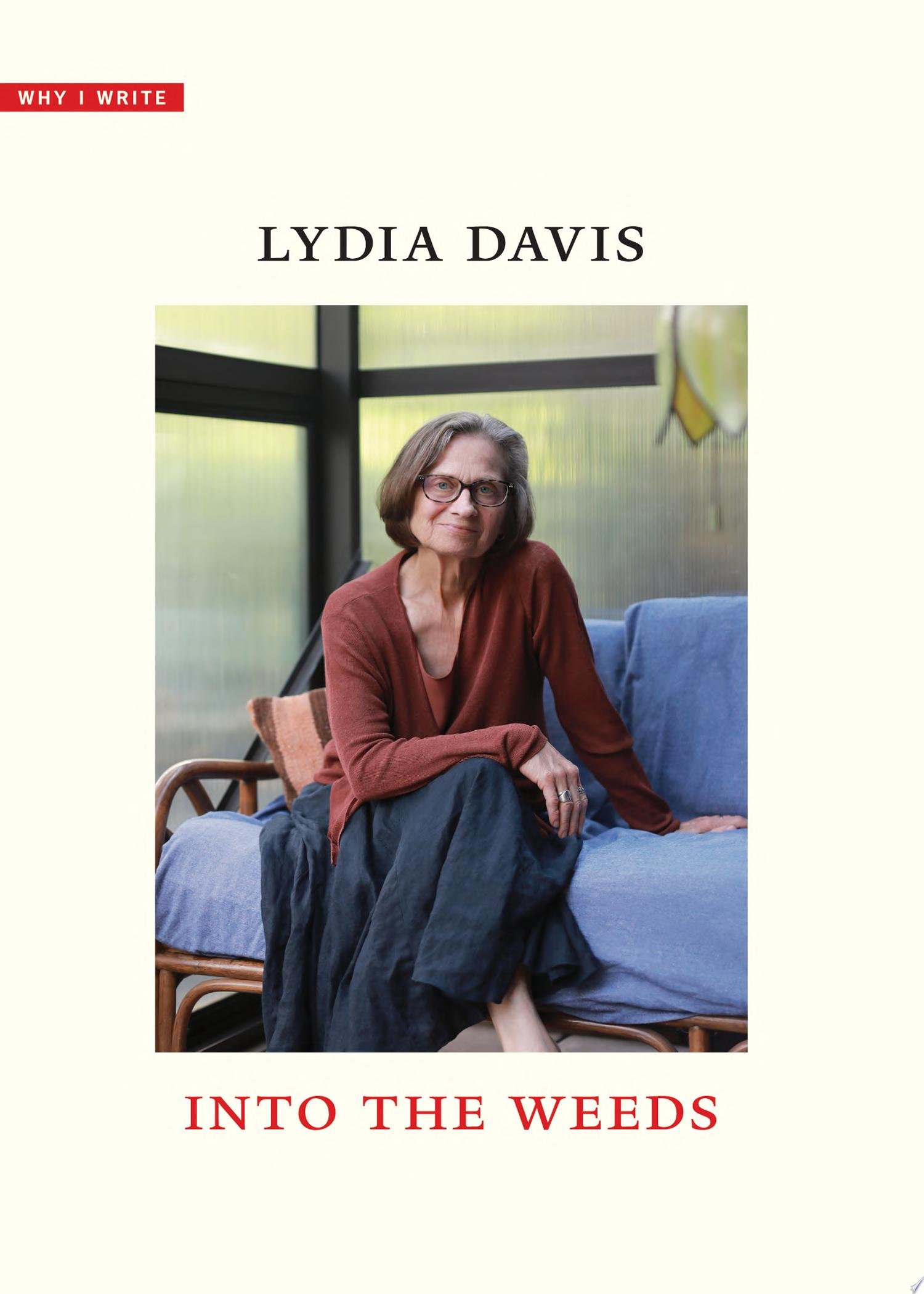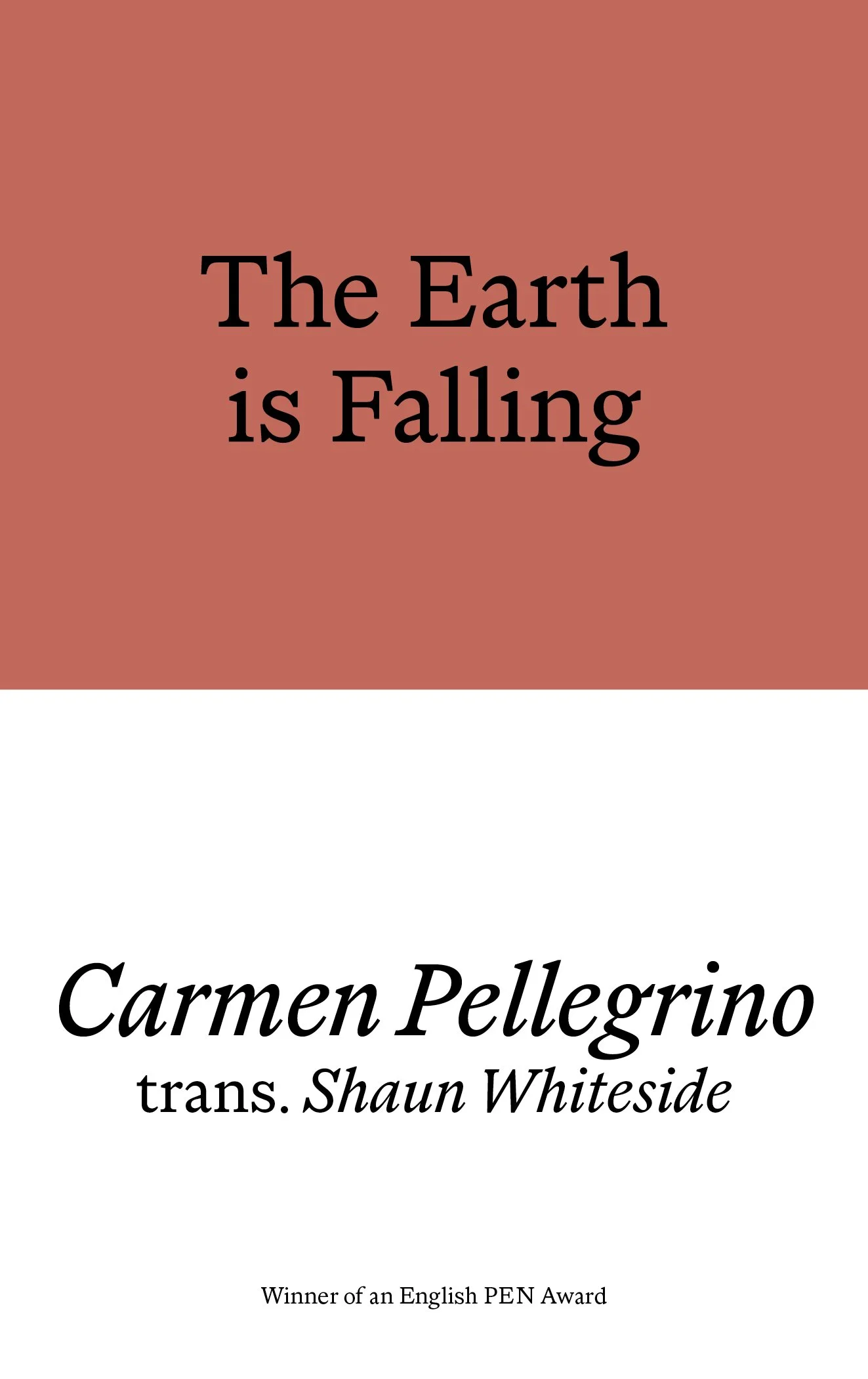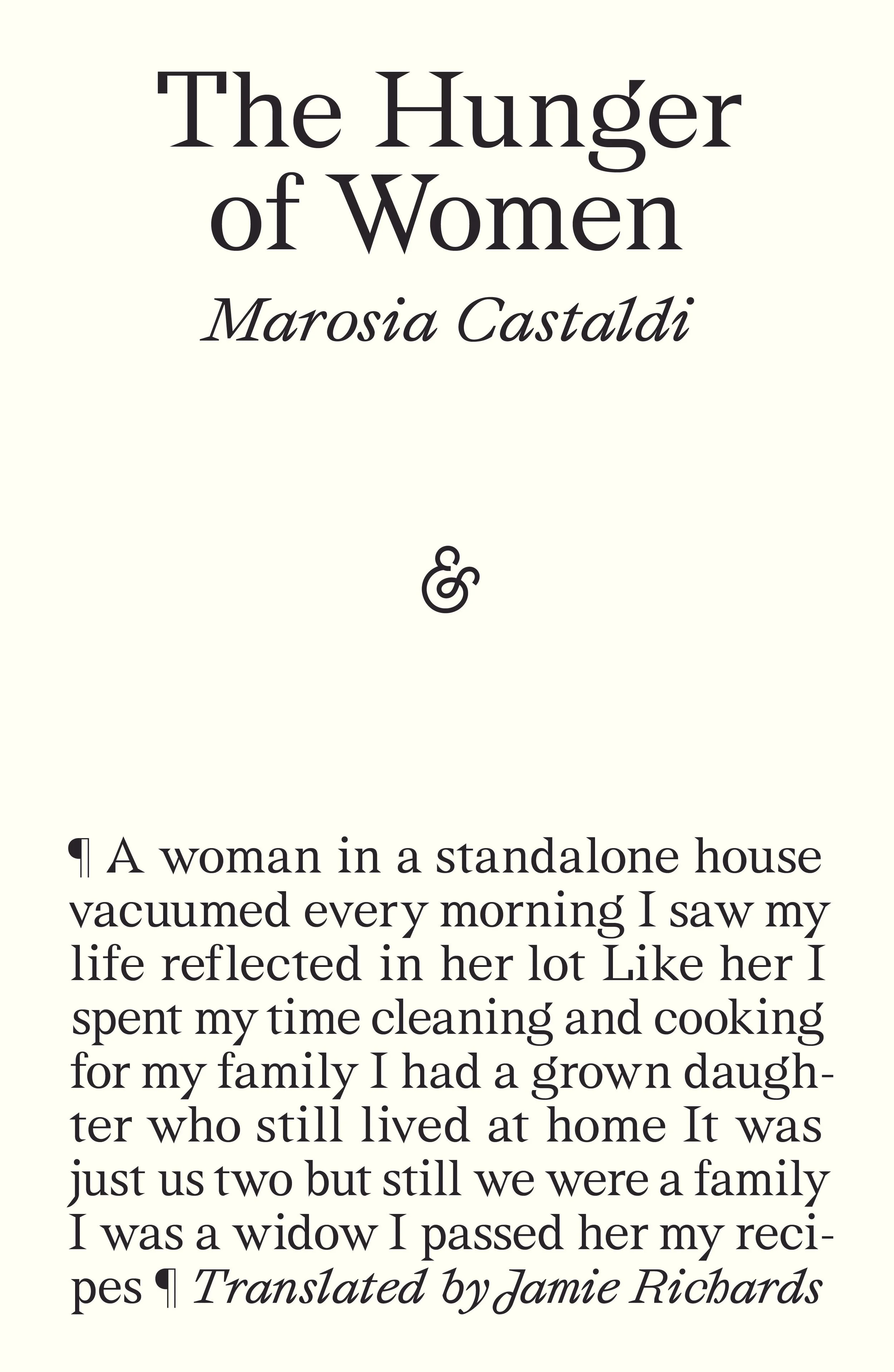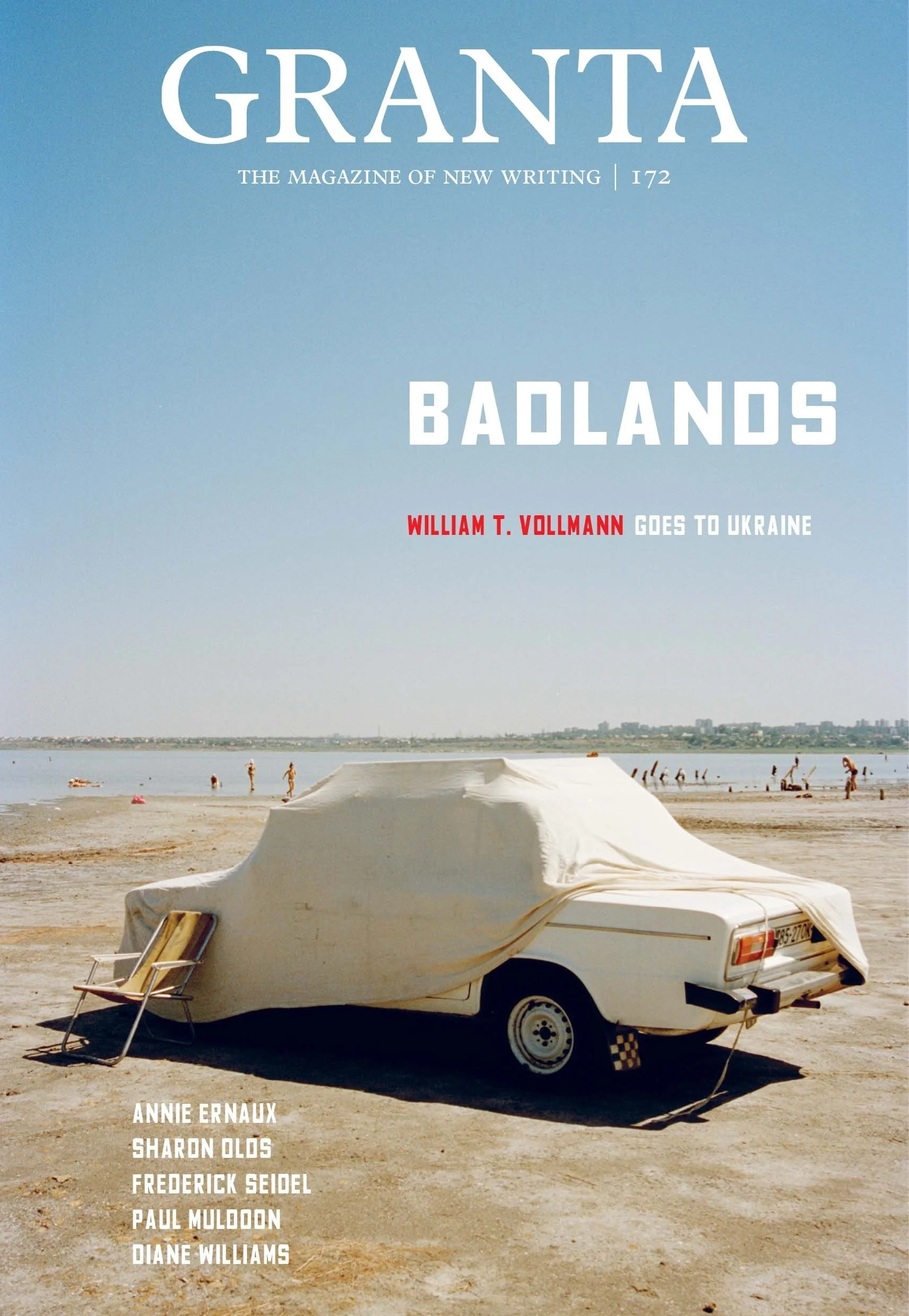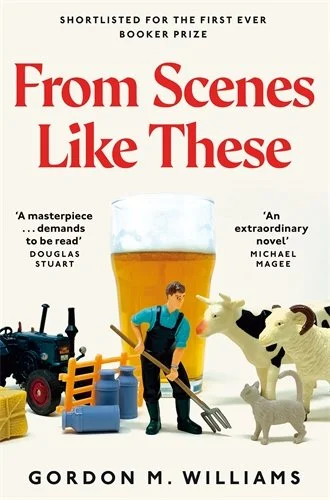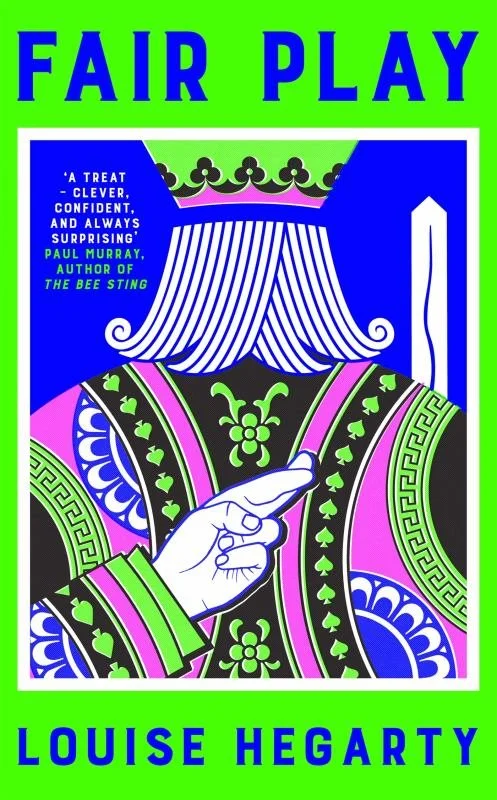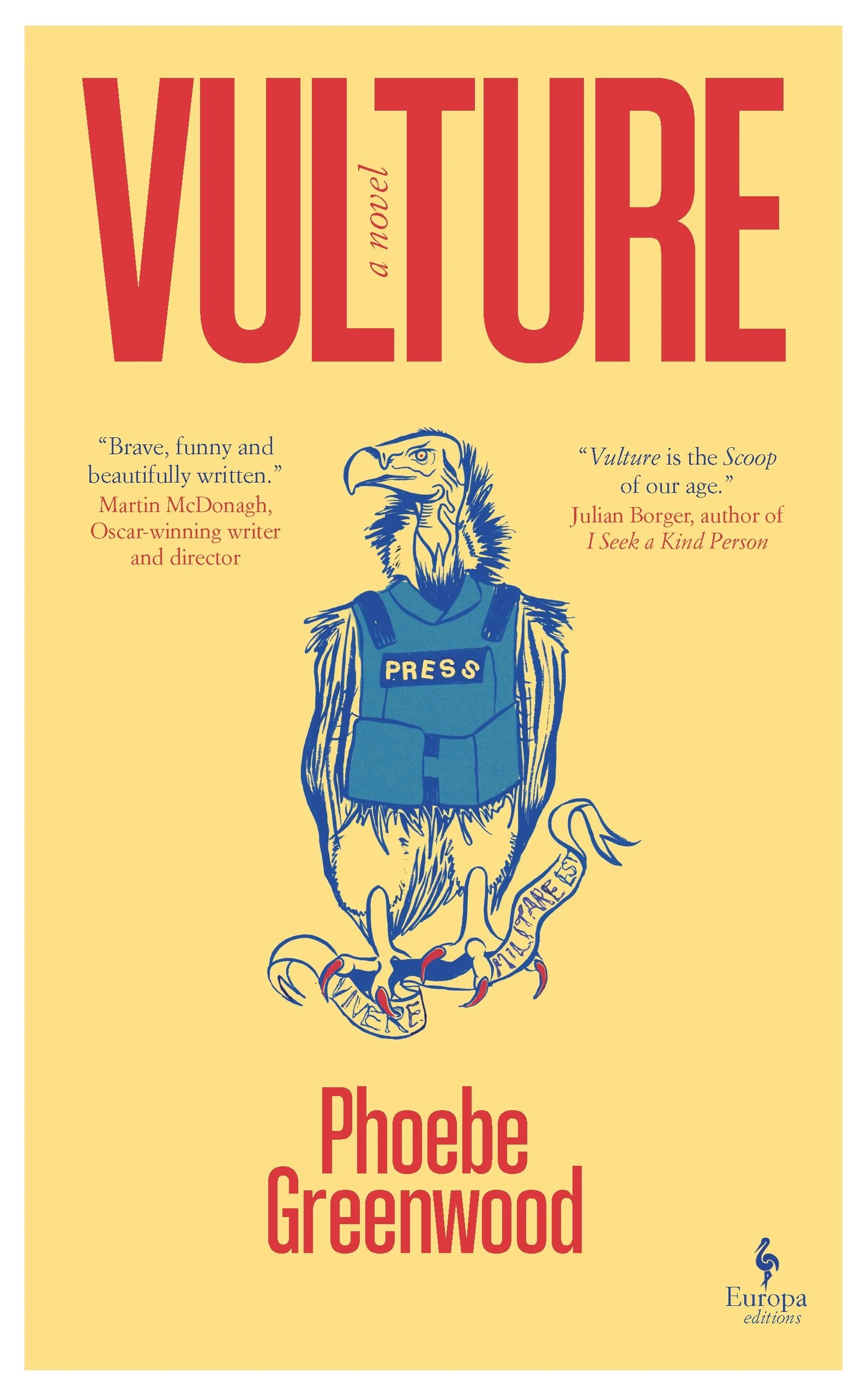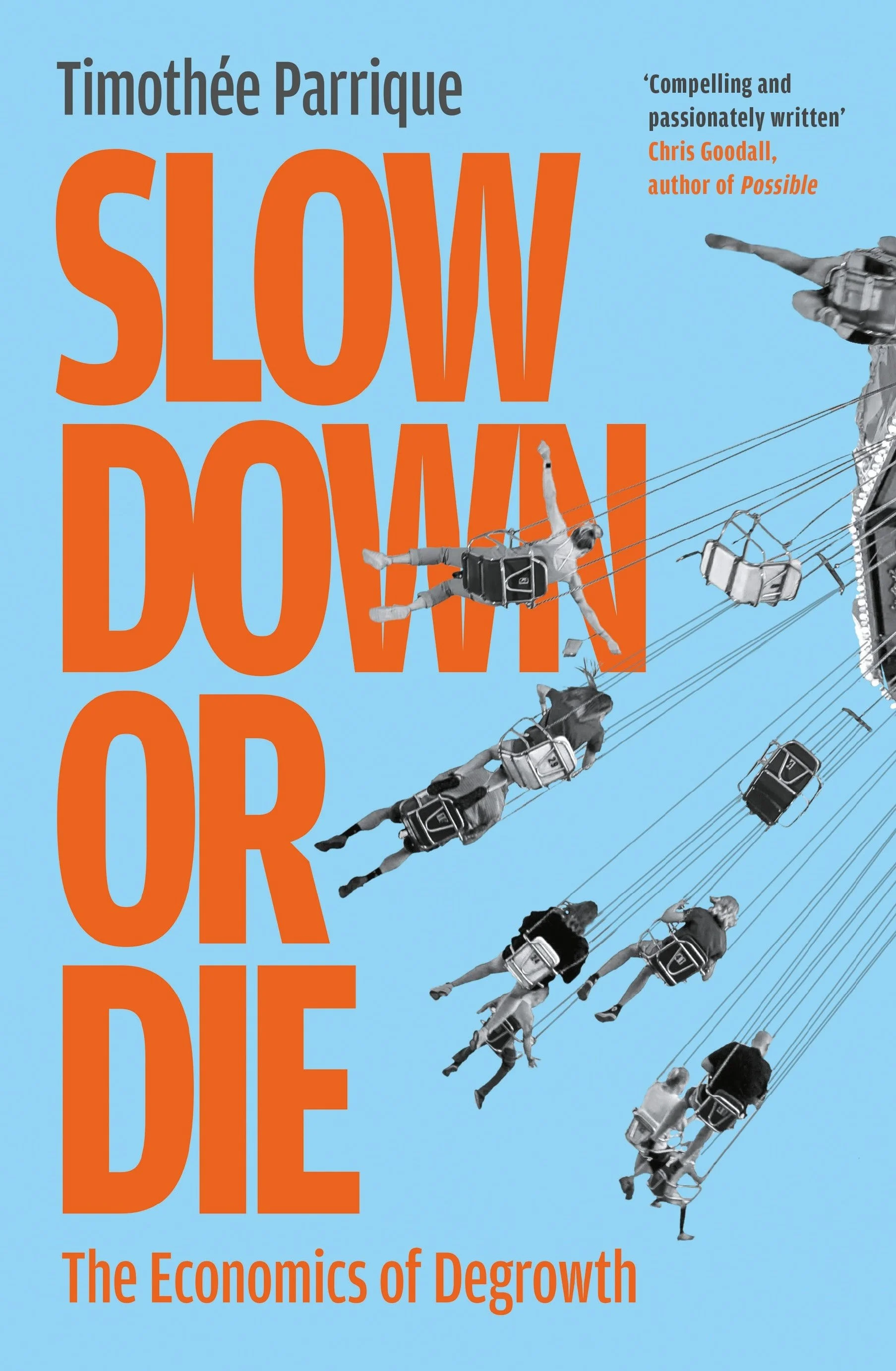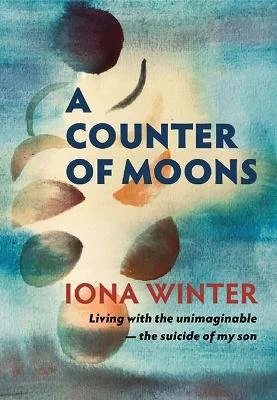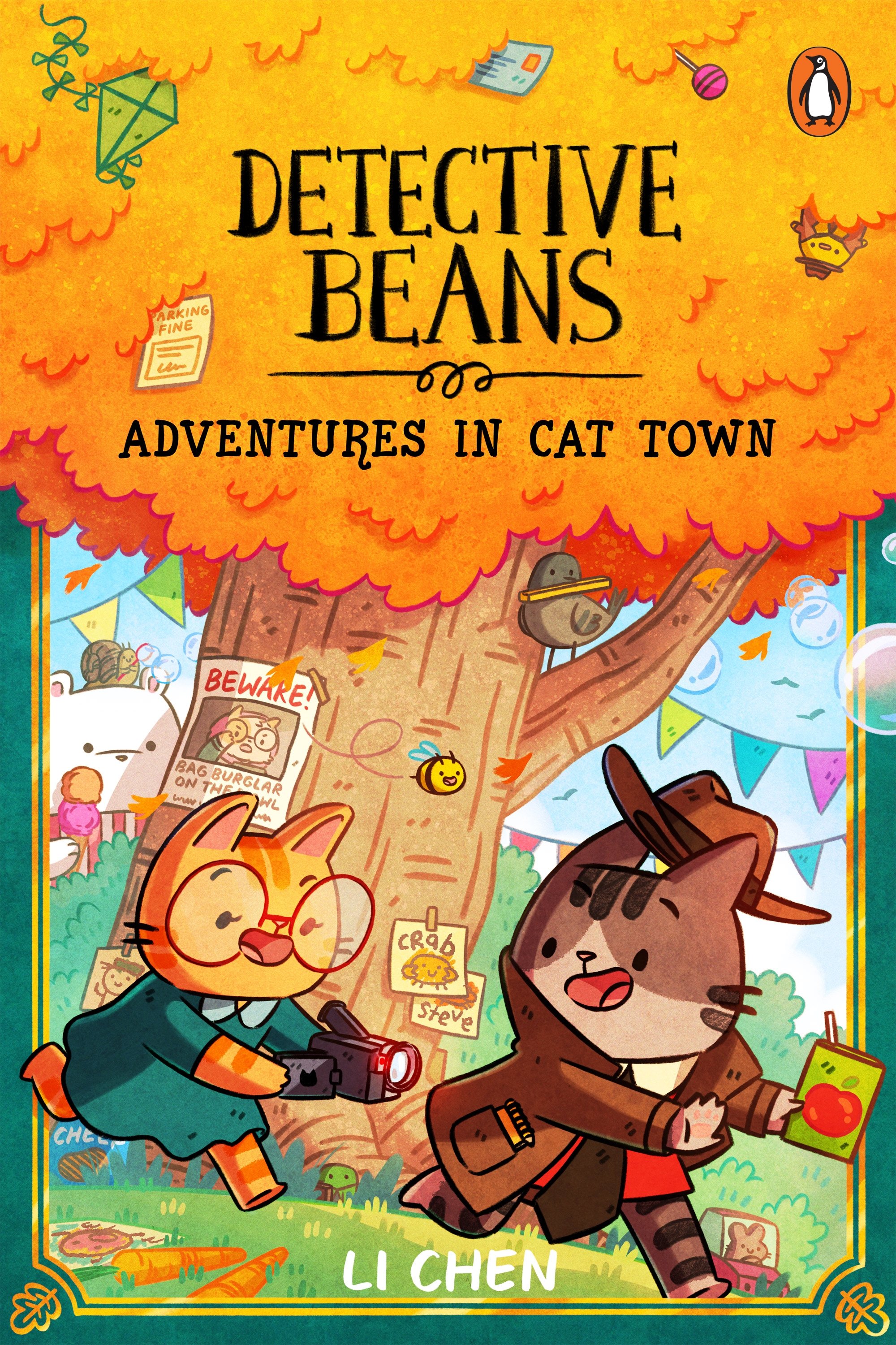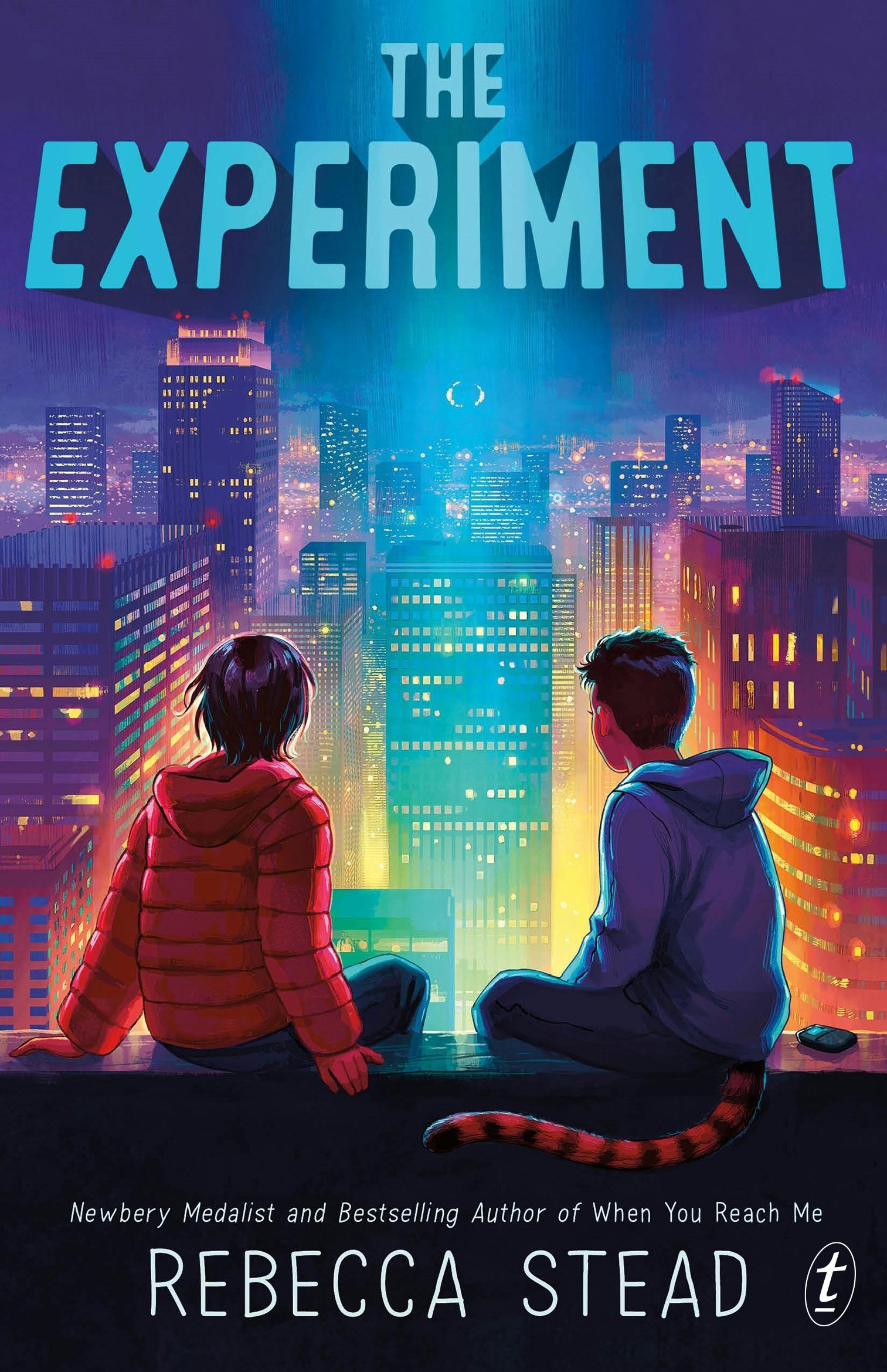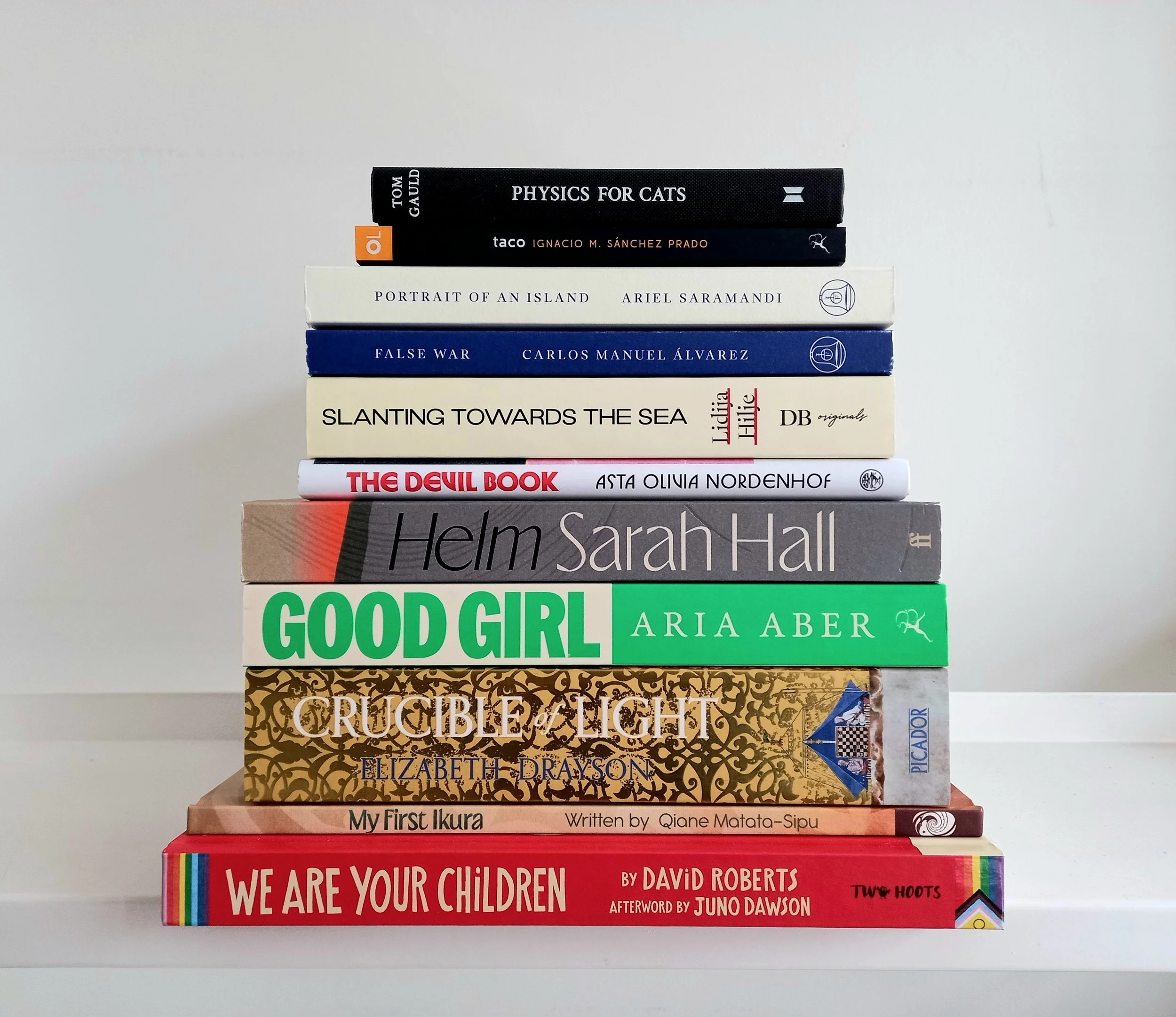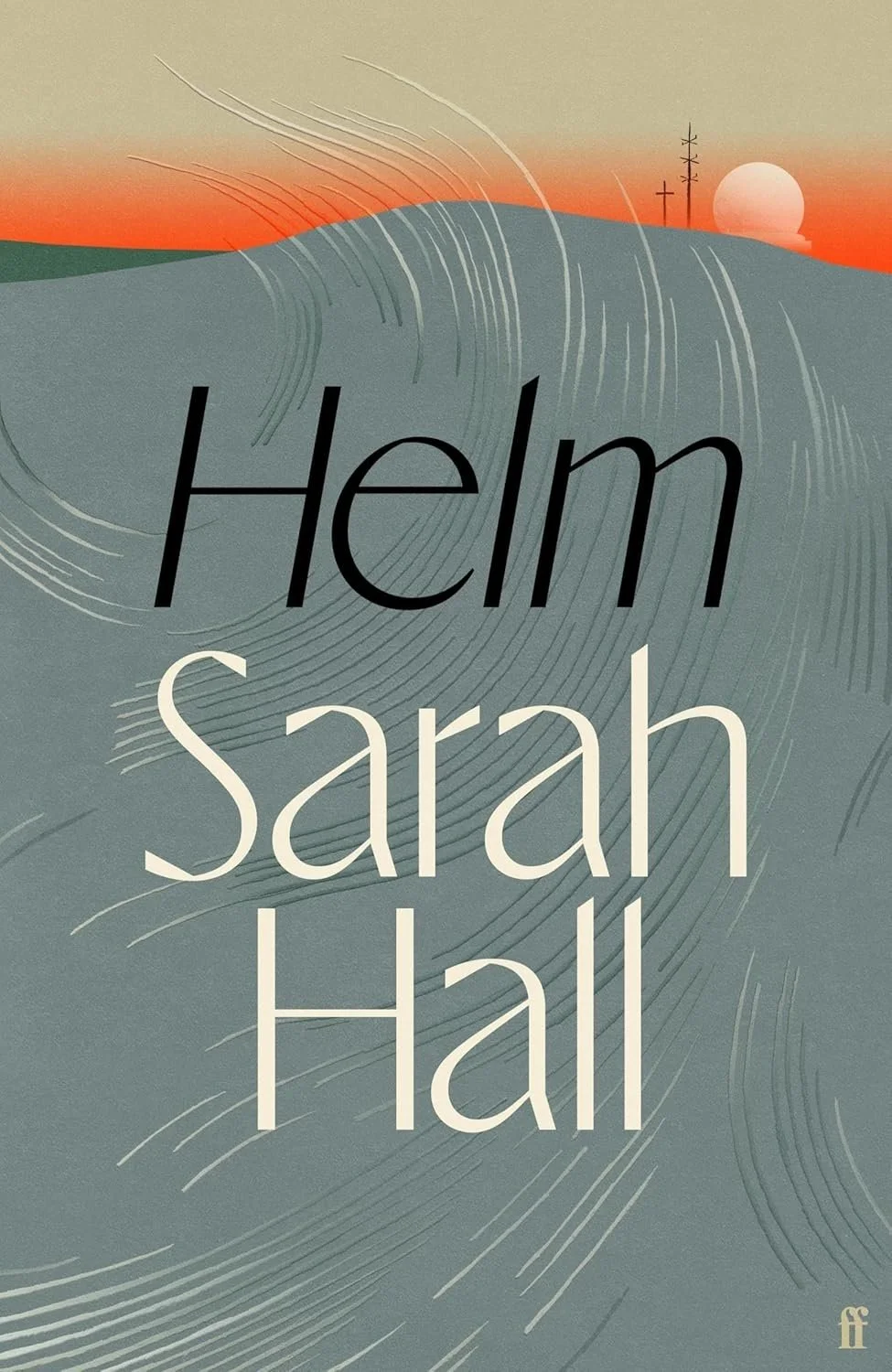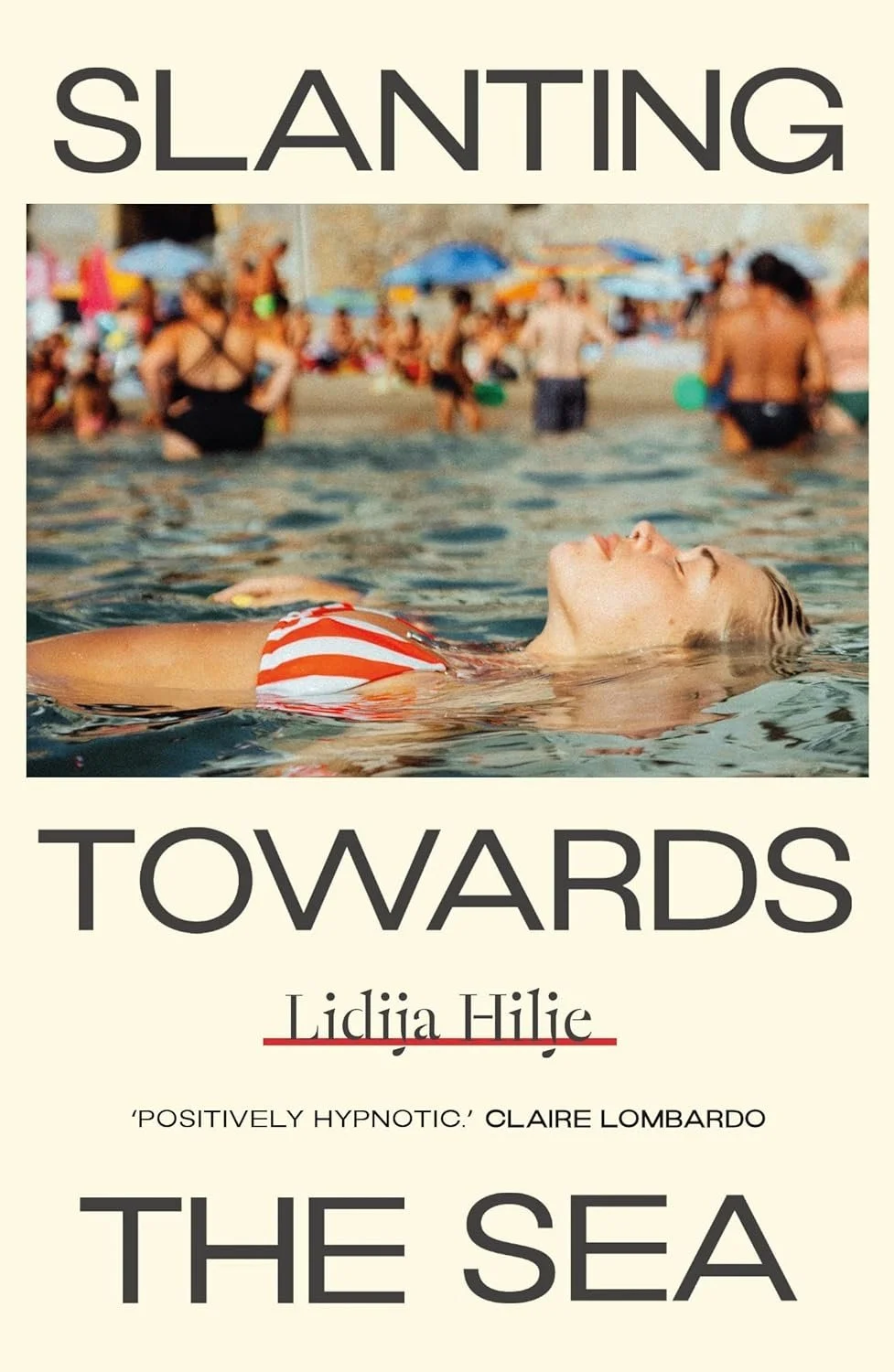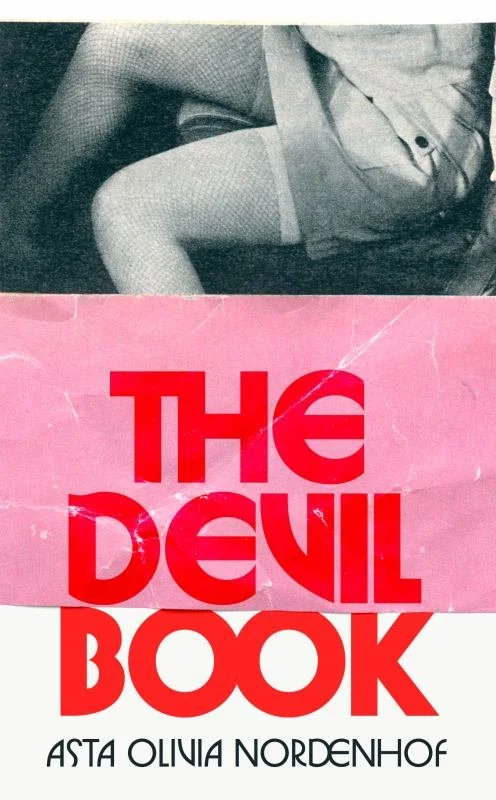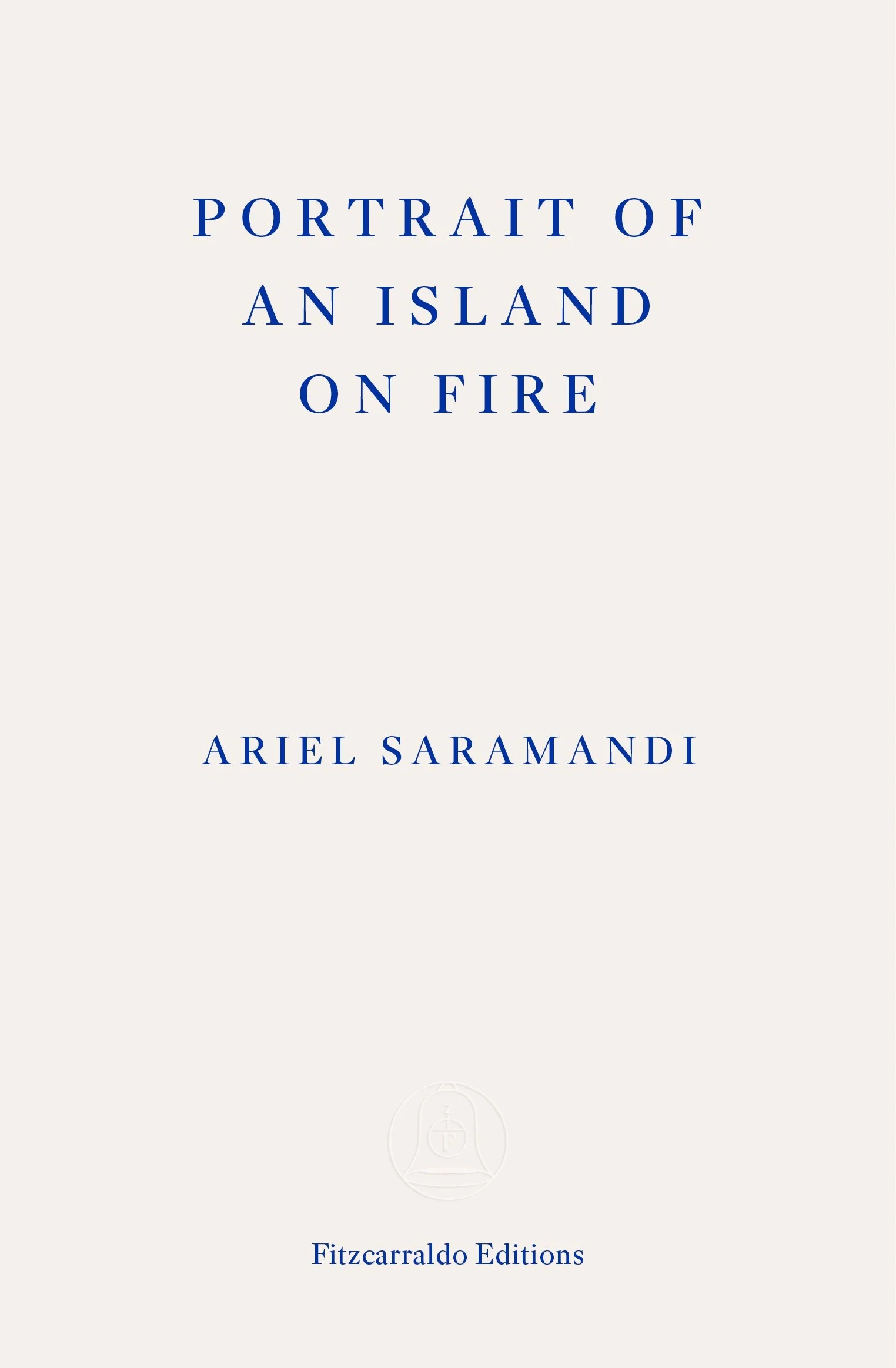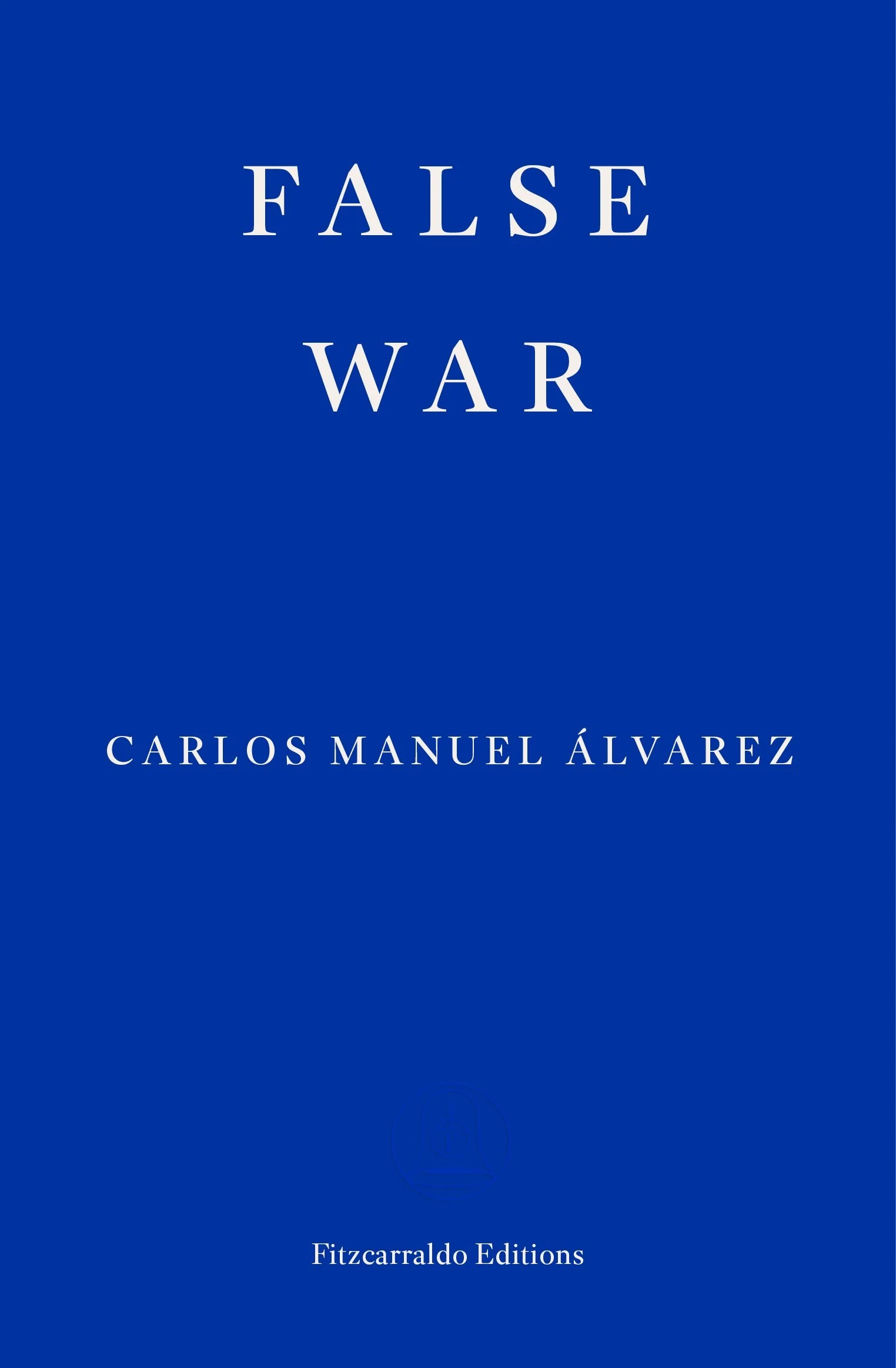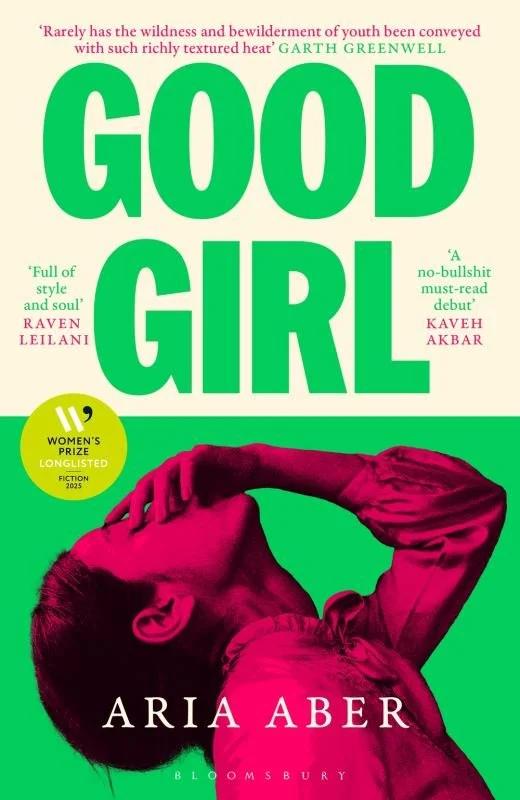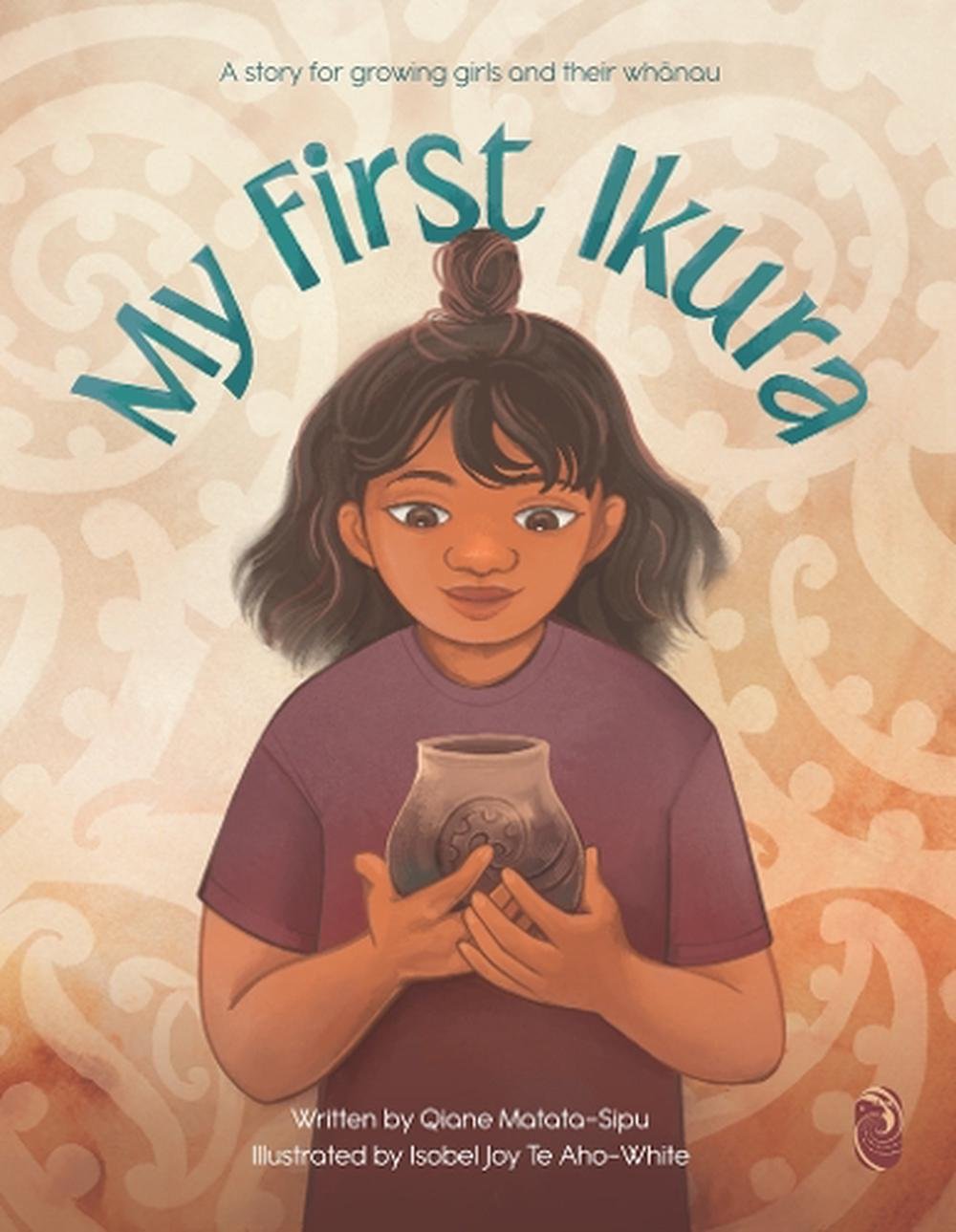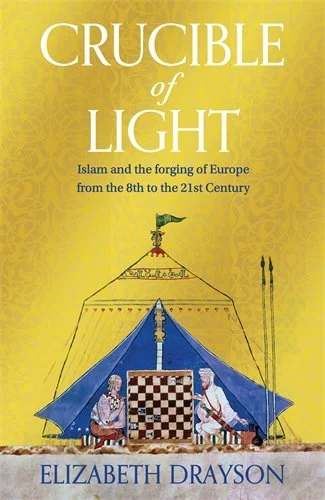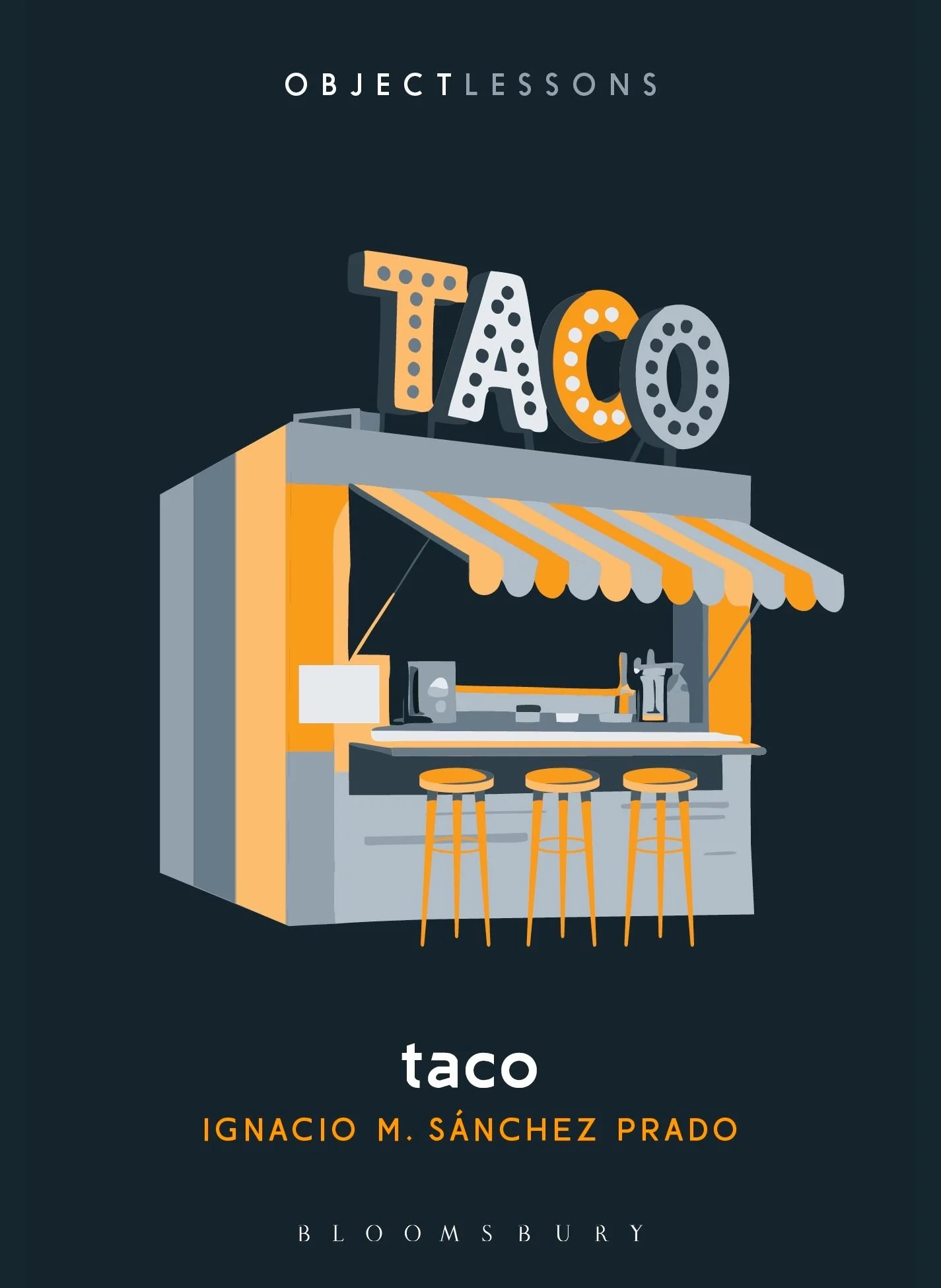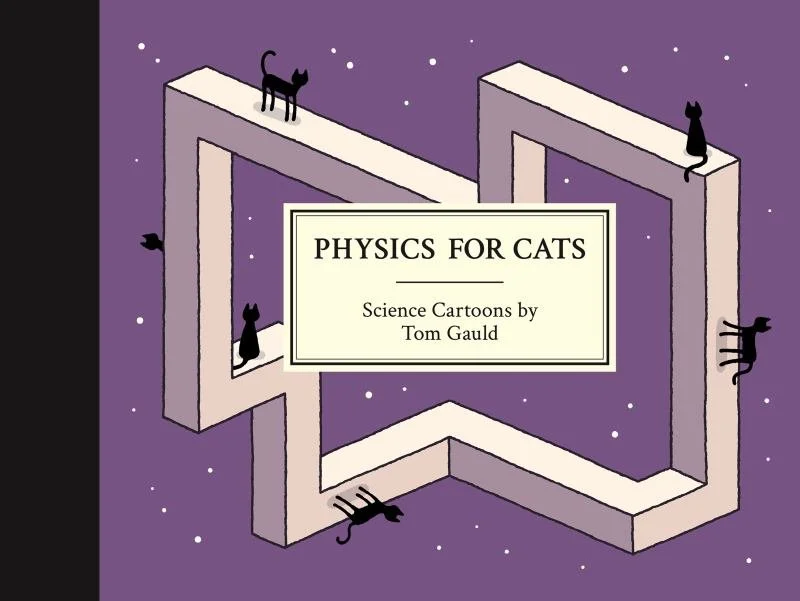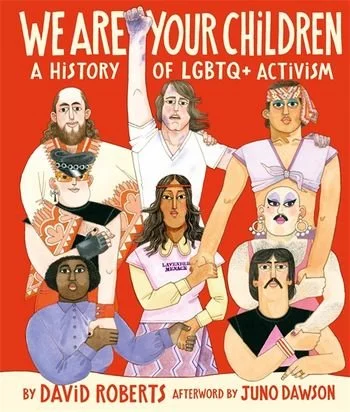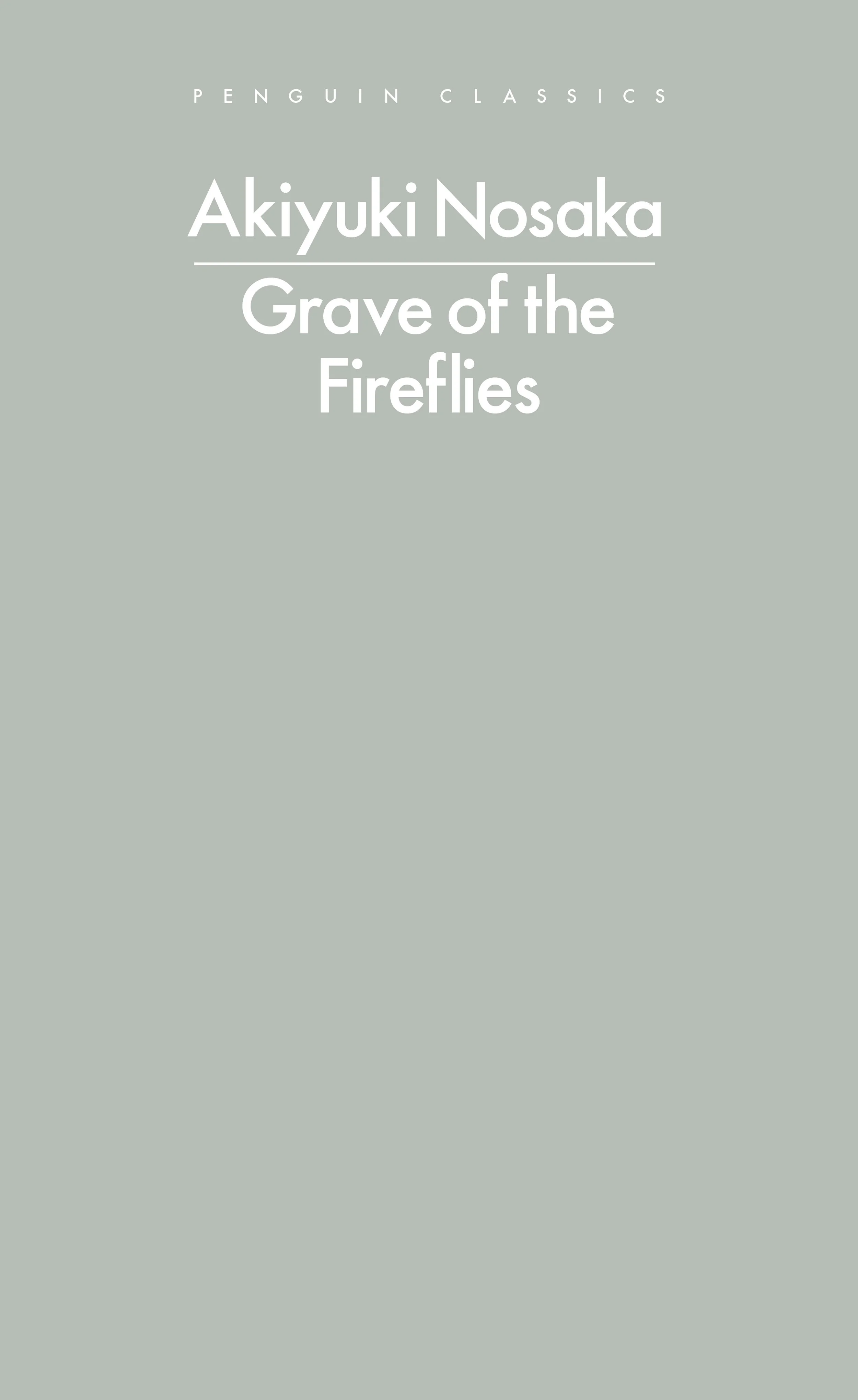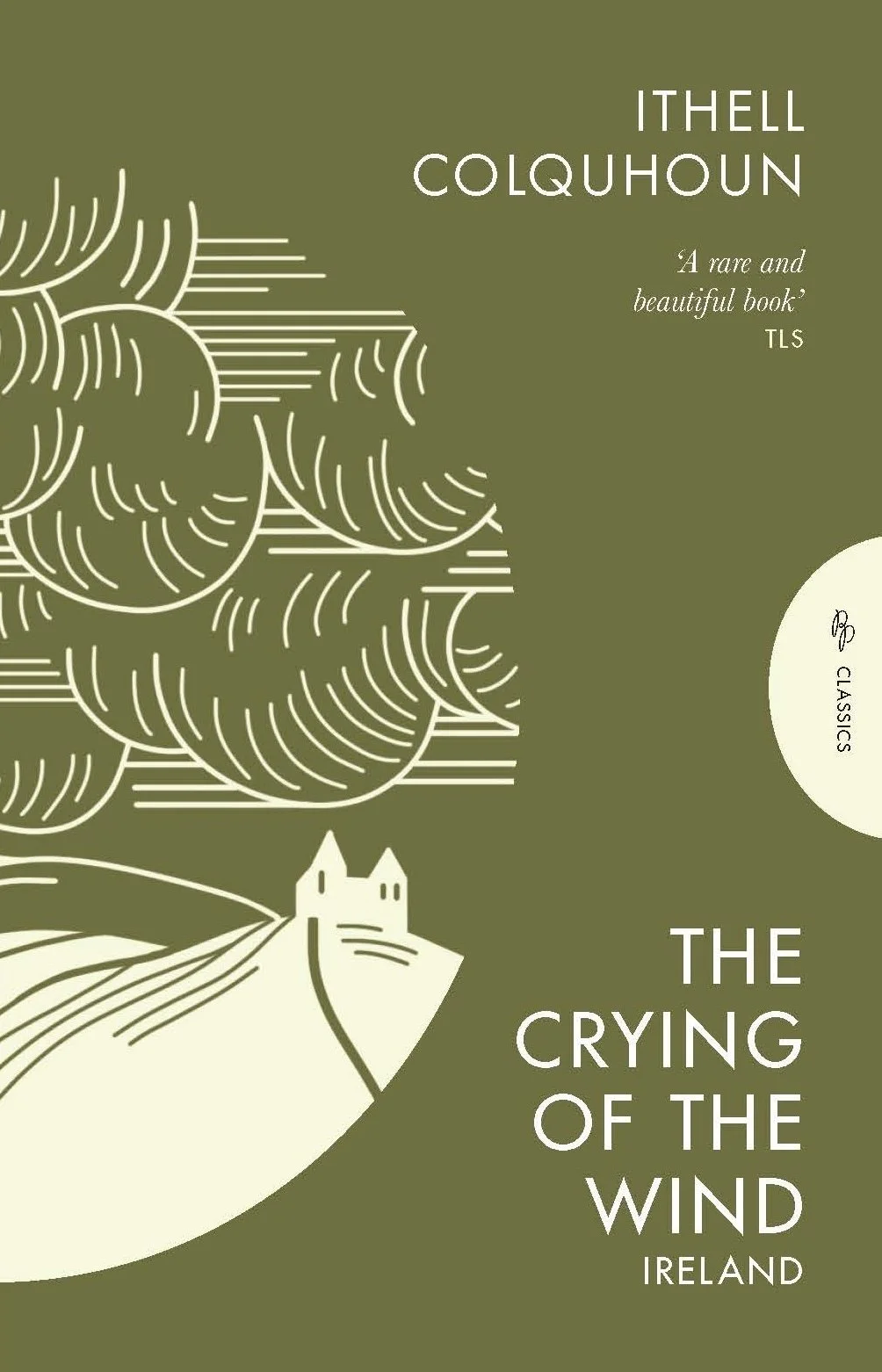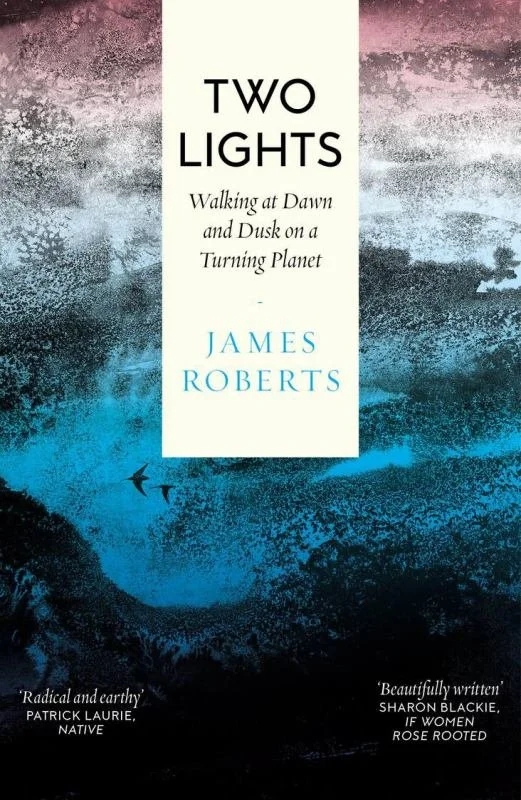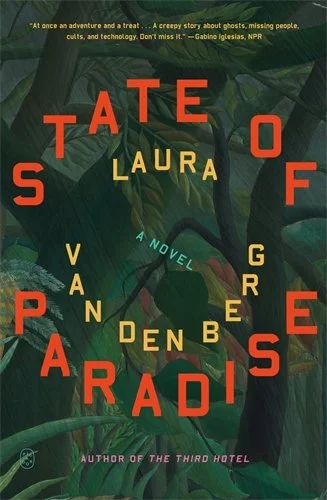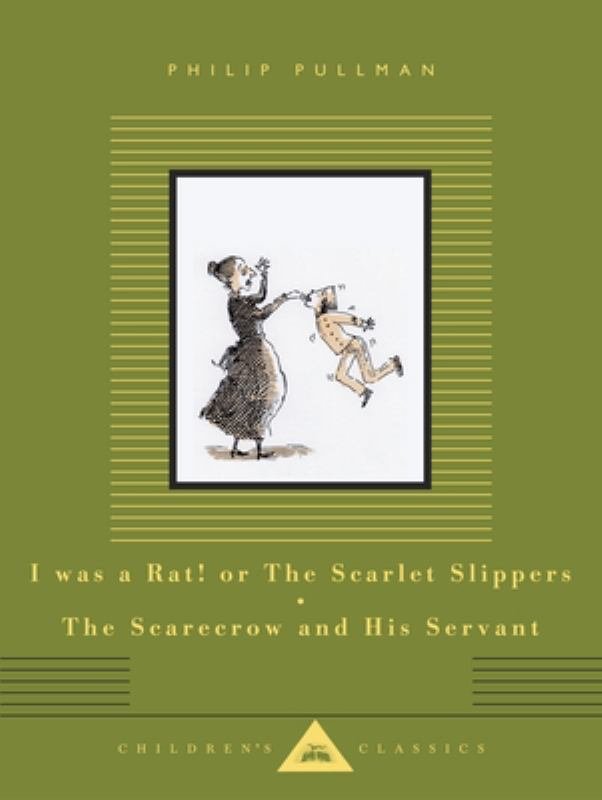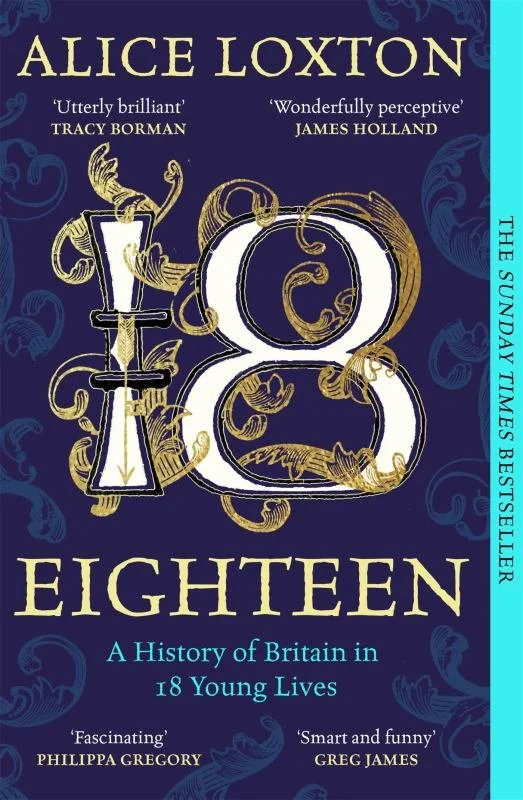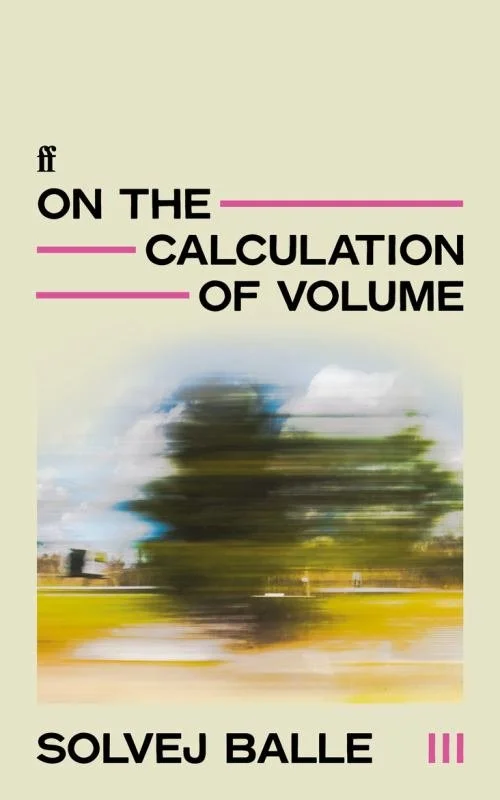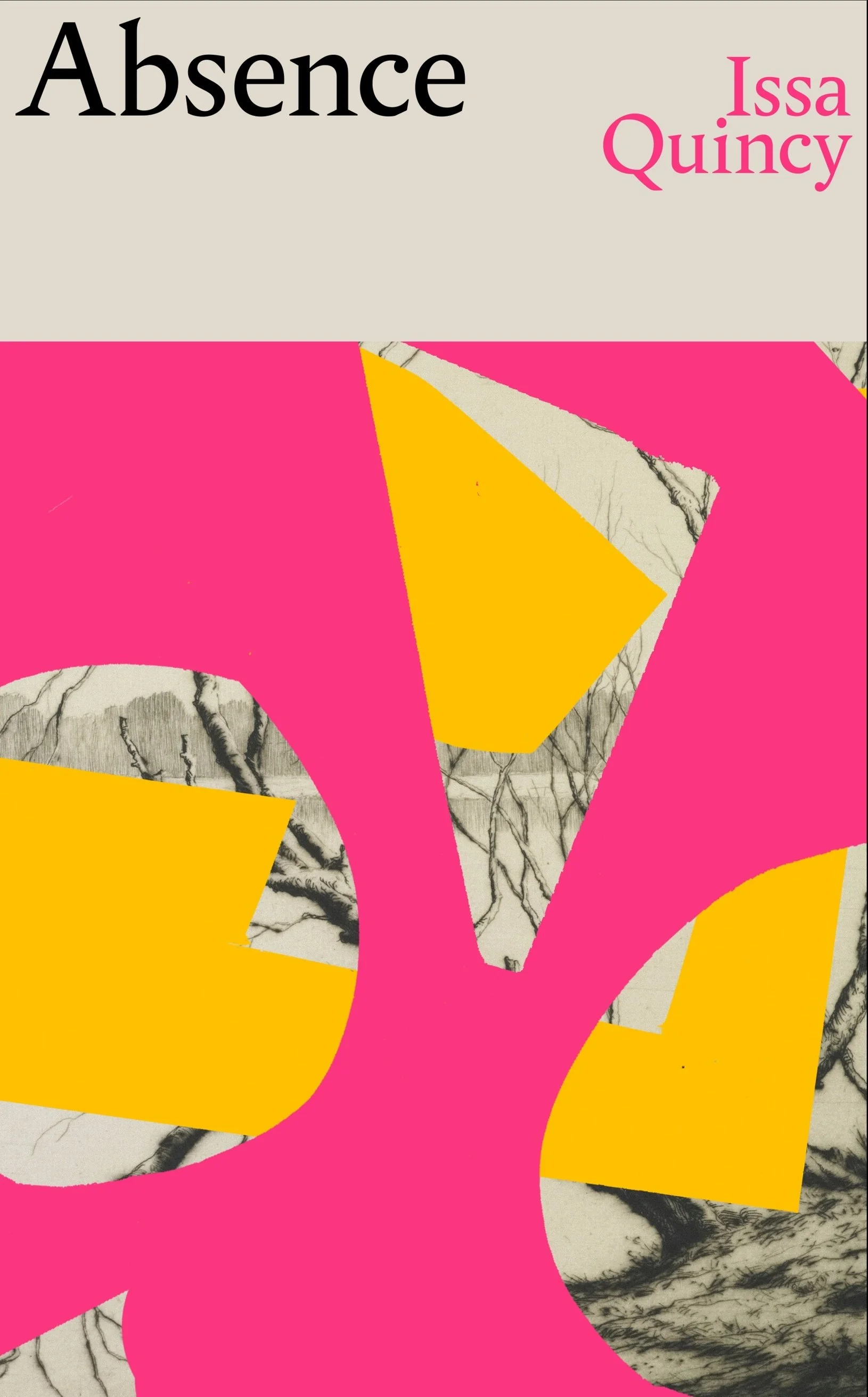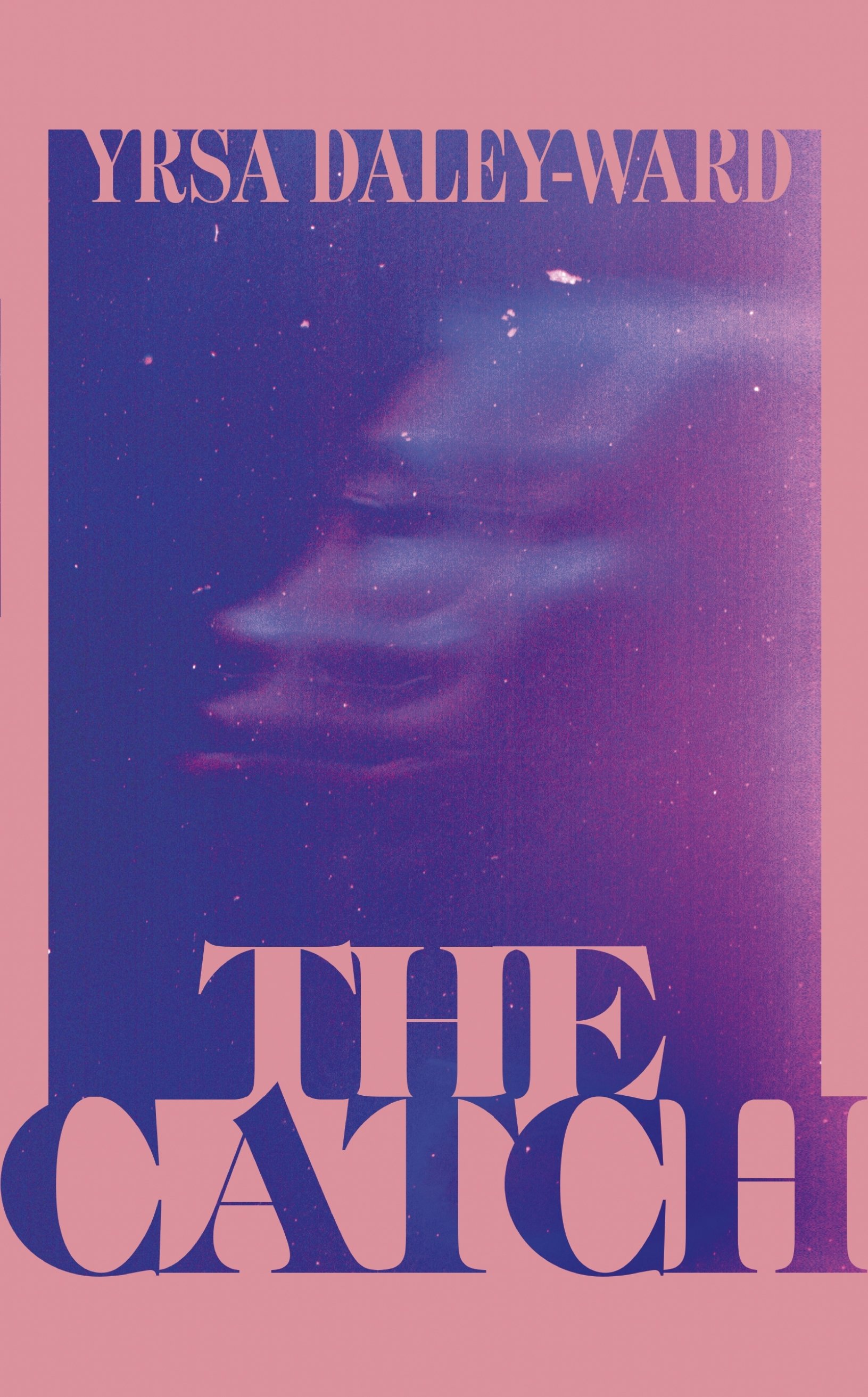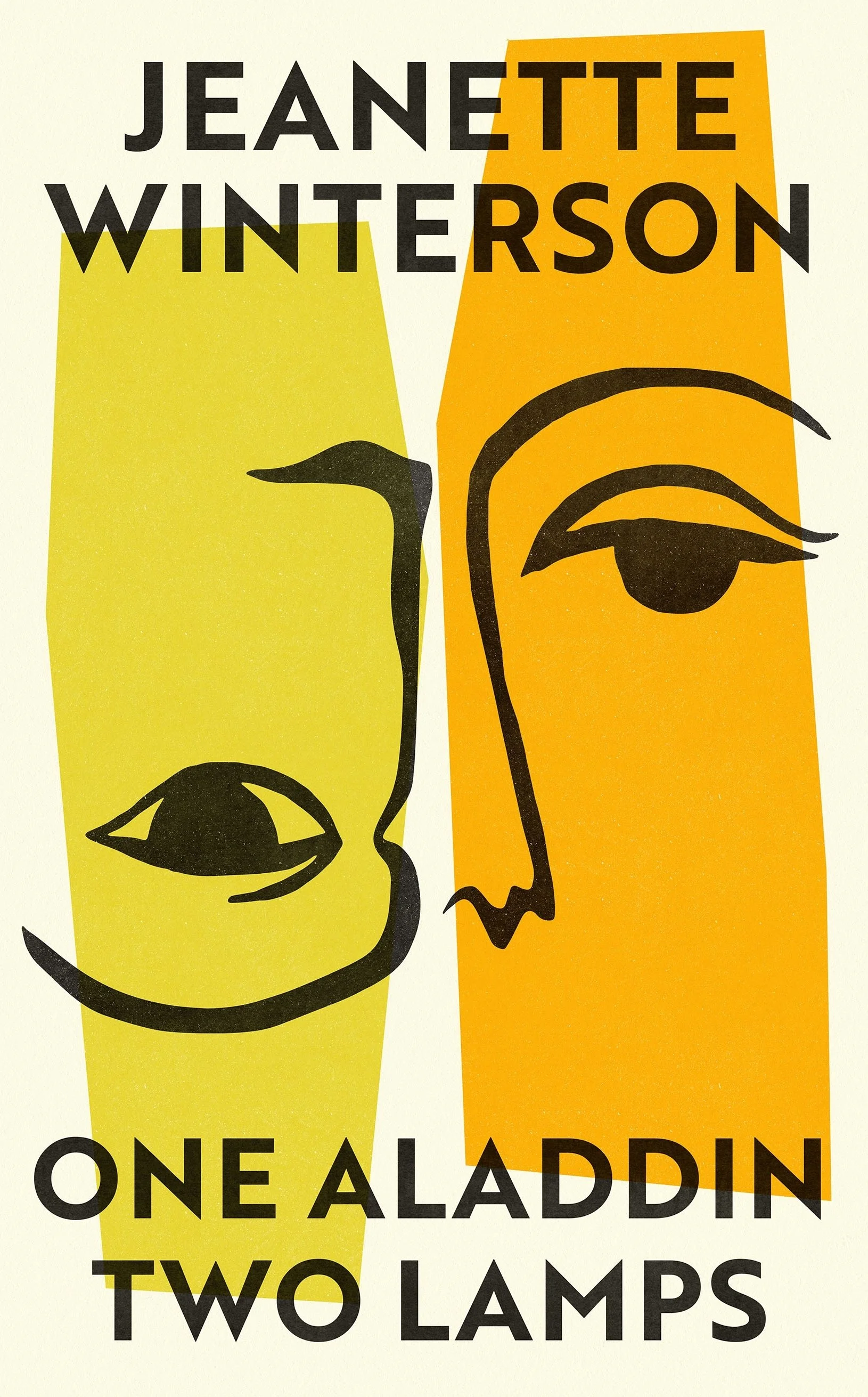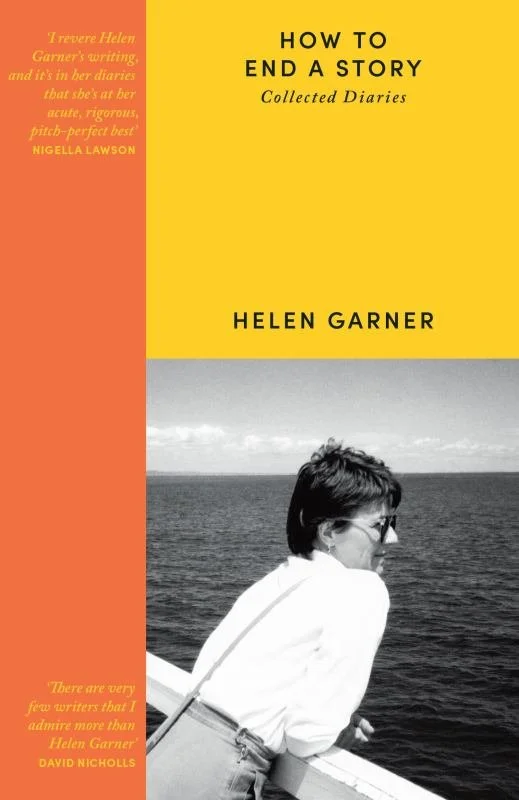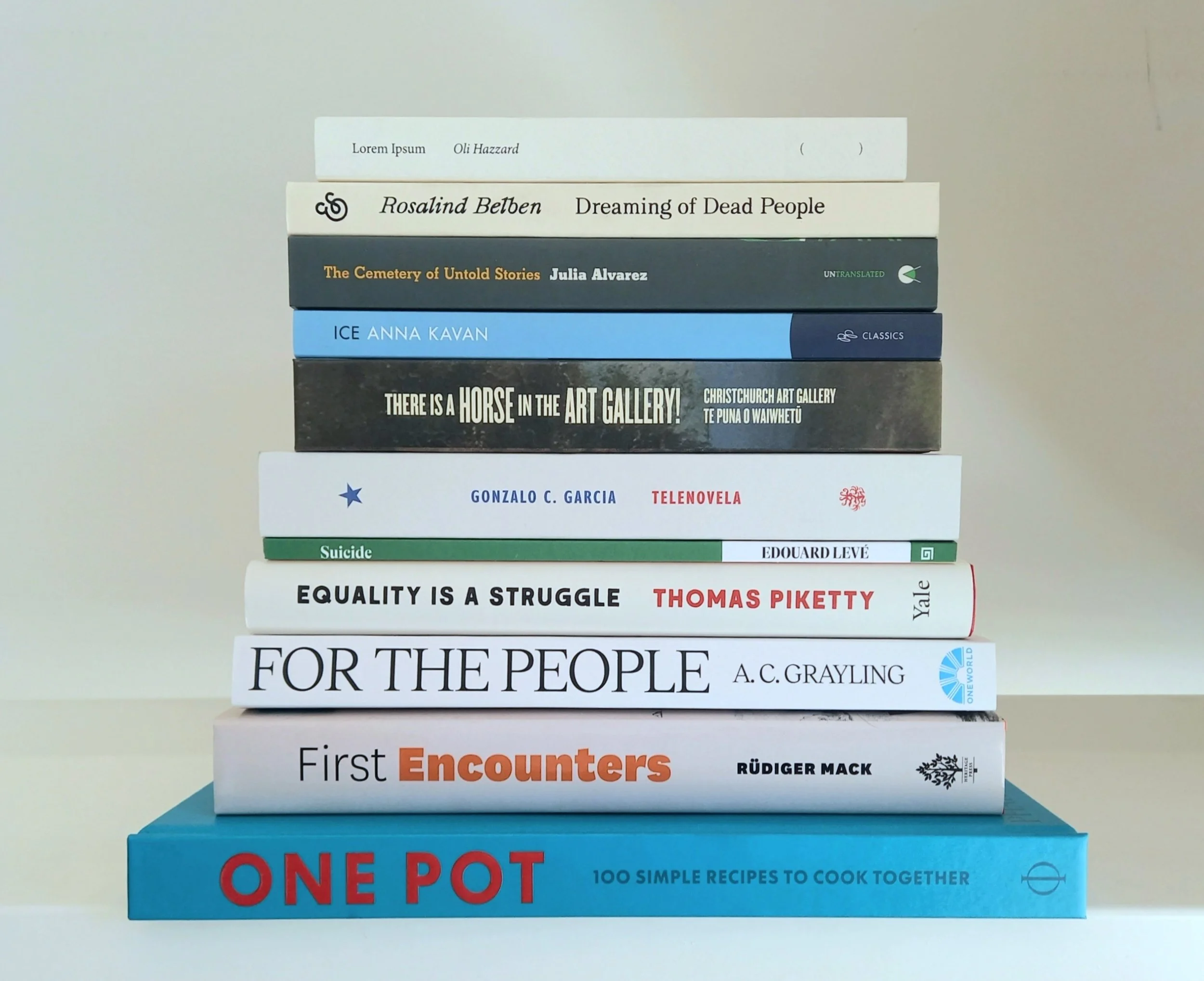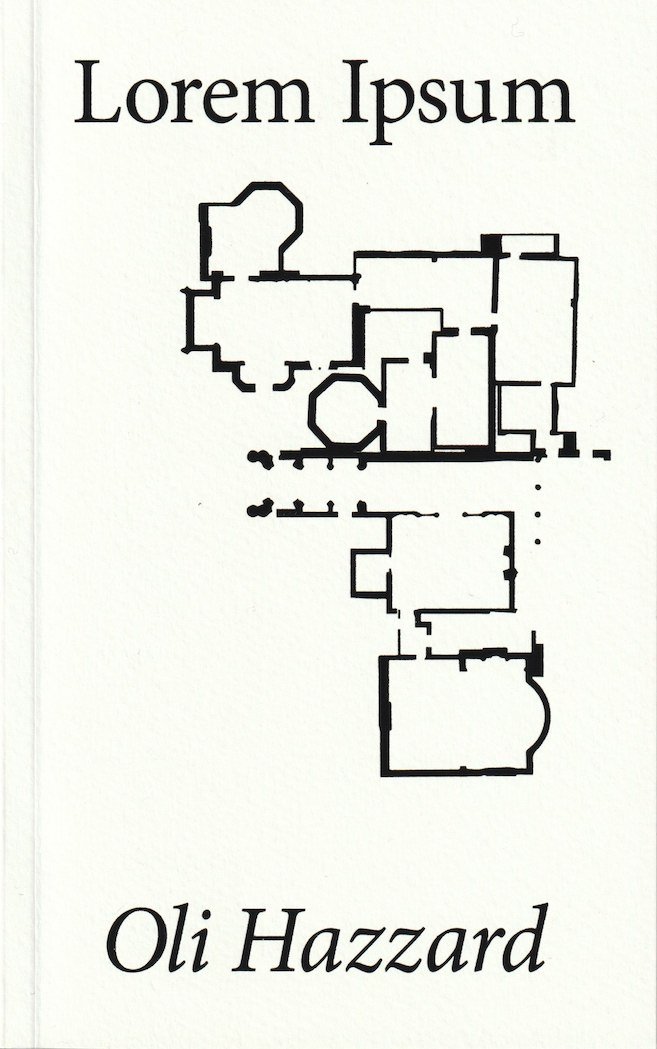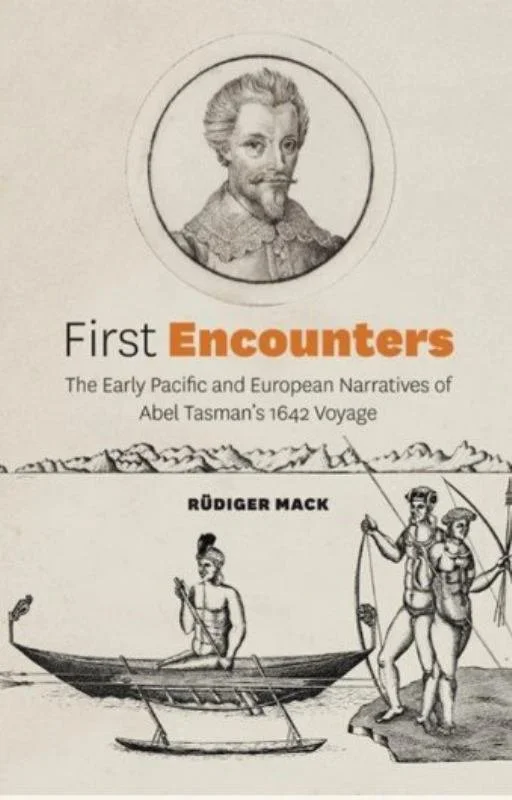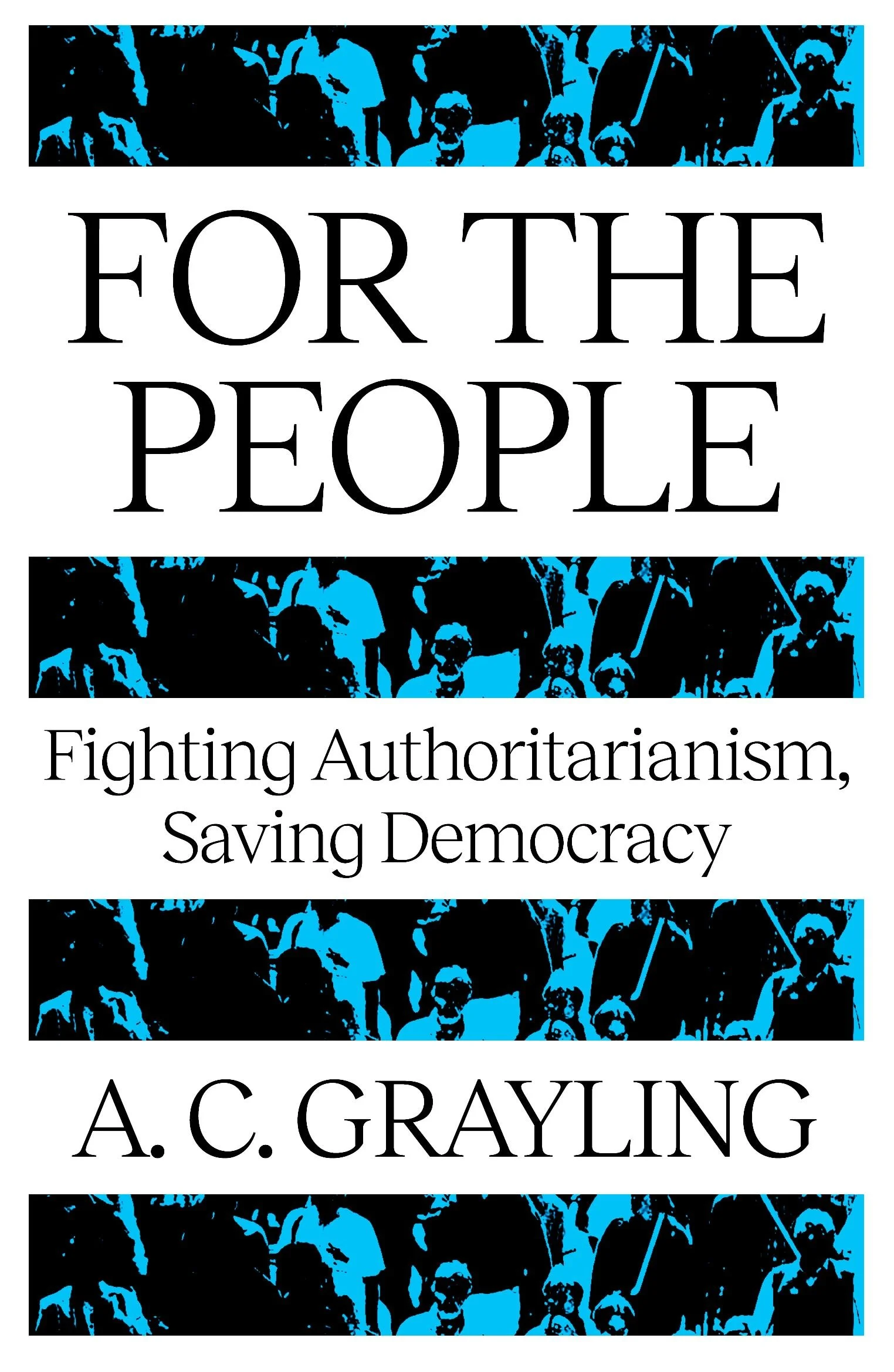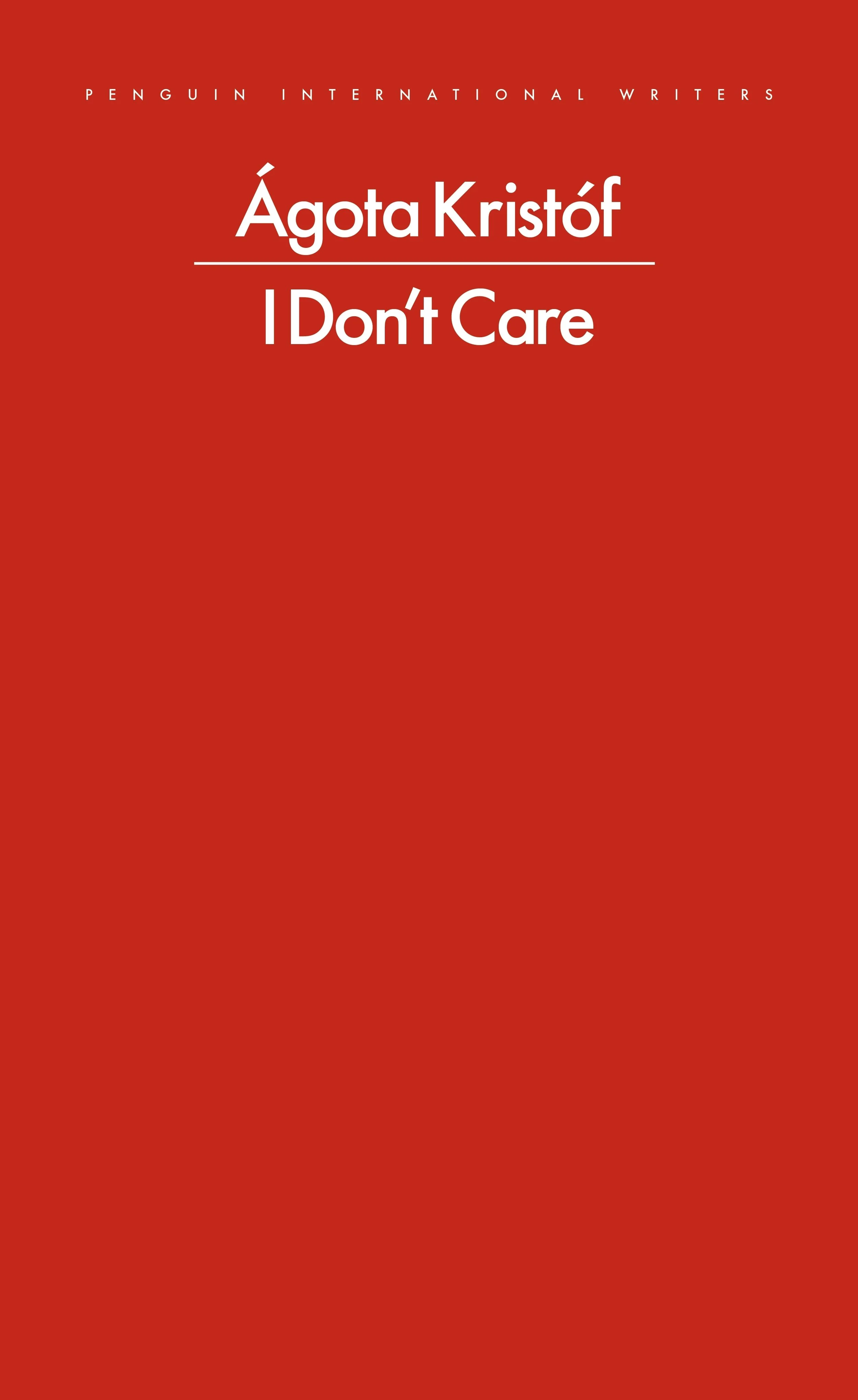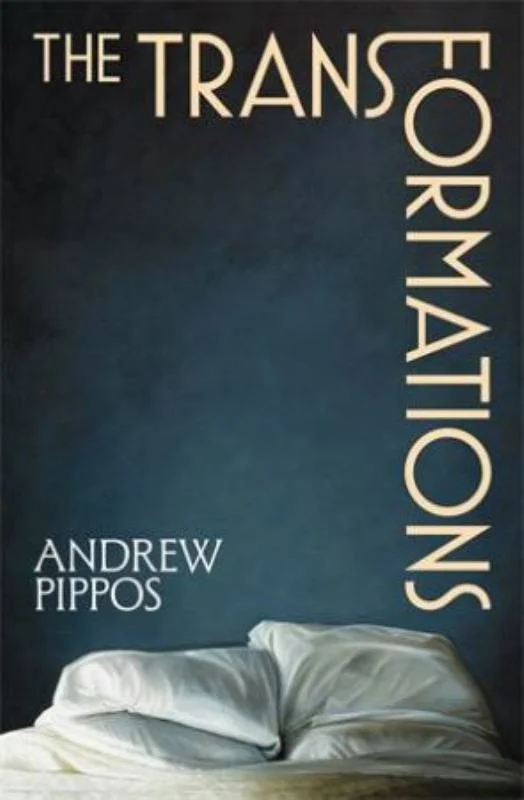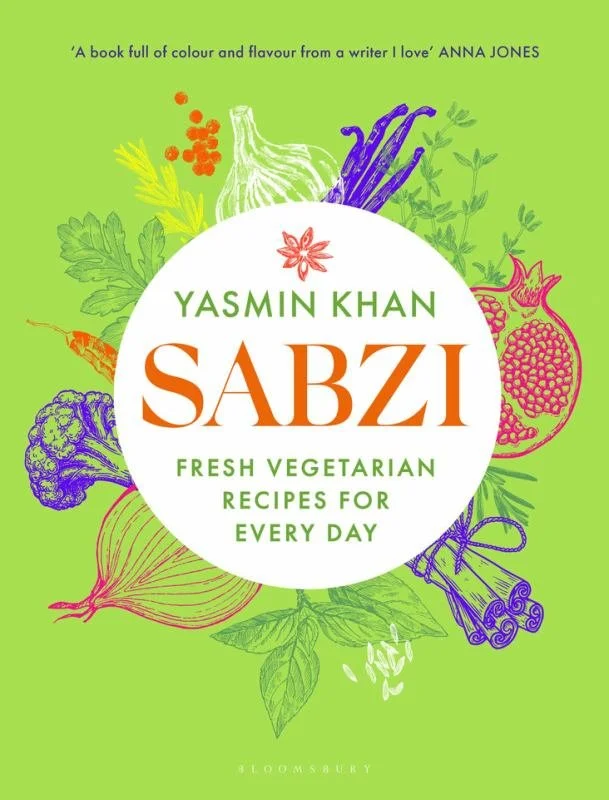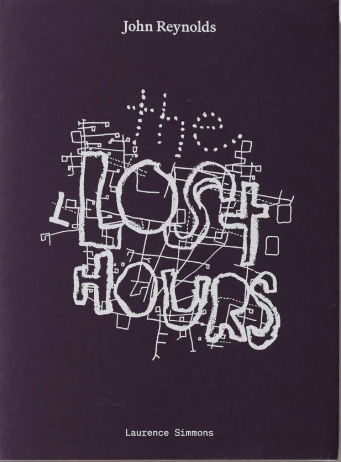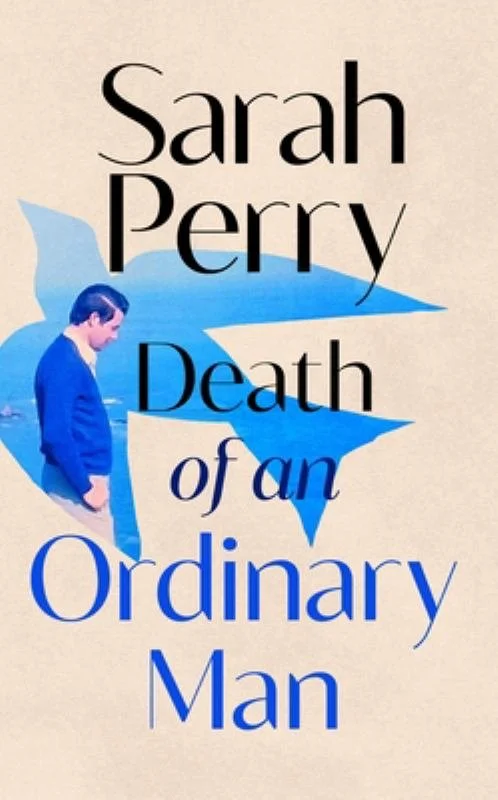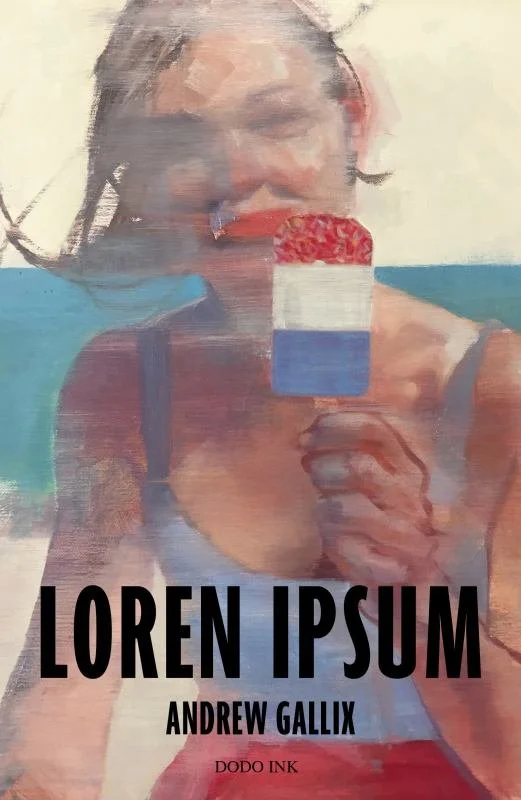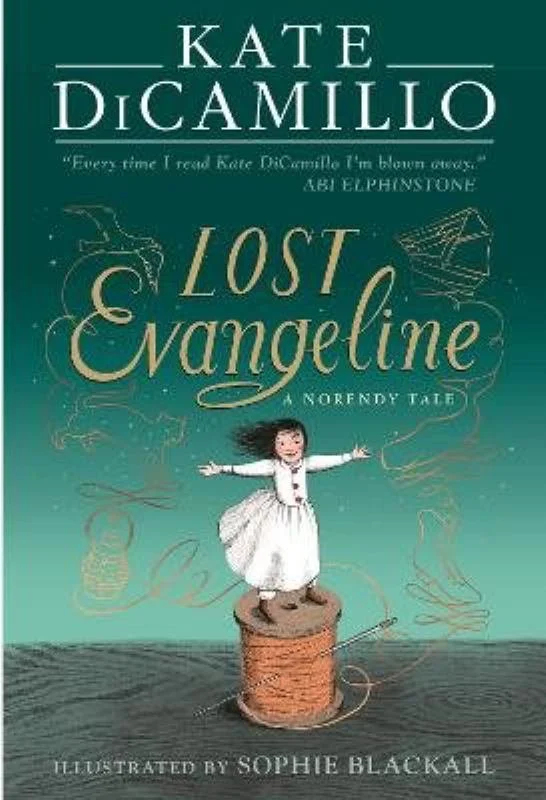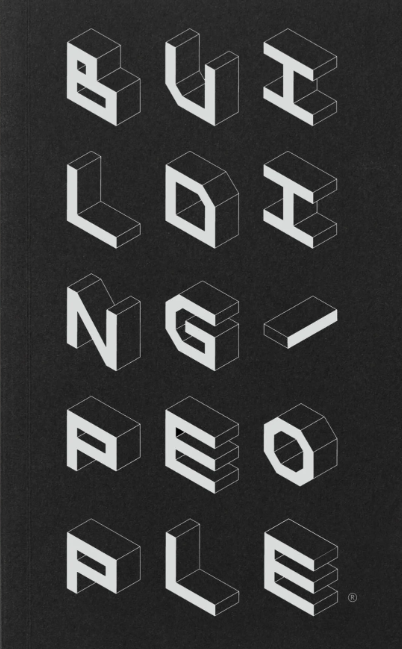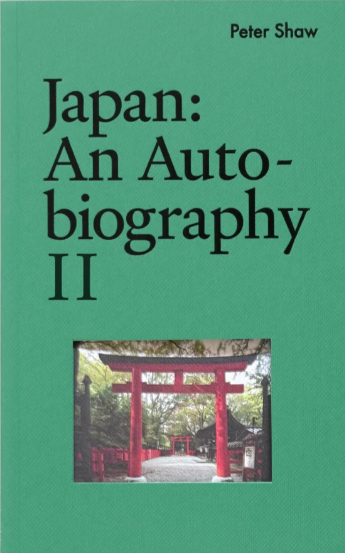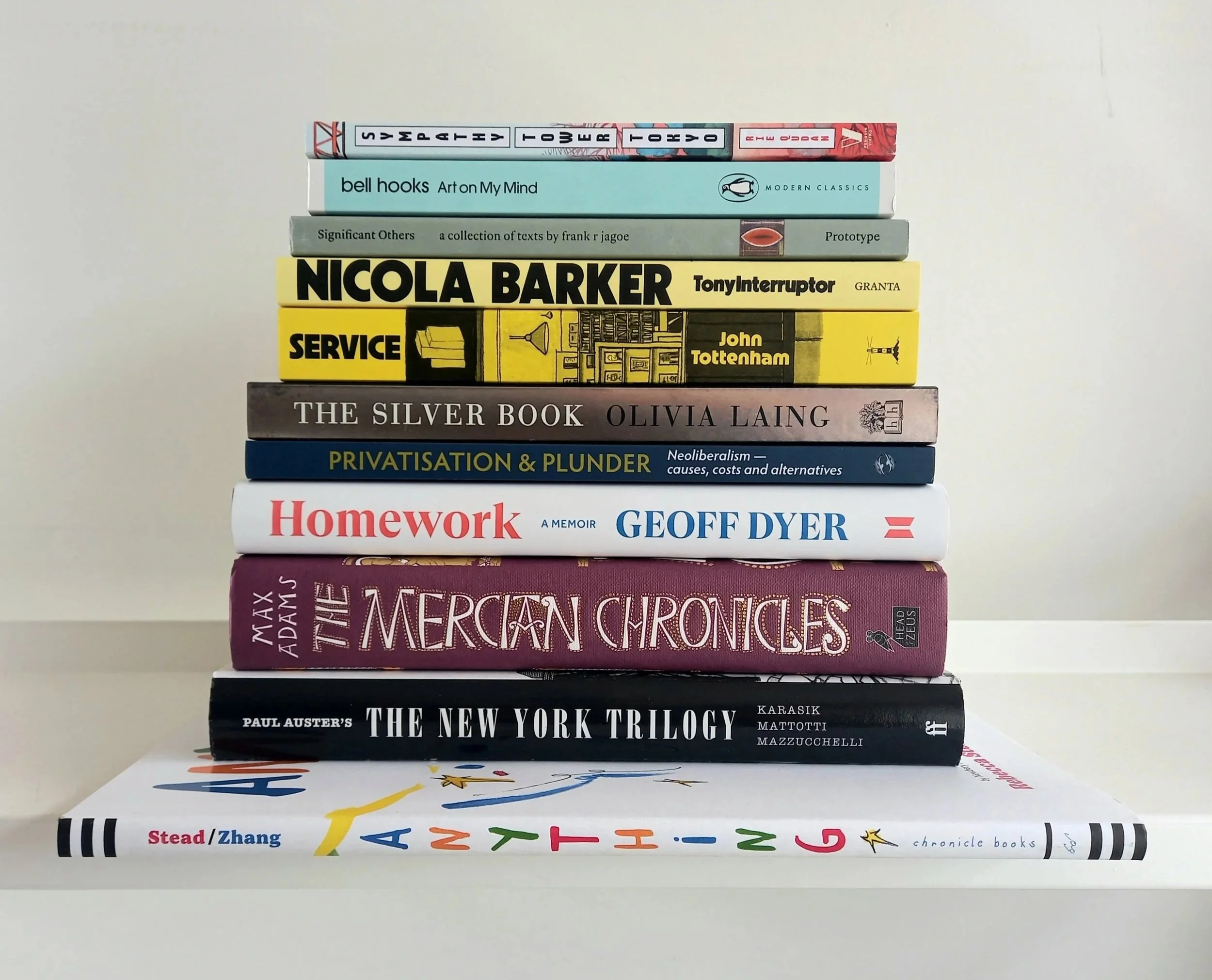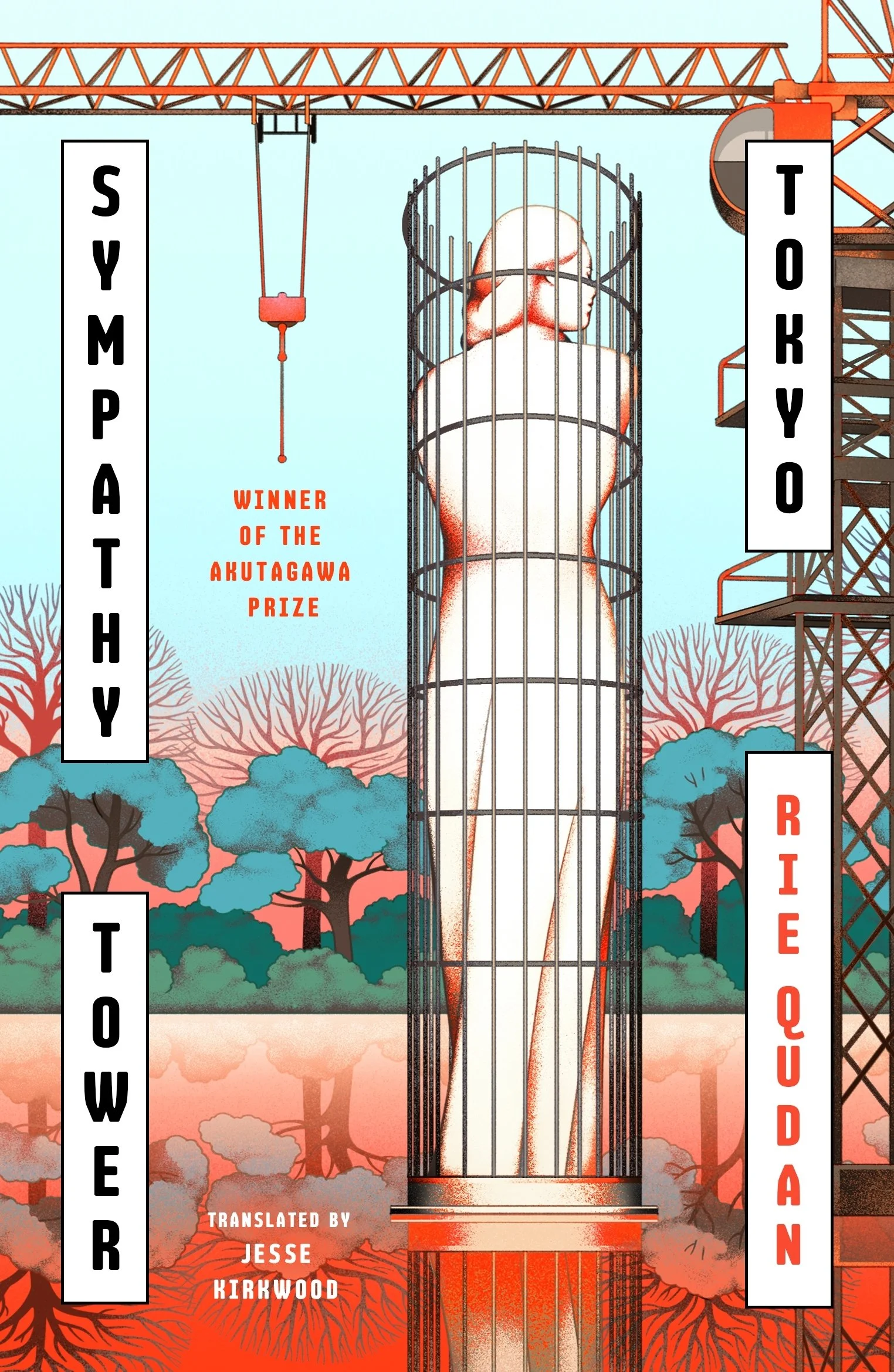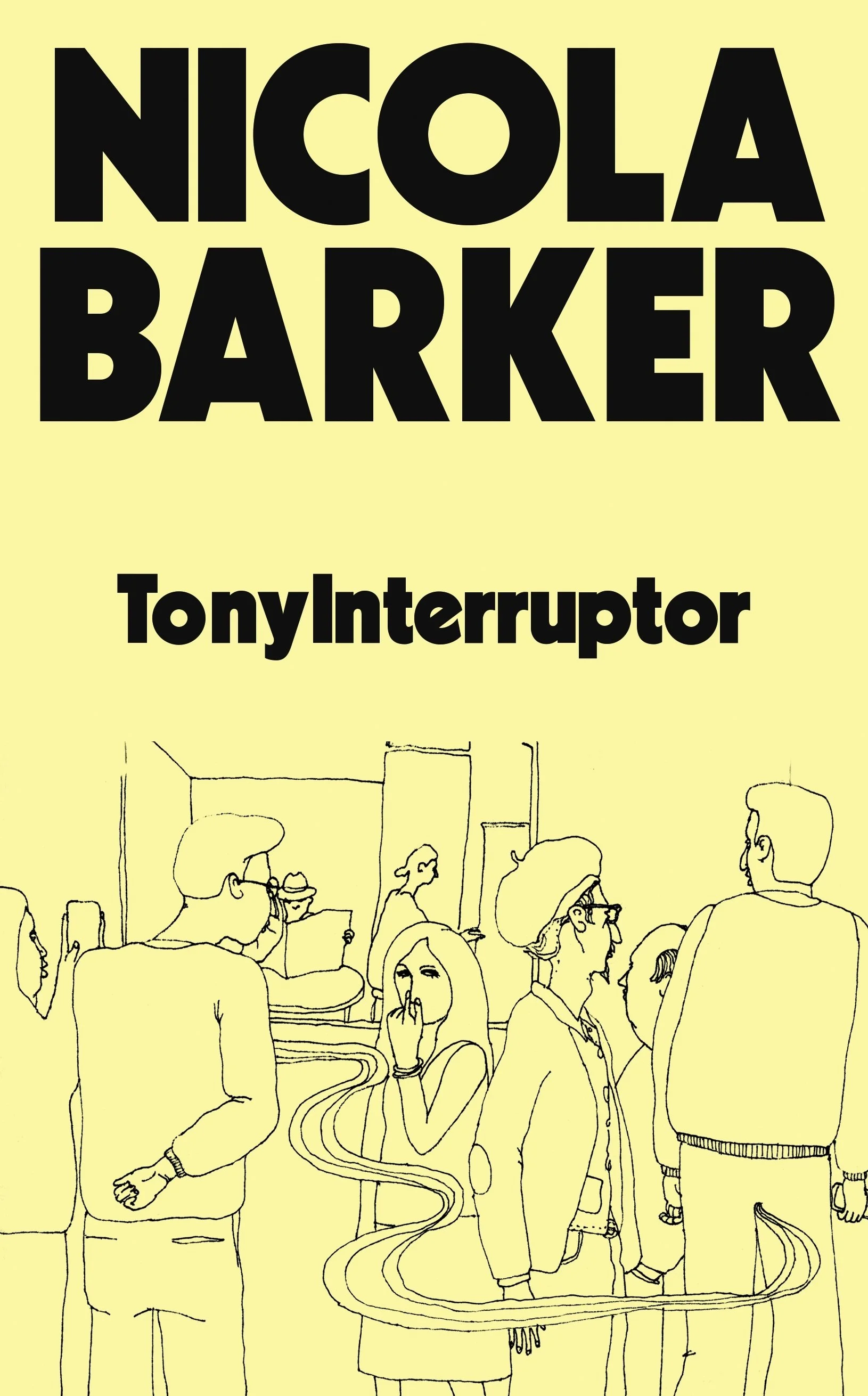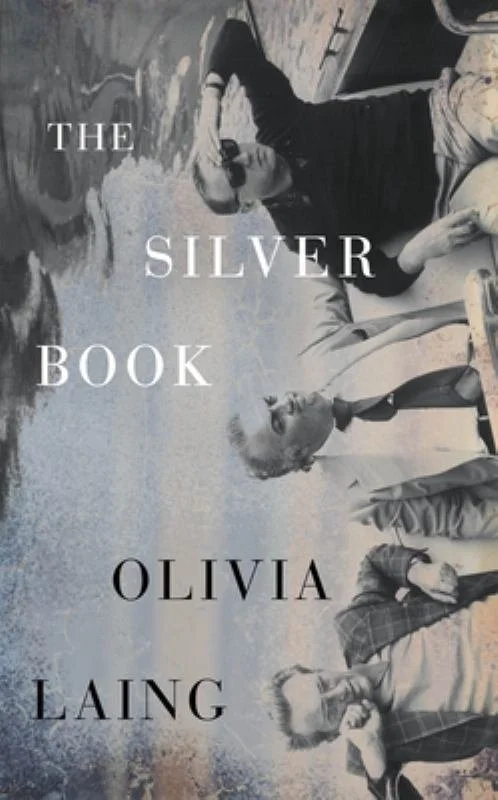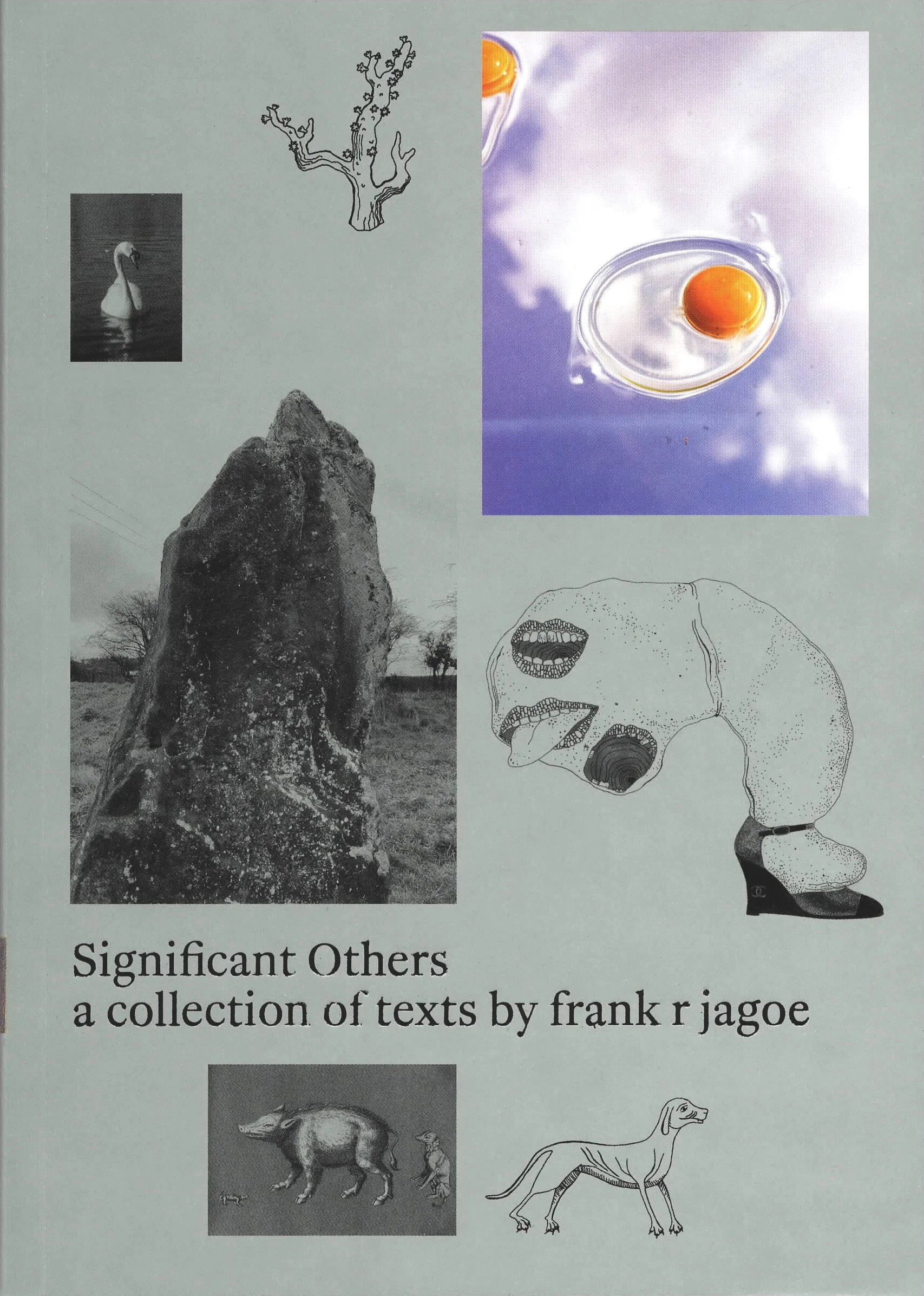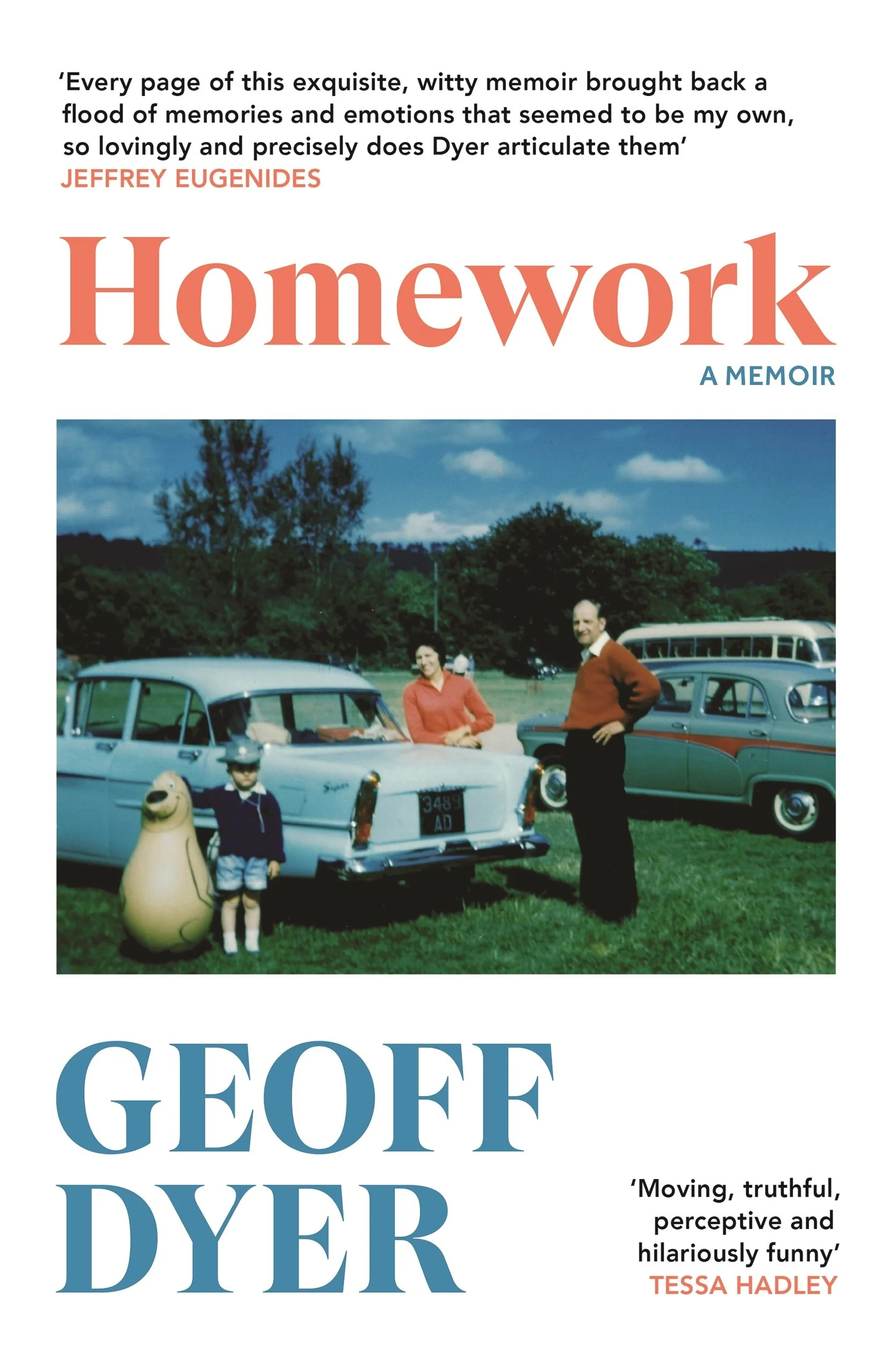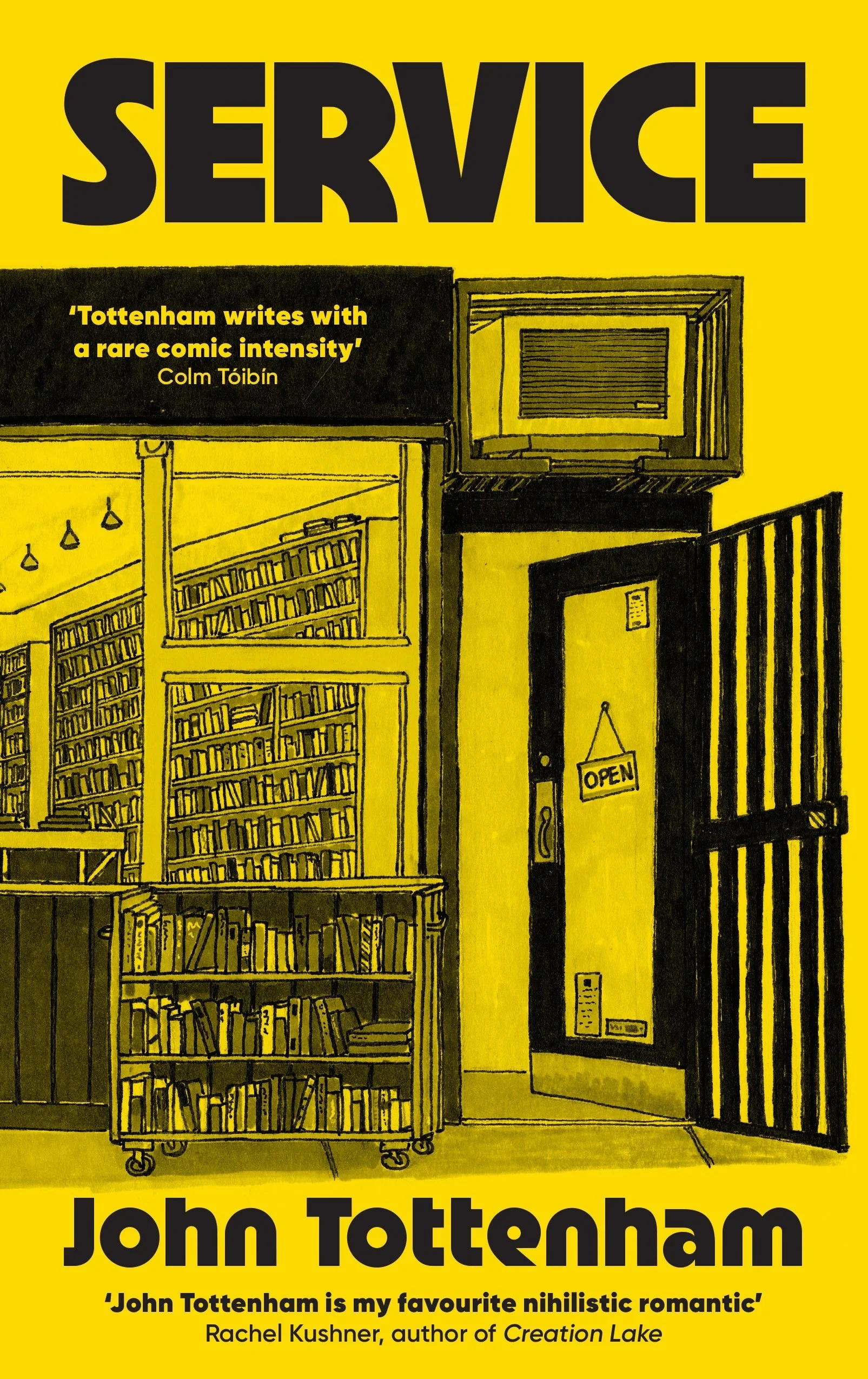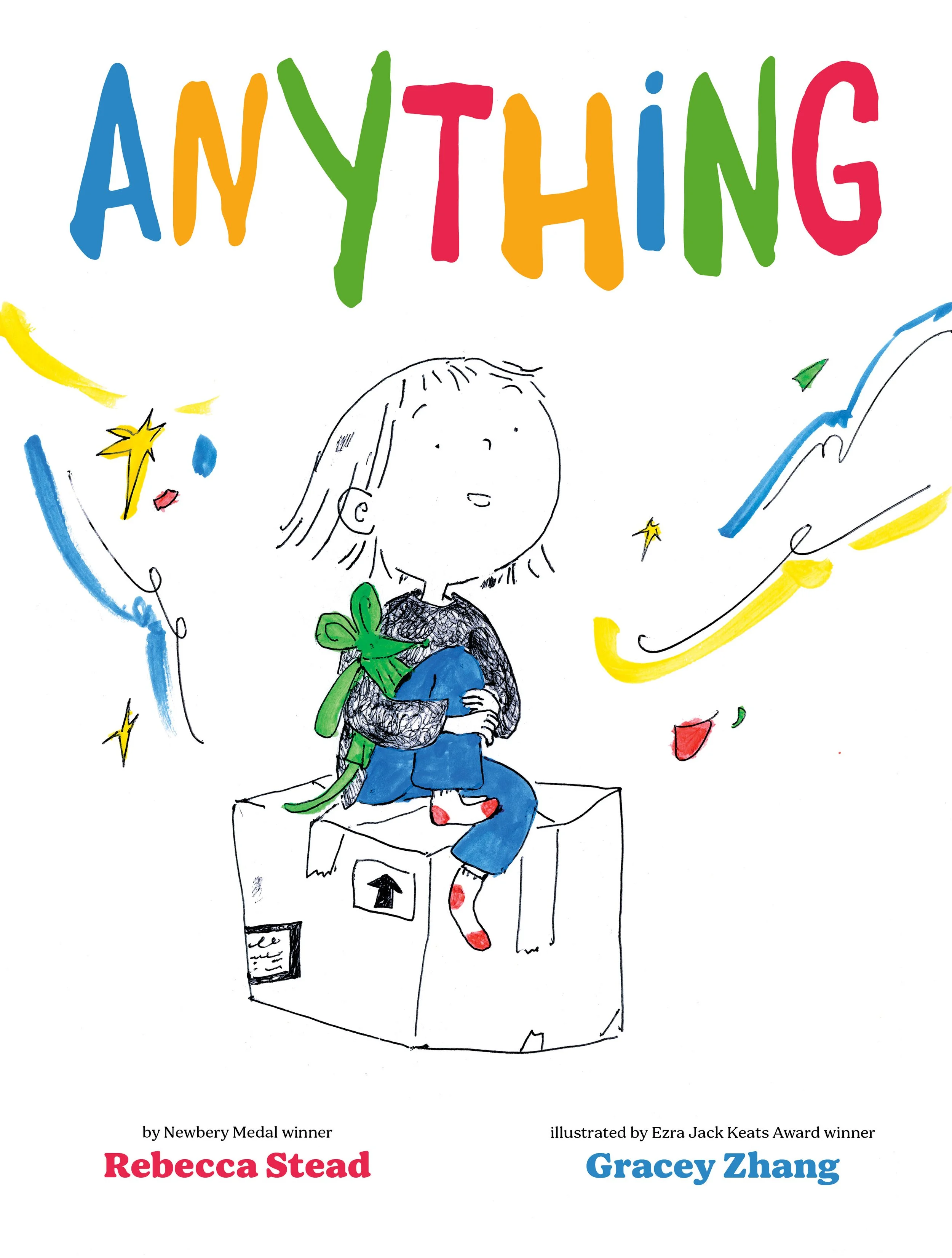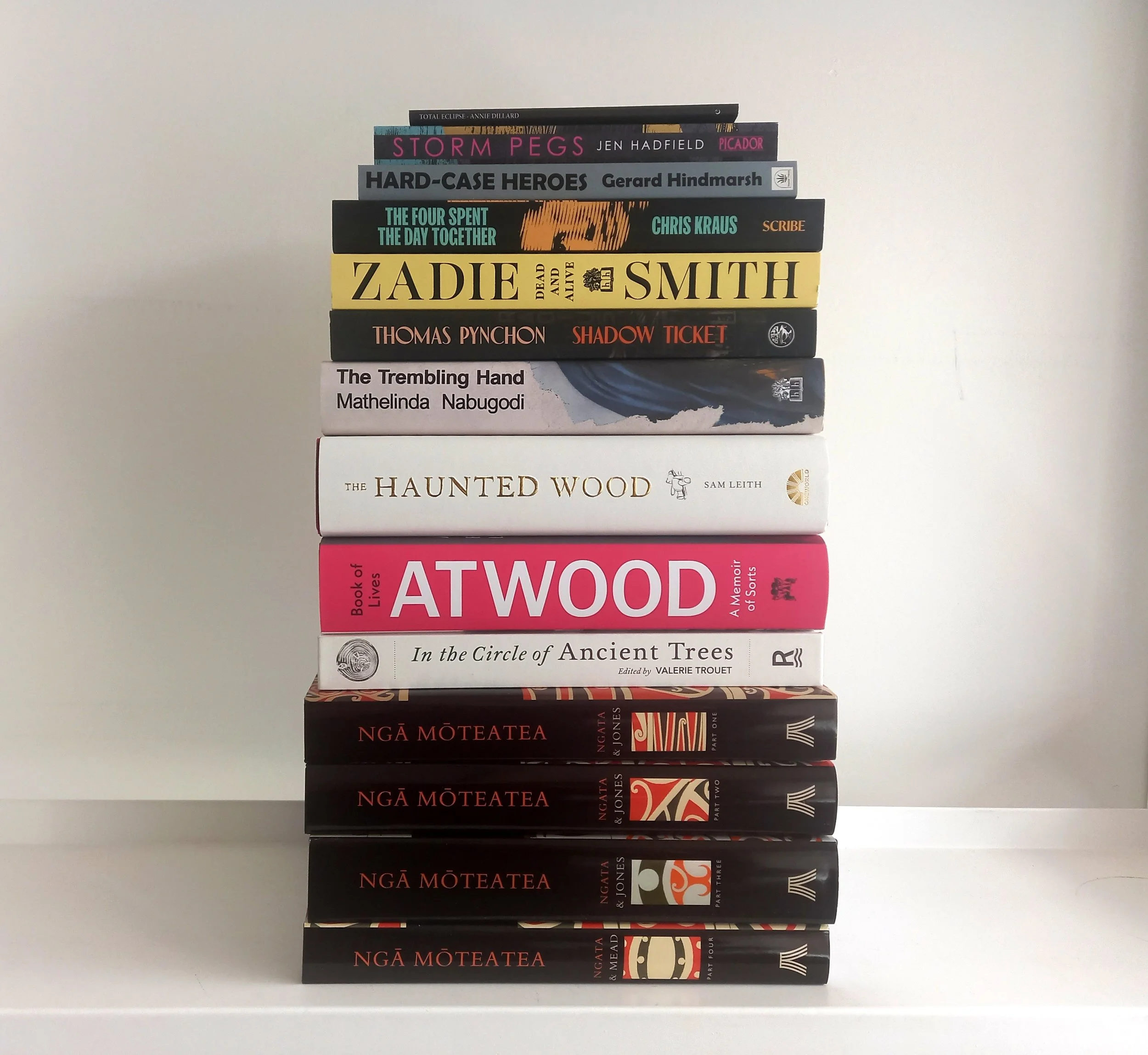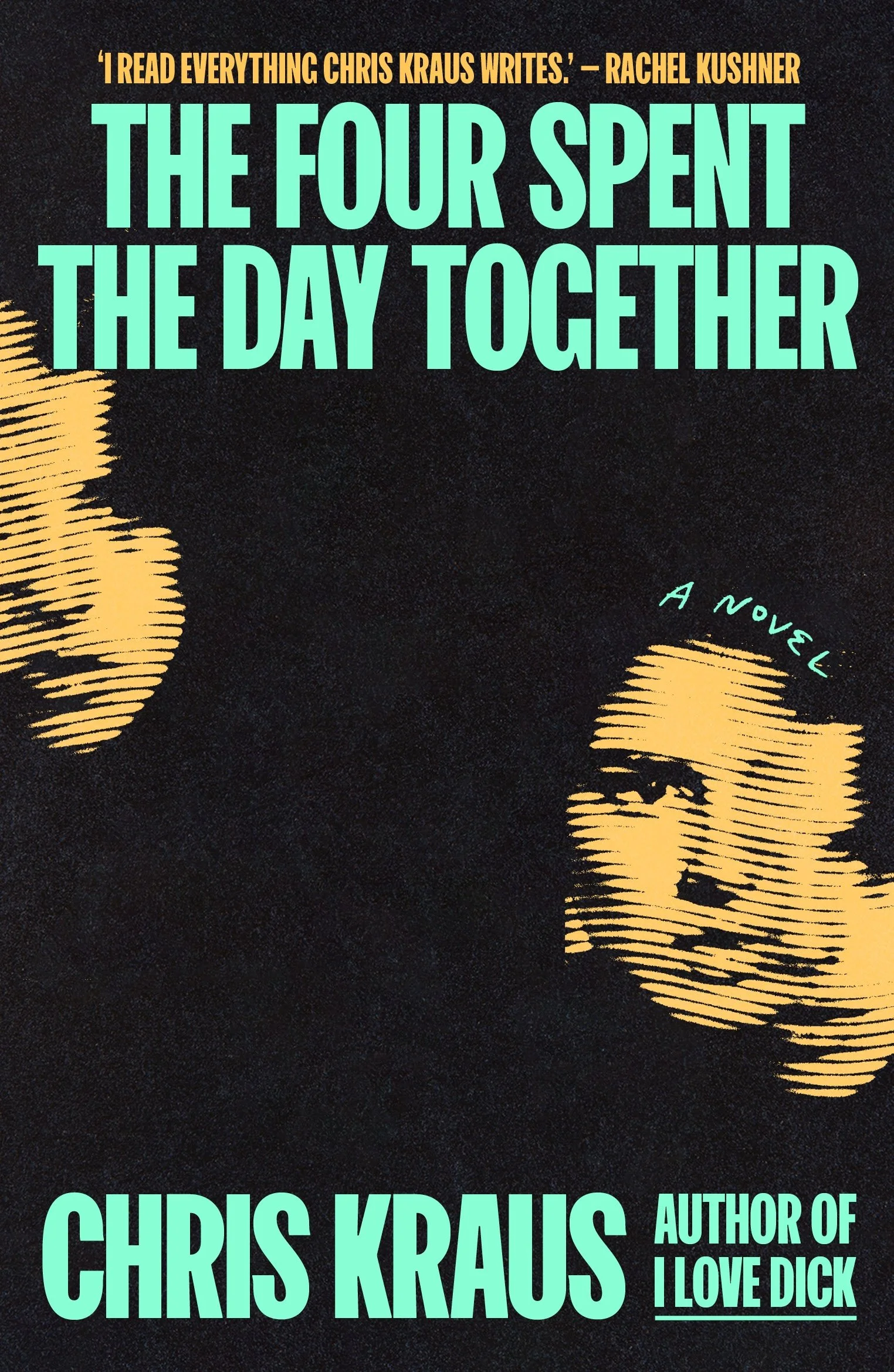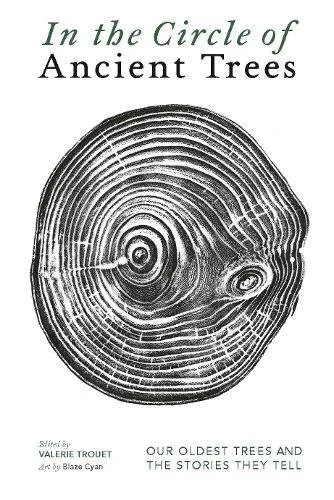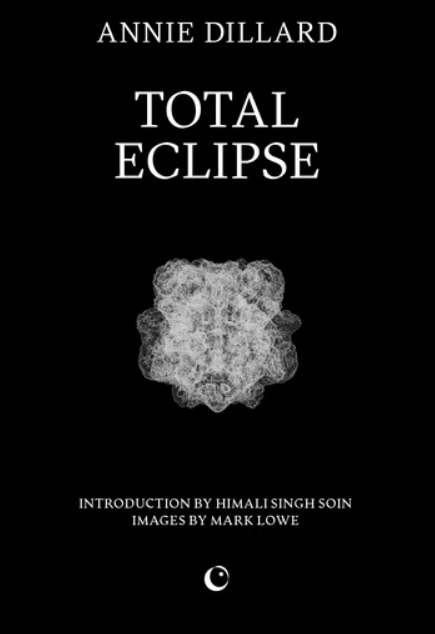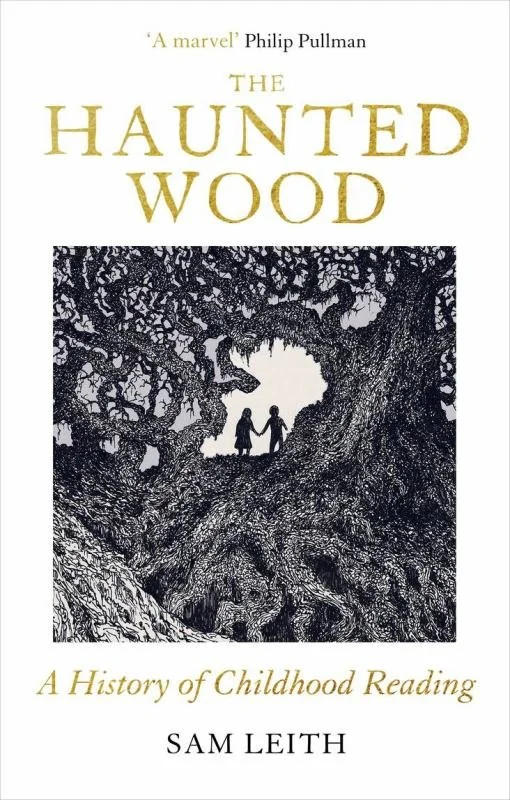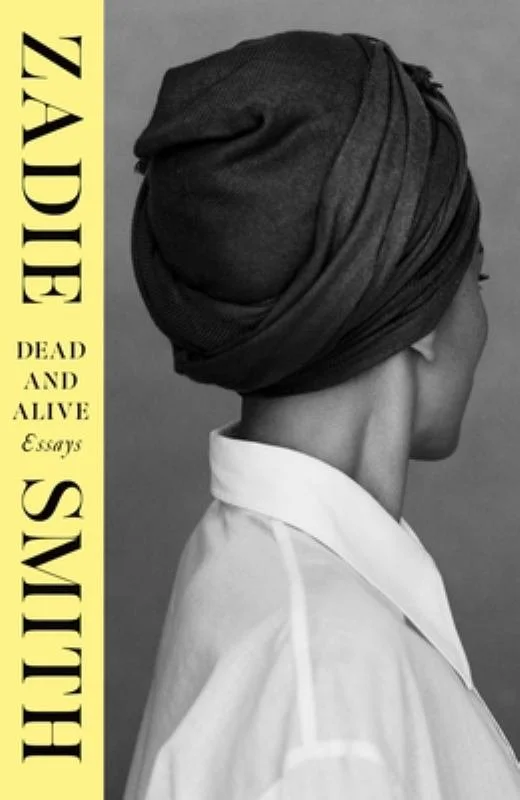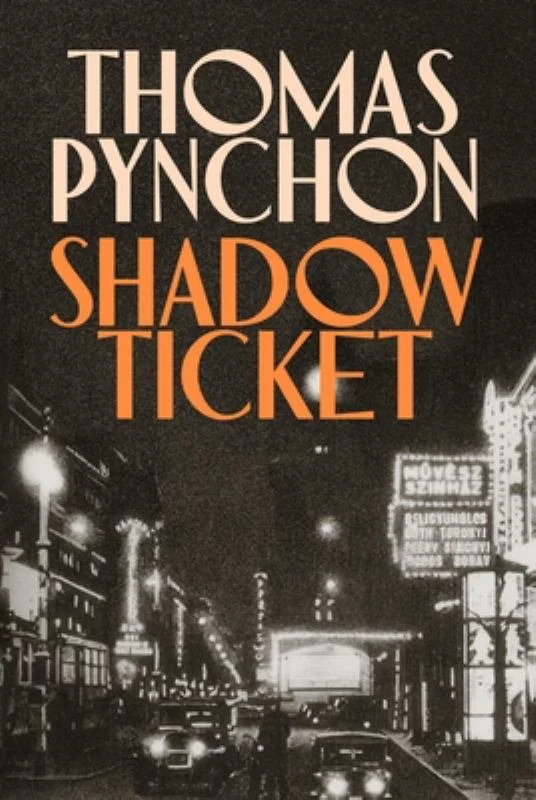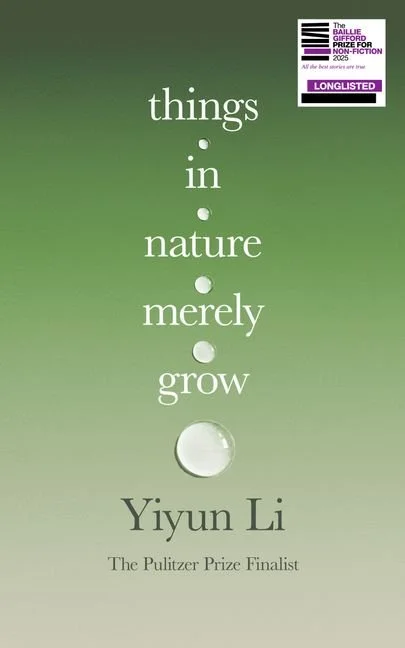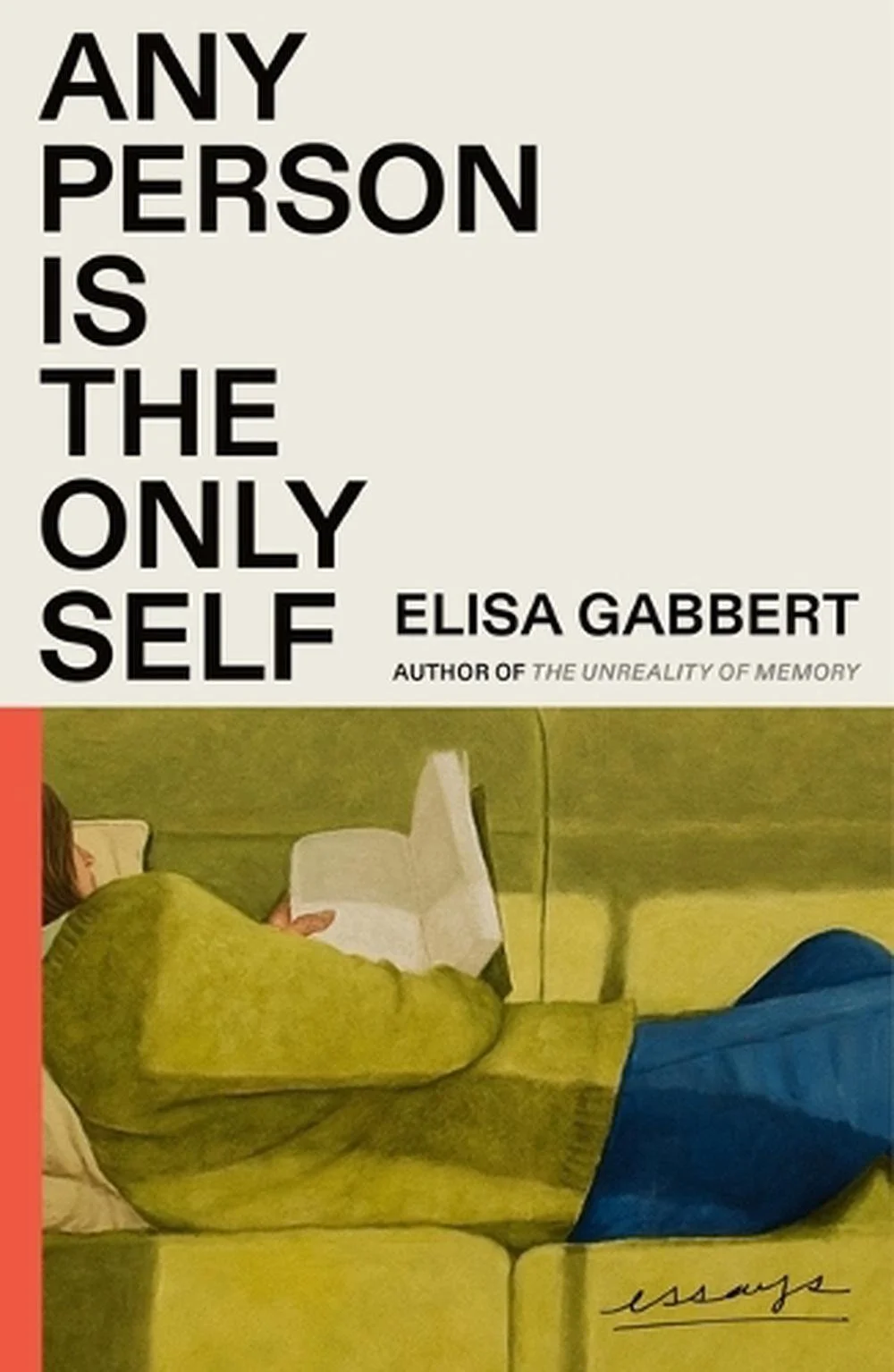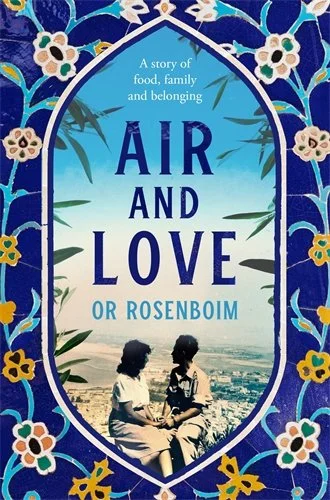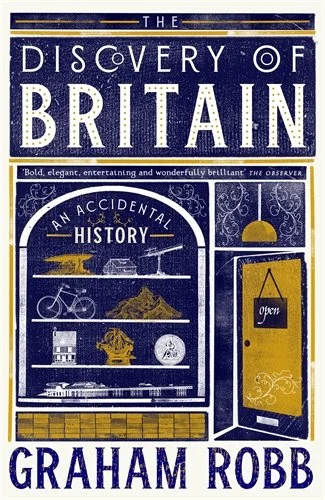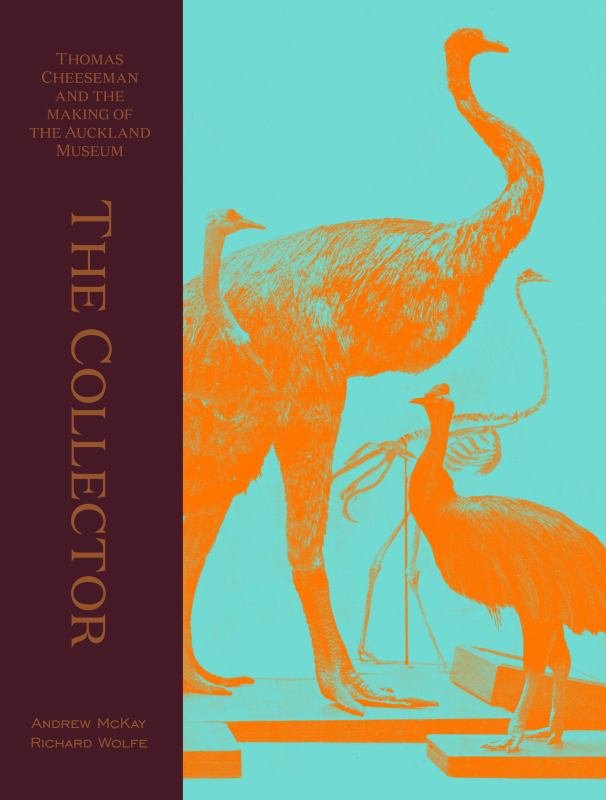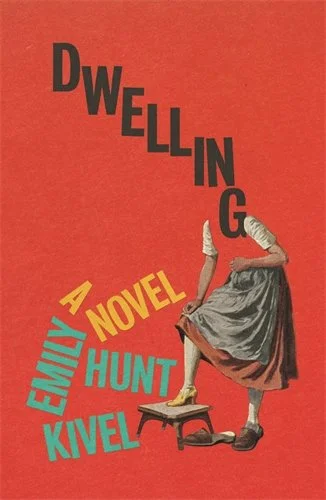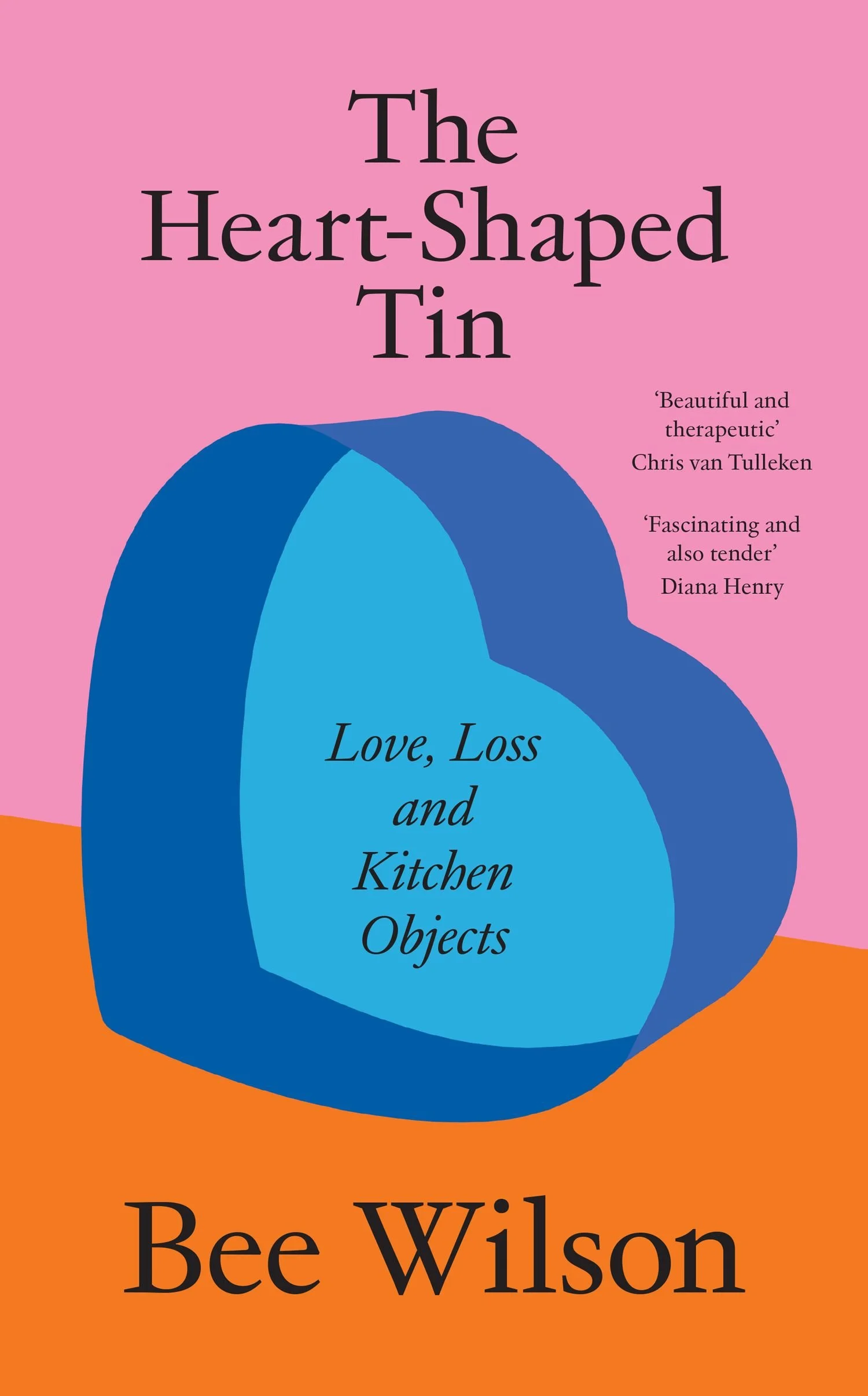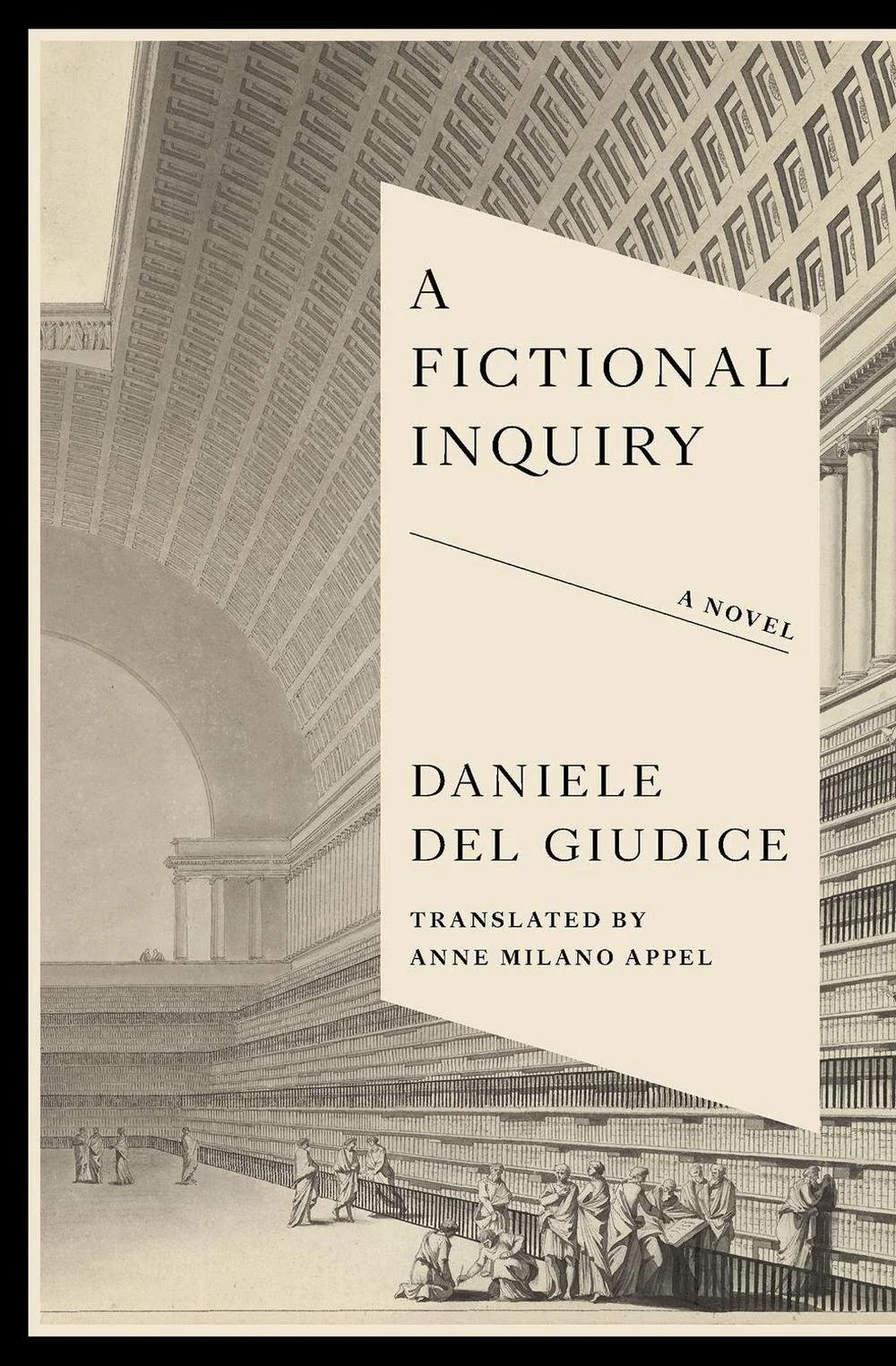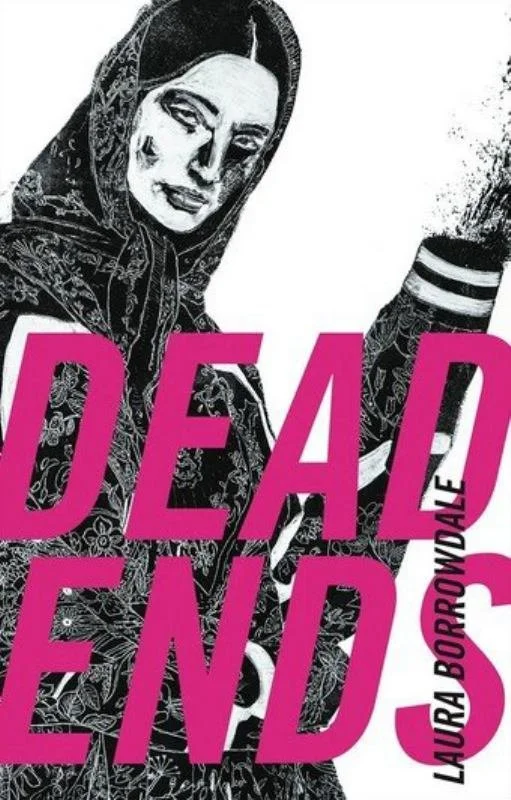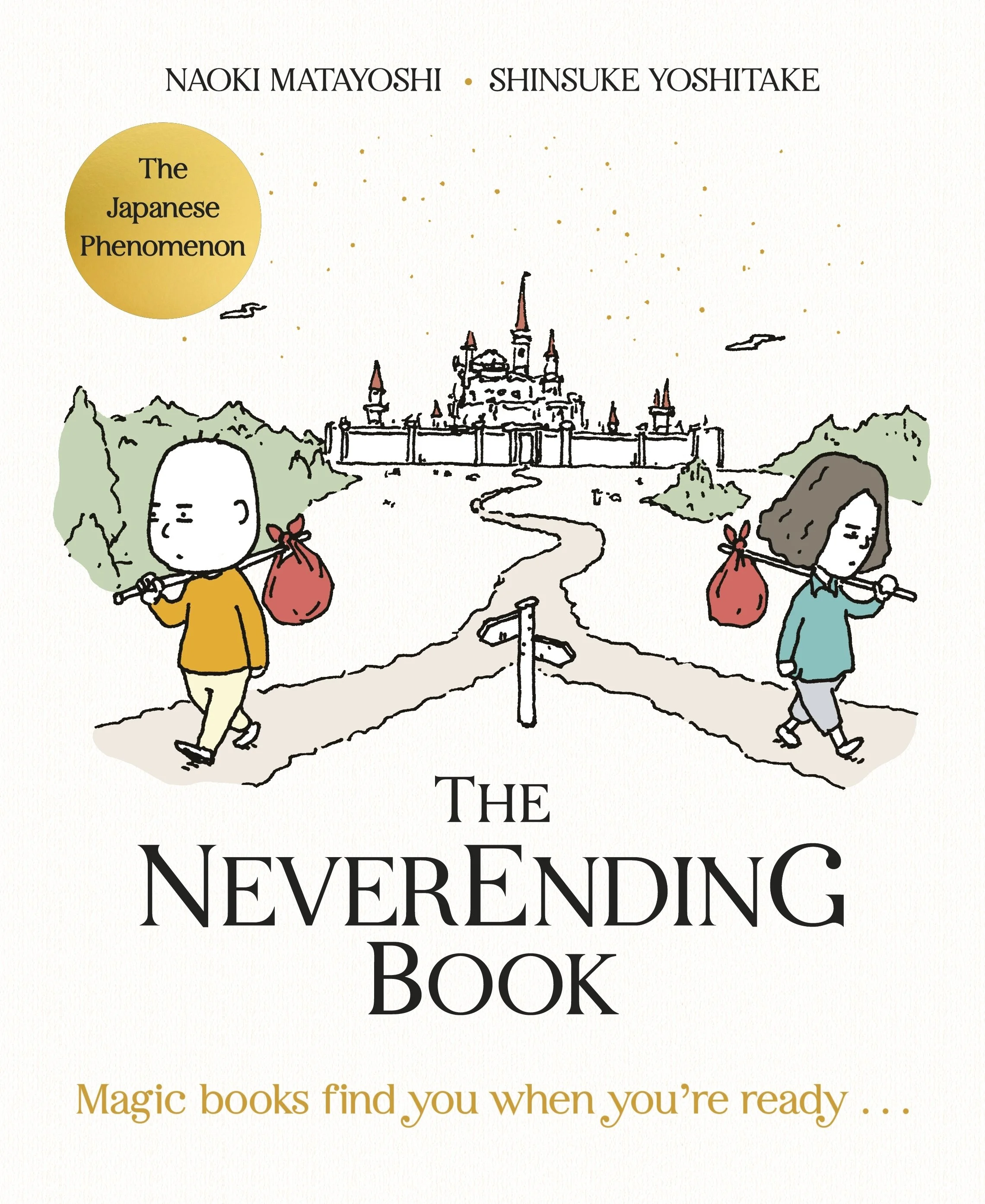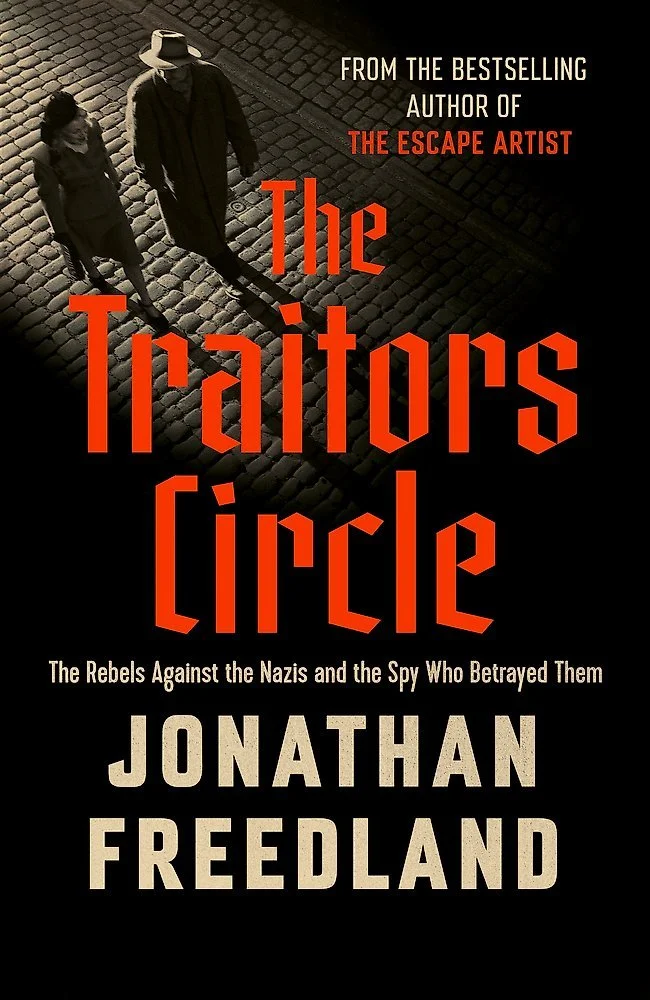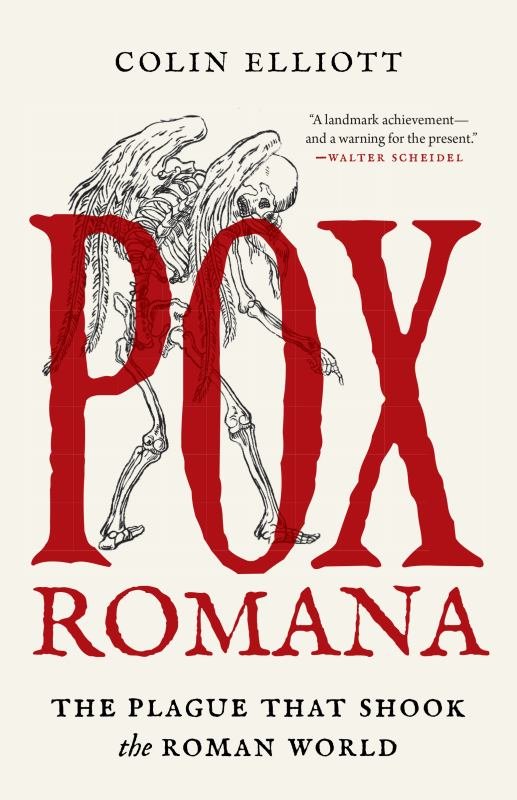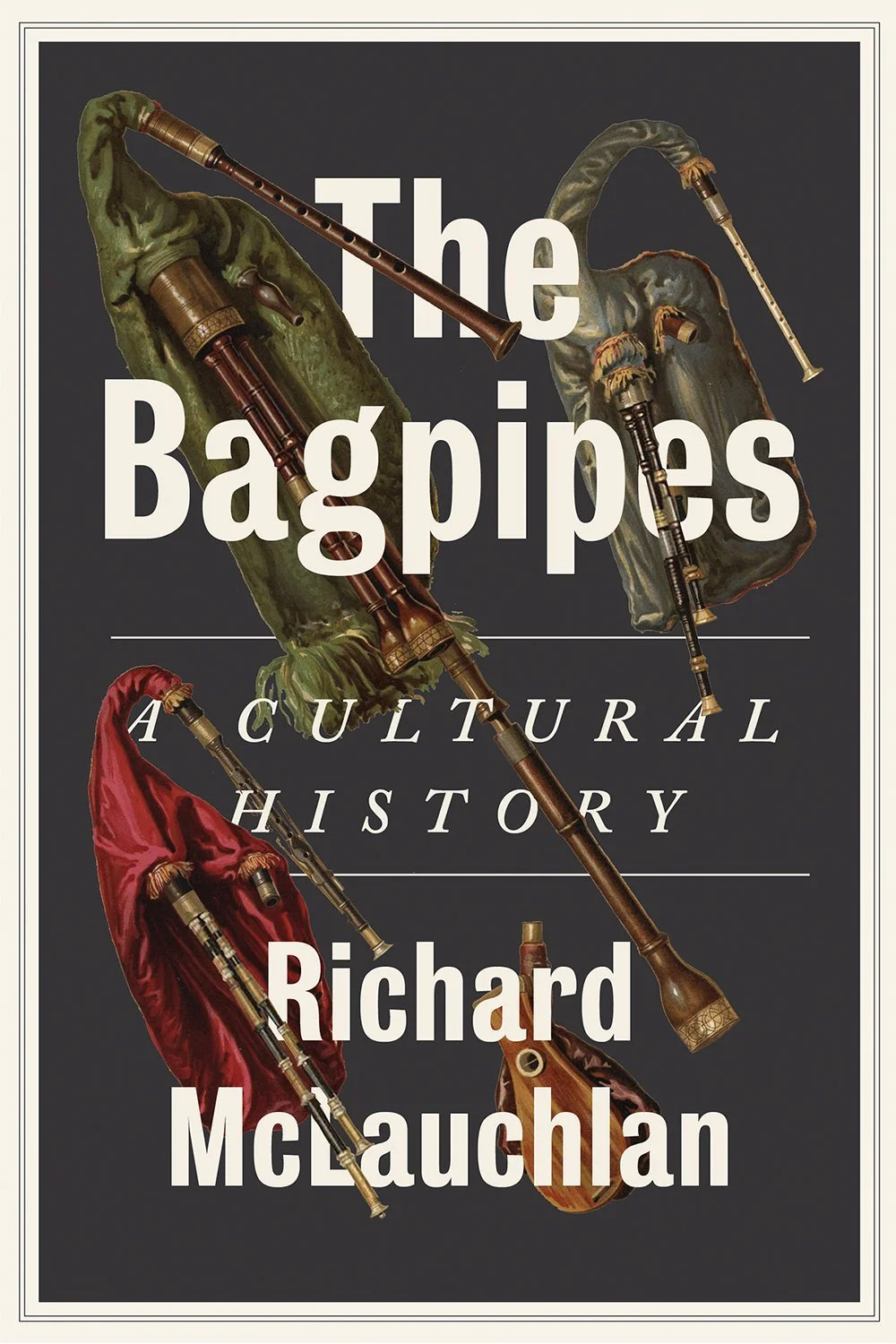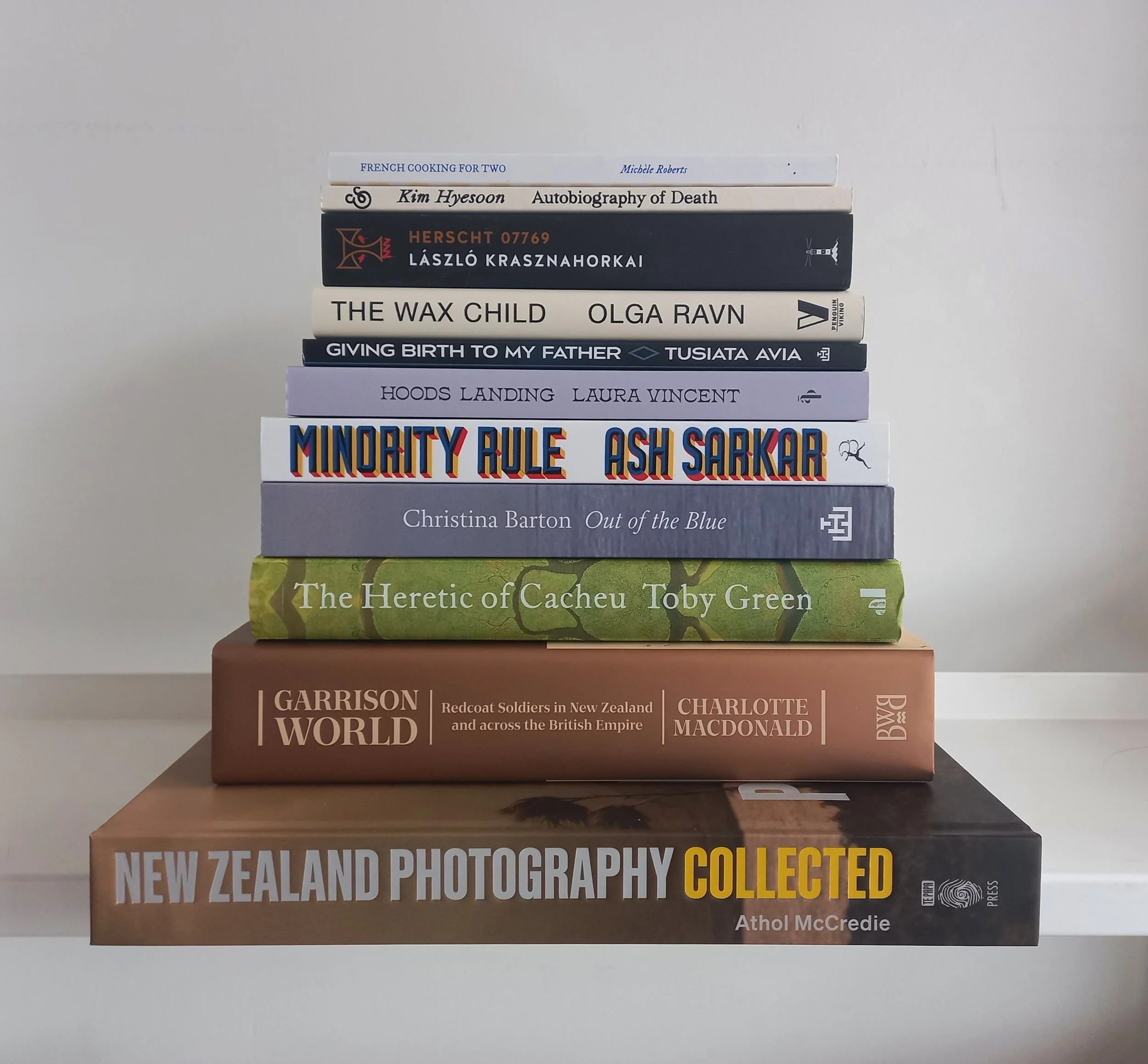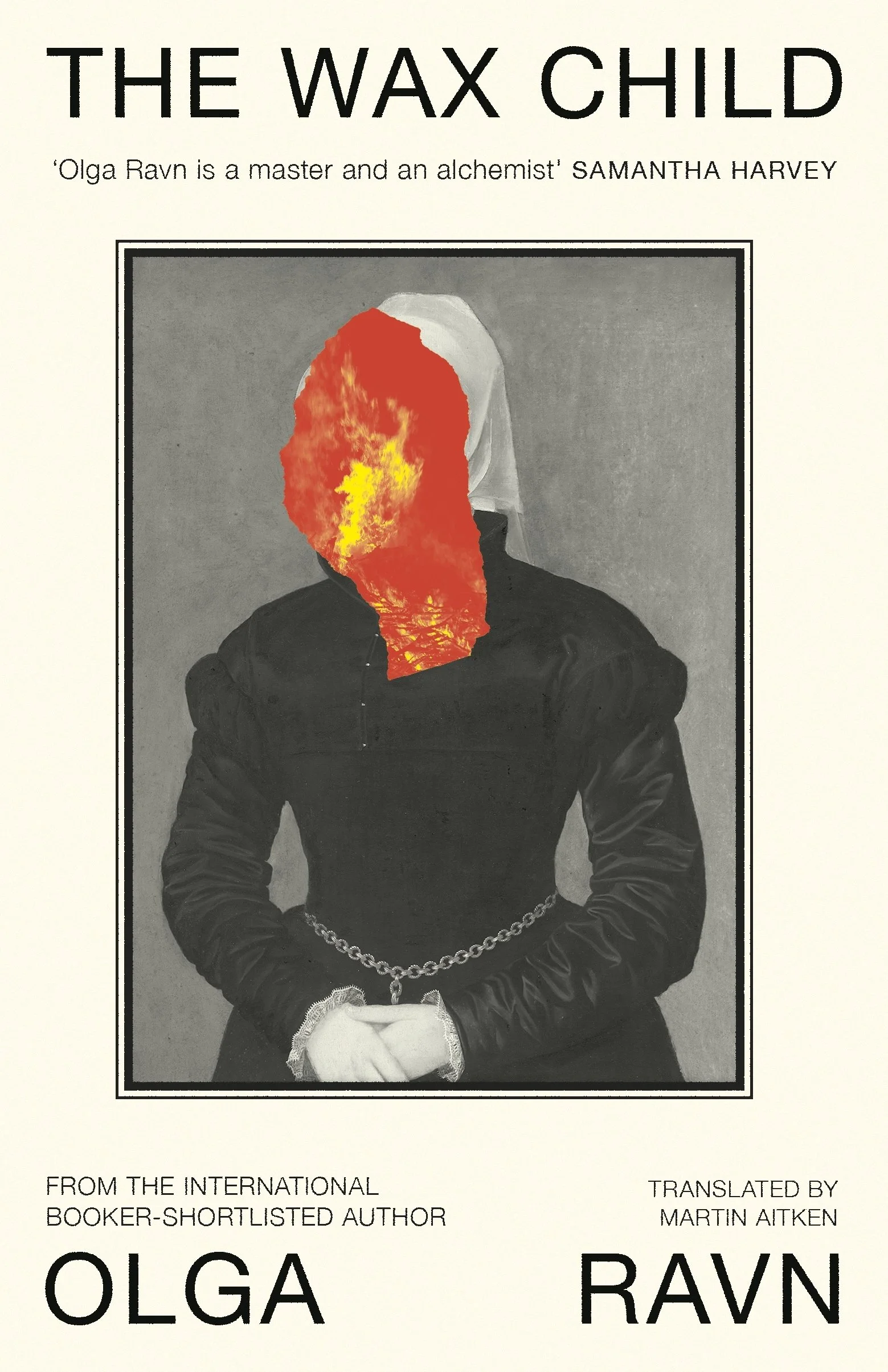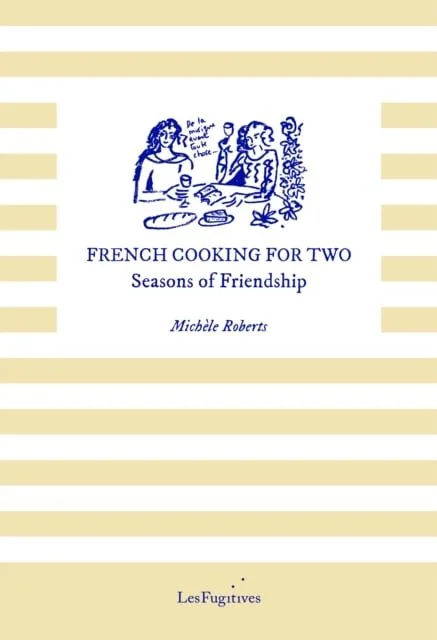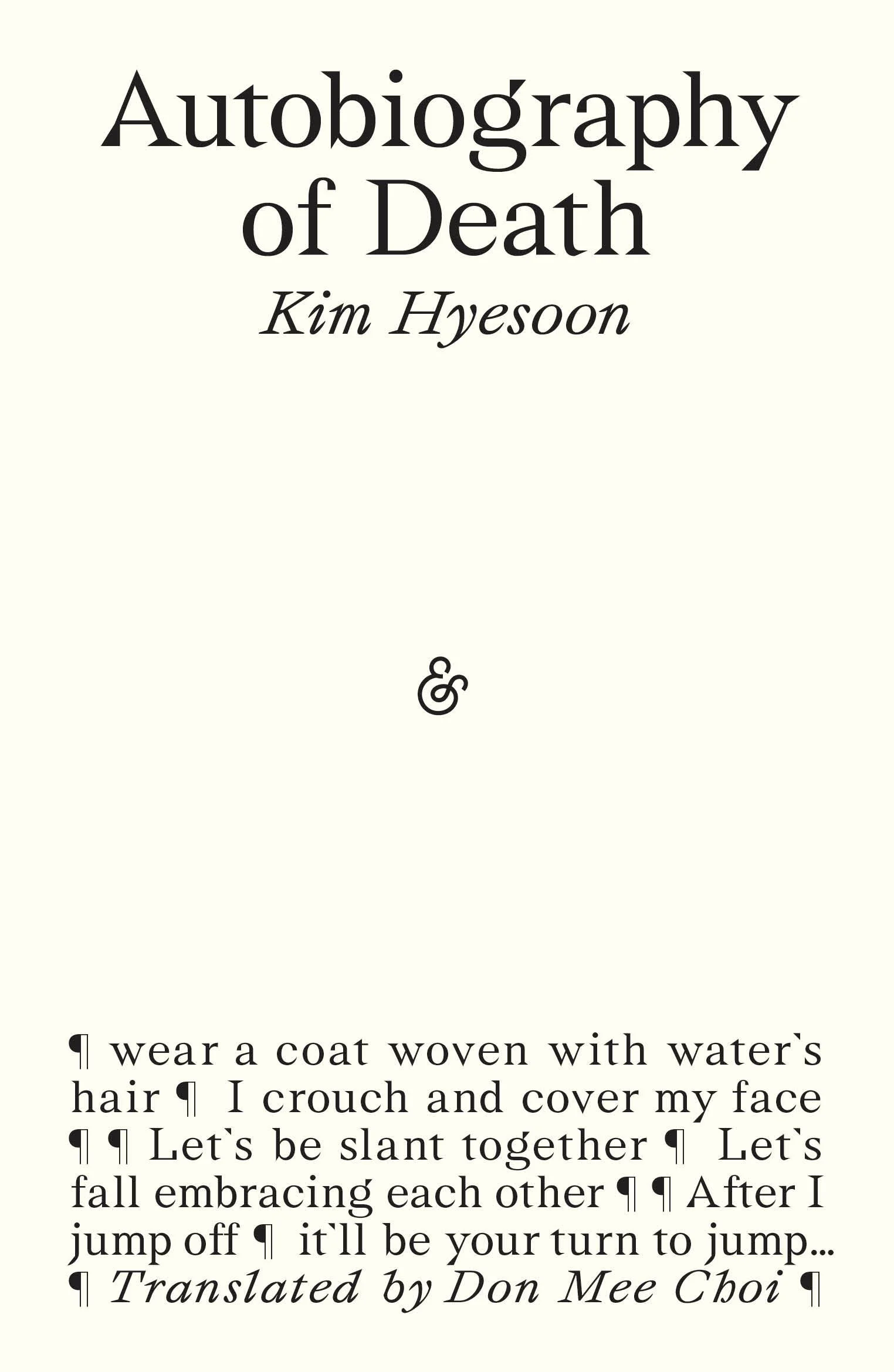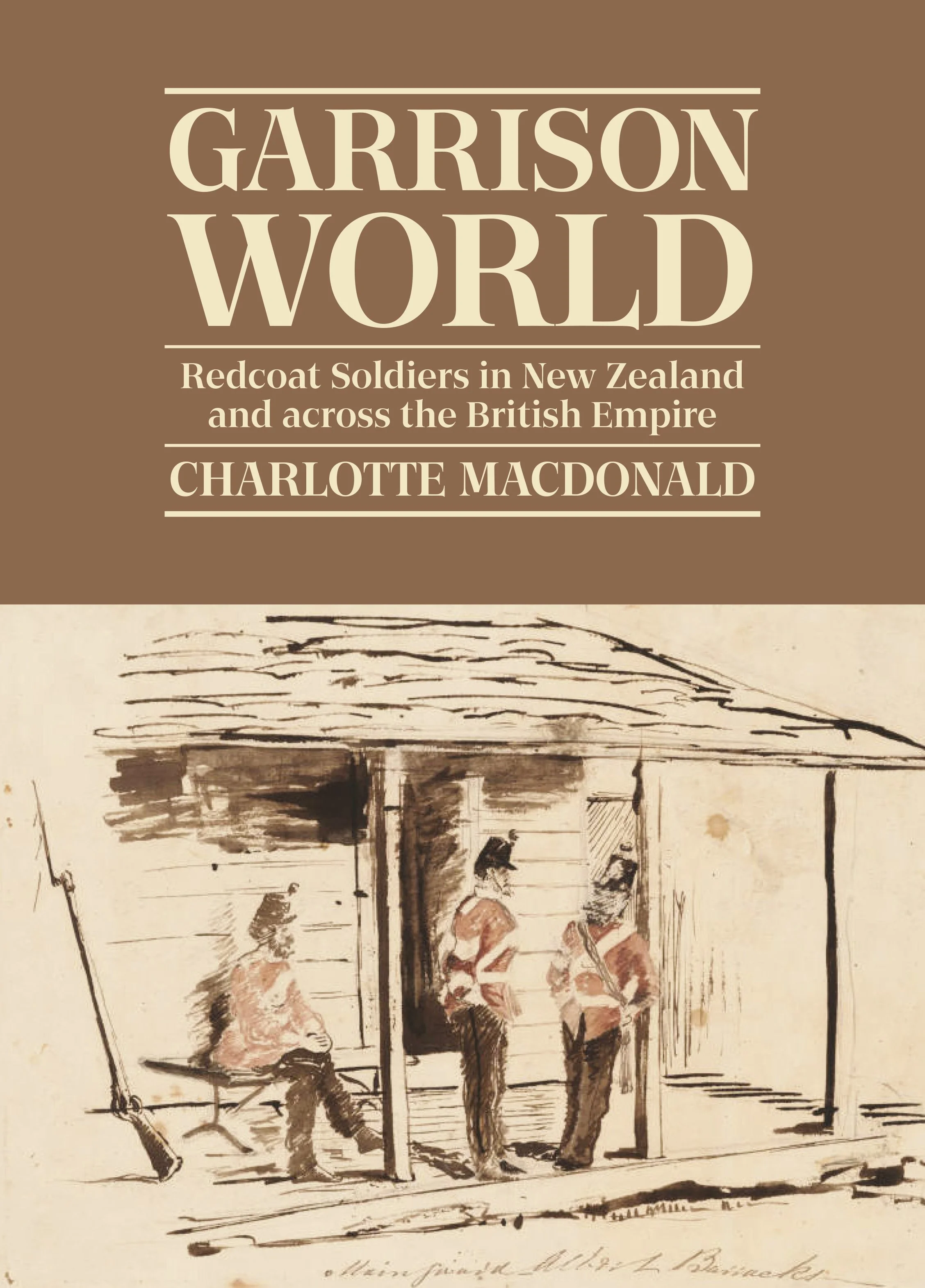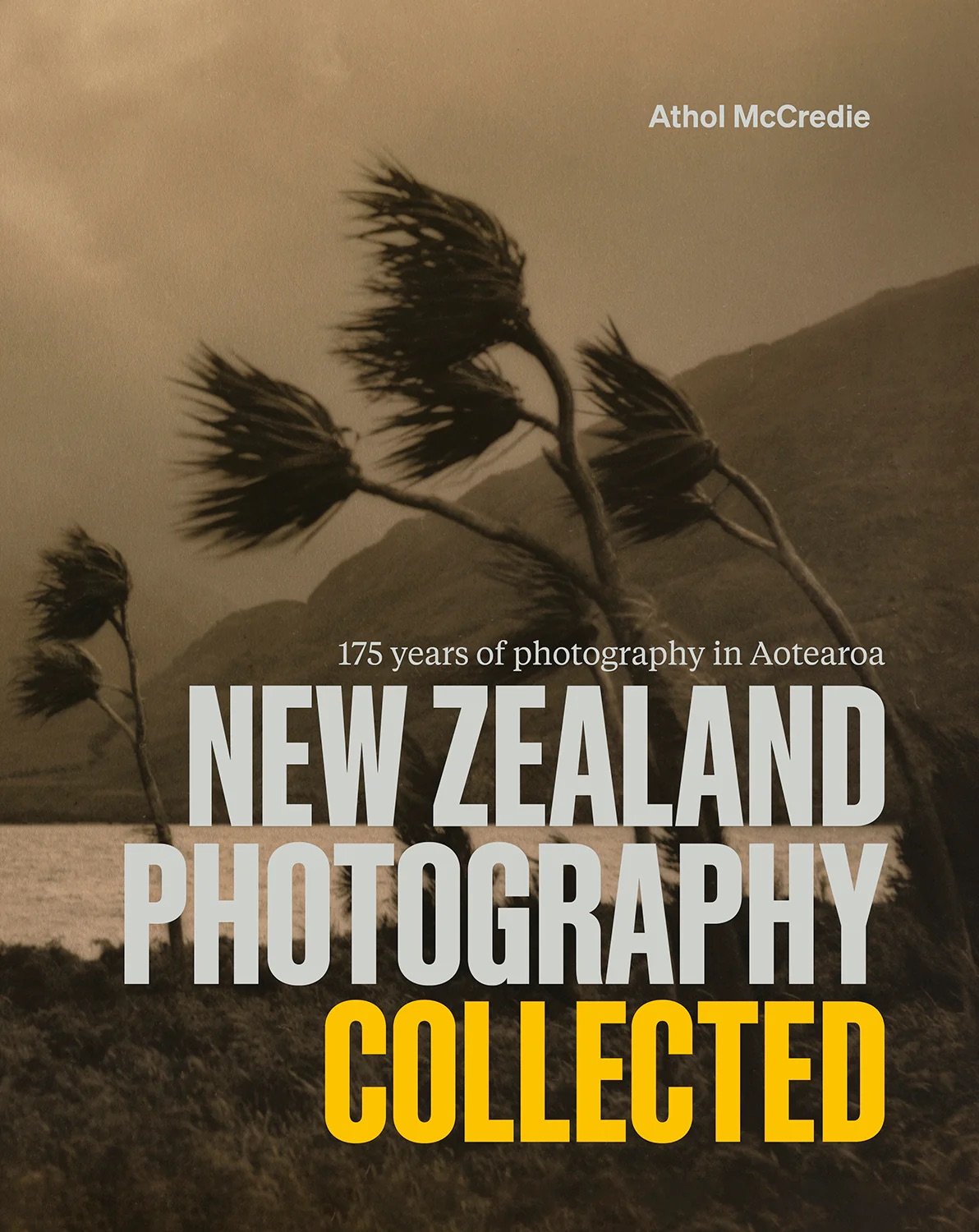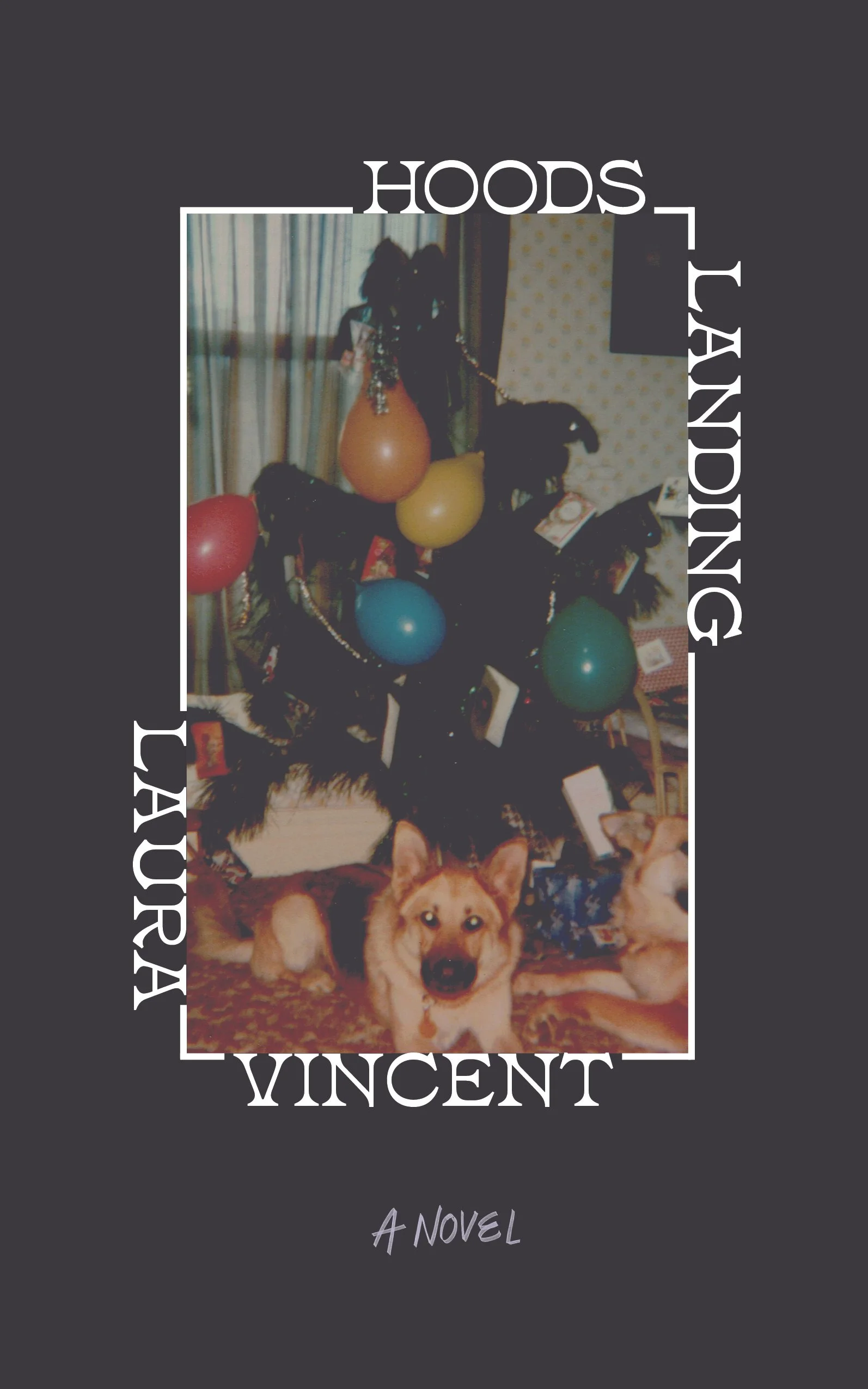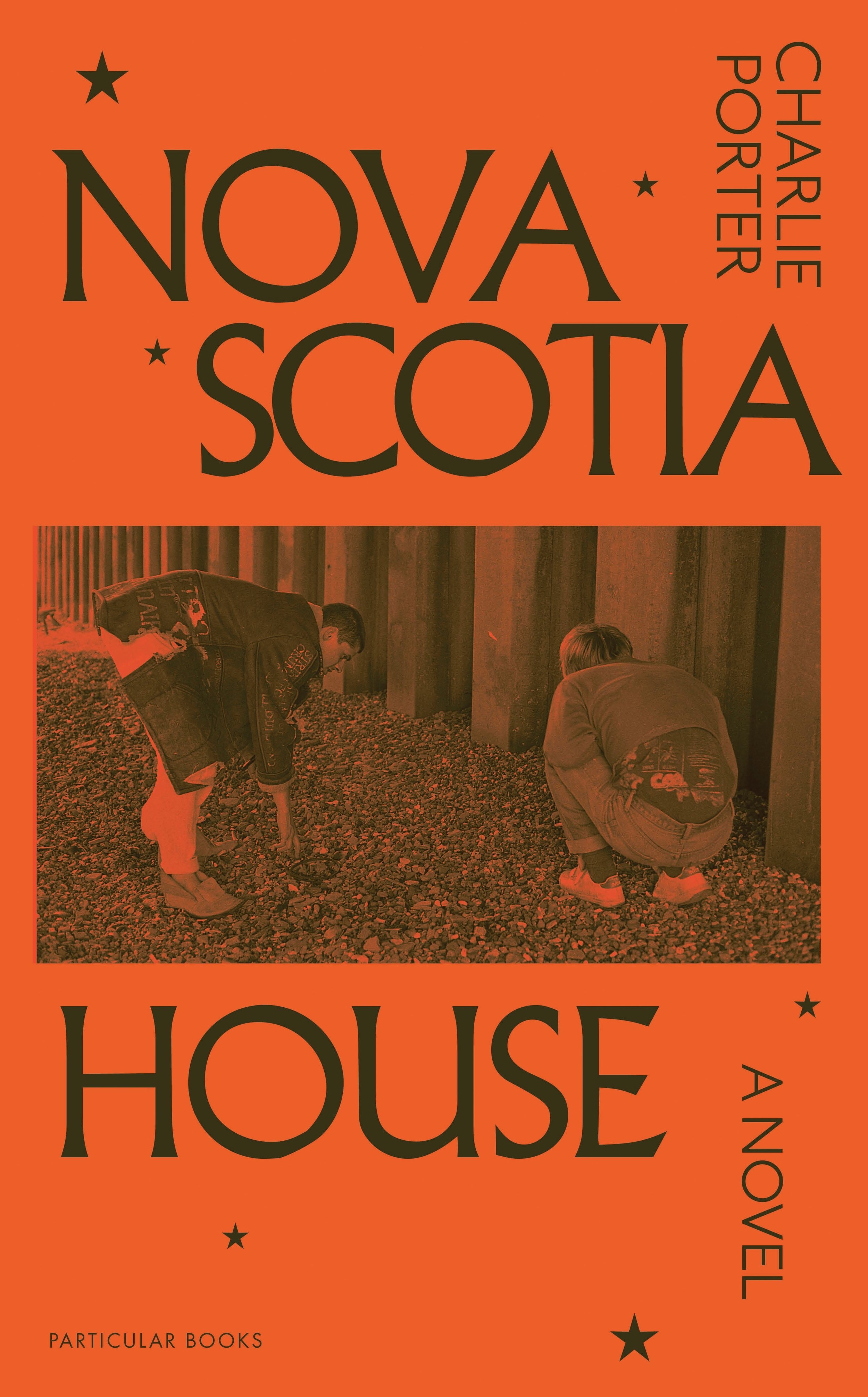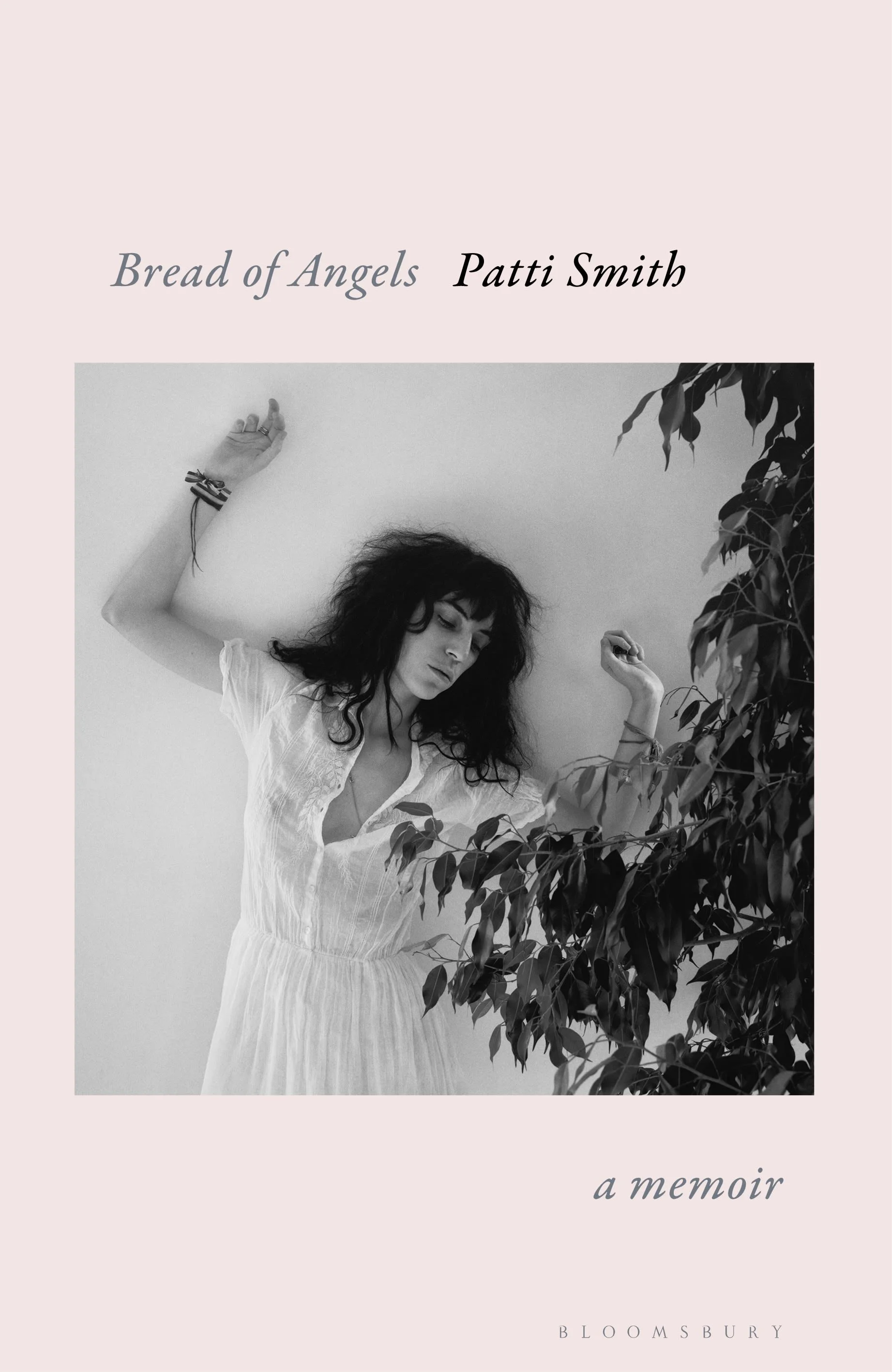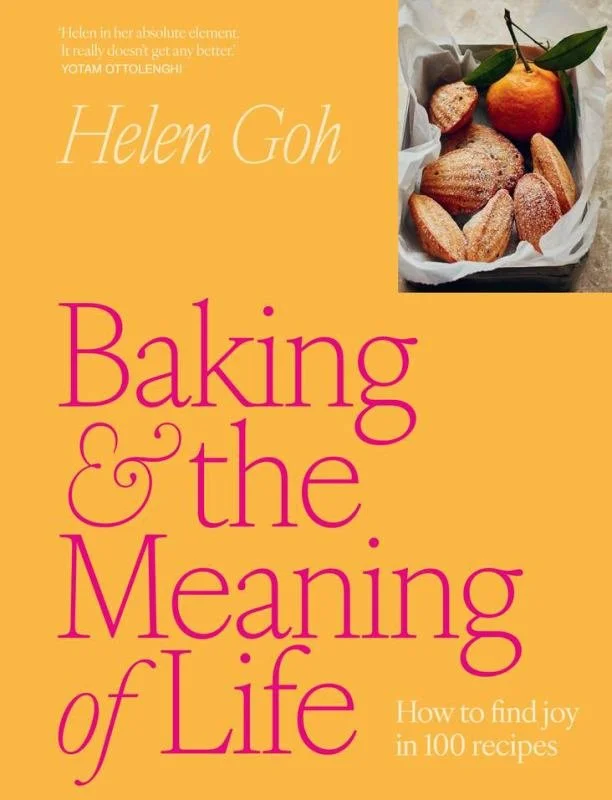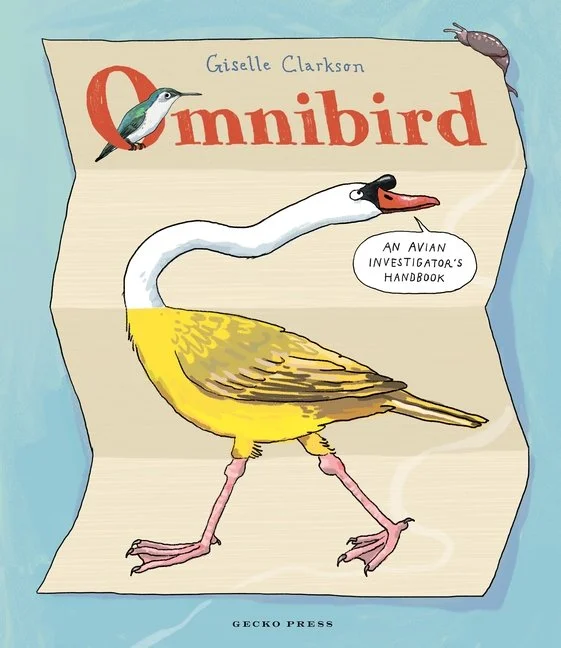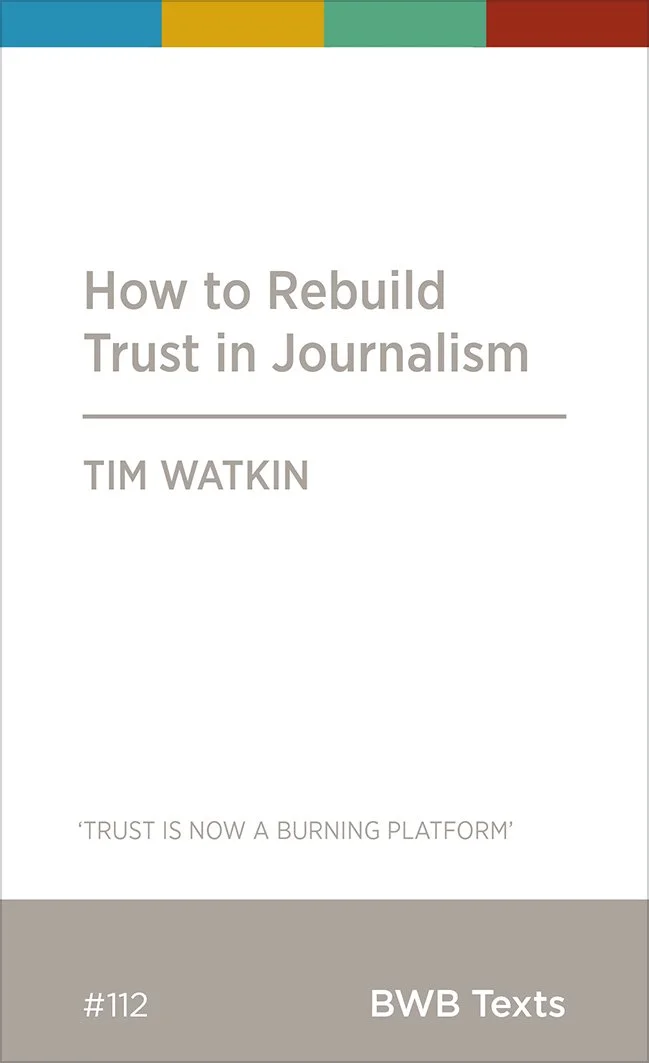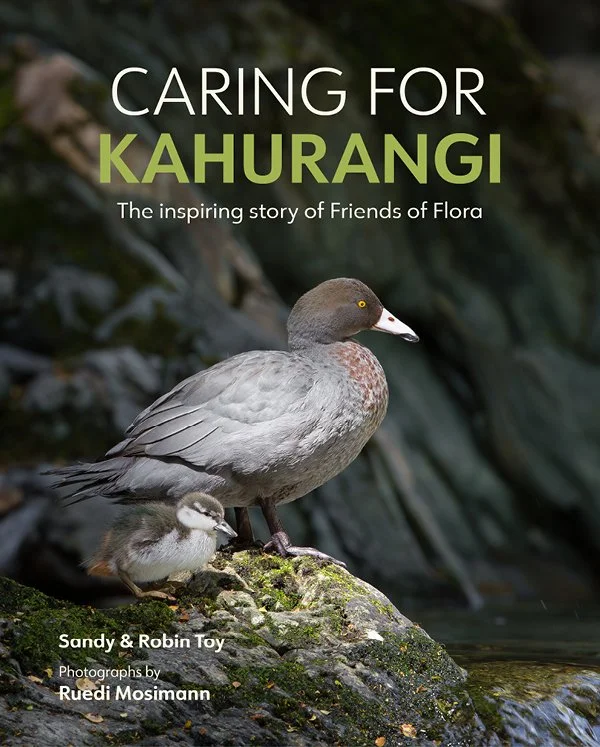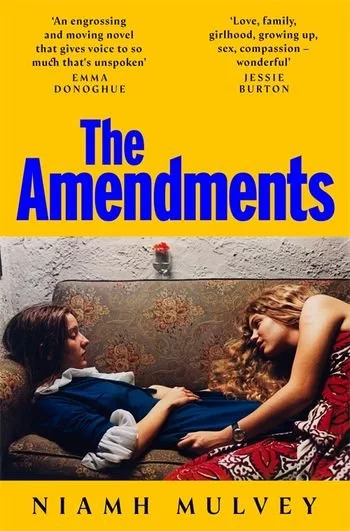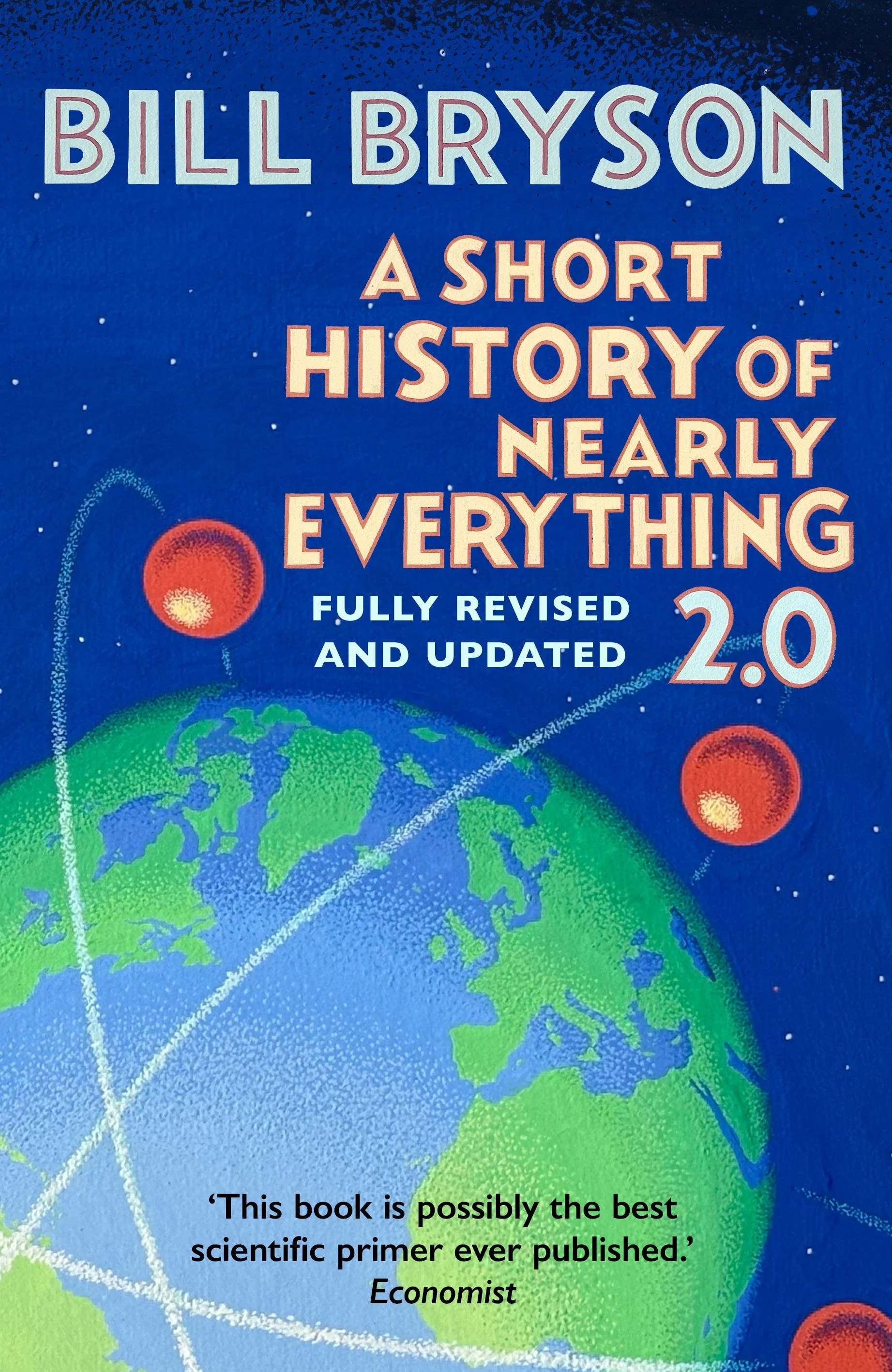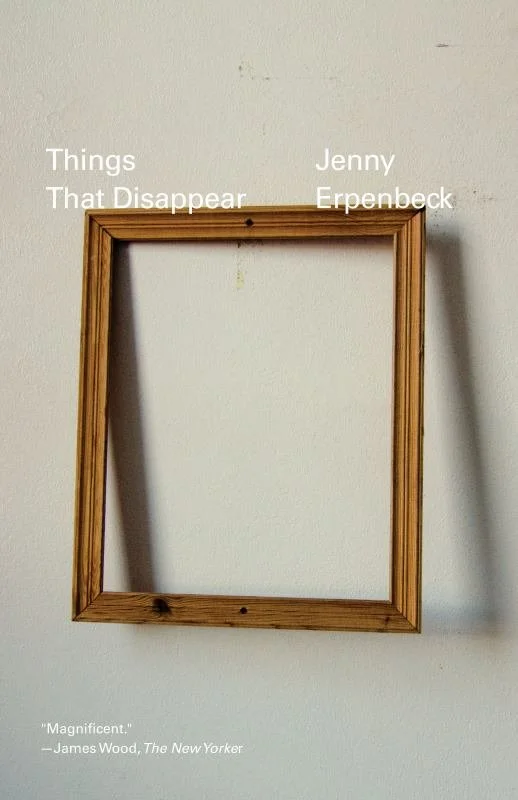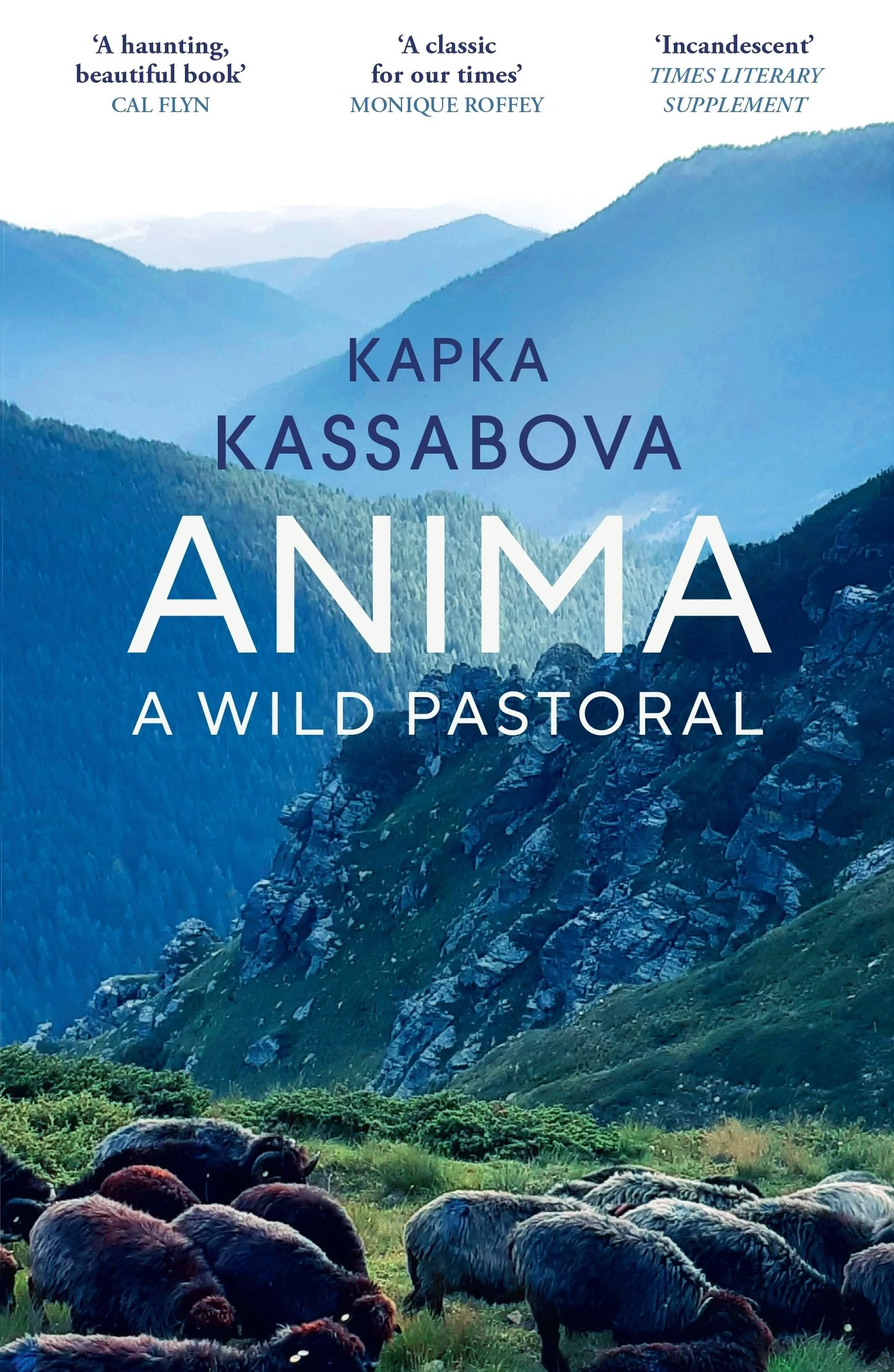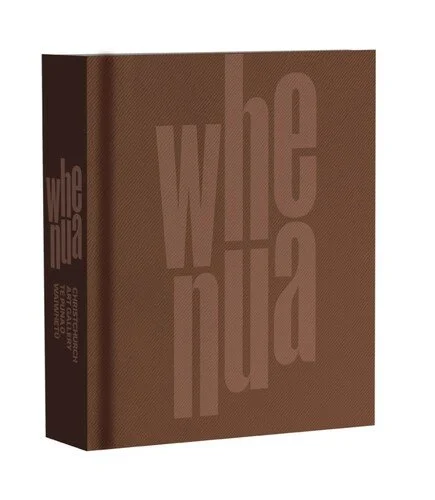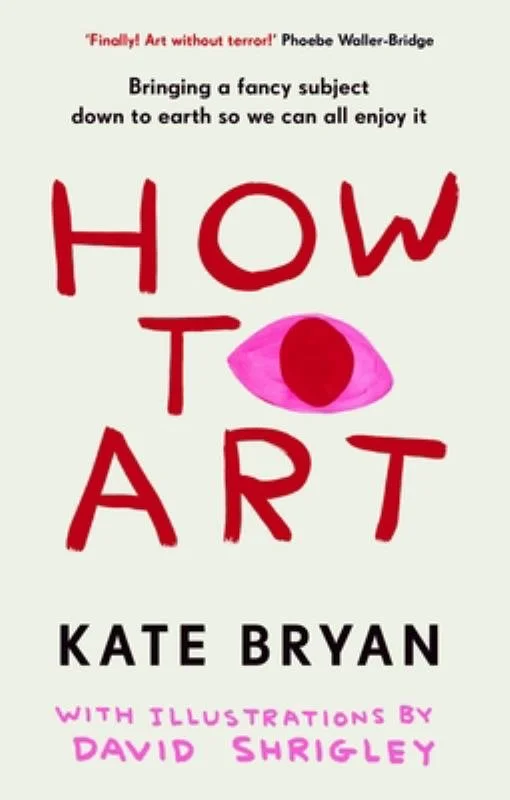All your choices are good! Click through to our website (or just email us) to secure your copies. We will dispatch your books by overnight courier or have them ready to collect from our door in Church Street, Whakatū.
Lyrical Ballads by Bill Manhire $30
Bill Manhire has always subscribed to Paul Valéry’s definition of poetry as ‘a prolonged hesitation between sound and sense’. In that spirit, many of the poems in this long-awaited new collection blend story and song, and do so using everyday words and phrases that — suddenly, on the page — become new and delightfully weird. Lyrical Ballads is a many-peopled collection: the baffled inhabitants of Every Street and Intermediate Street are here, while Dracula, T.S. Eliot and Bobby Outram from Outram have walk-on parts. The collection is anchored by two long sequences that embrace awkwardness, mystery and absurdity: ‘The Tobacco Tin’, a kind of folk story riding along on its own lacunae, and ‘Tell You What’, a set of curmudgeonly opinions that evoke the prejudices of a fast-vanishing world. As they notice the small collisions between wonder and everyday reality, and the trajectories of those who don’t fit easily in this world, these poems close in on the darker certainties of our lives. [Paperback]
they by Helle Helle (translated from Danish by Martin Aitken) $35
A mother and her sixteen-year-old daughter live in an apartment above a hairdresser's shop in a small island town. Each day is marked by routine and quiet intimacy. They are so enmeshed, so alike in their manners and opinions, it can be hard to tell them apart. Then the mother begins to feel unwell. They carry on with their lives, talk about anything but the diagnosis. The mother goes in and out of hospital, and the daughter, just starting high school, makes new friends but remains essentially alone. Illness, and the possibility of loss, cast a growing shadow over her life. Writing in a multi-layered, perpetual present tense, Helle Helle finds a tender voice for the comedy and awkwardness of her characters' lives, rendered into riveting and affecting English by acclaimed translator Martin Aitken. they is an exquisite portrait of the fragile love between a mother and daughter, and a love letter to 1980s life on the island of Lolland, where the author grew up.
”One of my favorite Danish writers — she's the master.” —Olga Ravn
”Helle Helle's minimalism isn't boring; it crackles with mystery. It's the everyday, and yet it's insistently beautiful.” —Weekendavisen
”Helle Helle's they sharply renders the startling and singular specifics of a life: hairspray, glass trolls, radiators, crocheted curtains, shrimps, baguettes, liver pâté, harem pants, peacoats, denim skirts, the selling of milk, eggs and soap, fried eggs, pineapple, peaches and cheese, garlic, condensed milk, jam, terry-cloth, lemonade, female guitarists, cans of tomato soup, Band-Aids, rustic whole grain bread, cold spaghetti. All this within the binary star gravitational pull of a mother-daughter relationship peering into the void of the mother's sudden, almost certainly terminal, illness. It's a book about class, memory, and the texture of time itself. I'm now a Helle Helle completist.” —Rita Bullwinkel
>>Beautiful minimalism.
>>On reading.
What to Wear by Jenny Bornholdt $25
The poems in What to Wear observe that life means doing ordinary and marvellous things, like going to Bunnings, falling asleep on the train, losing and finding poems, losing and dreaming of our mothers, loving, dying, and deciding what to wear. [Paperback]
”Mischievously joyful, like being in on the very best in-joke. Jenny Bornholdt reveals the strange magic of the everyday. Some of these poems move like a heat-seeking missile set to the heart.’” —Louise Wallace
Leather & Chains: My 1986 diary by Kate Camp $40
Kate Camp turns her poet' s eye on her 1986 diary. Reading The Diary in its entirety for the first time, she revels in 80s touchstones like Revlon Custom Eyes and Ghostbusters on VHS. But amid the daily details, like smoking menthols in Suzy' s Coffee Lounge and wearing Jazzercise tights in a phone box, are moments of drama, even tragedy — being black-out drunk in a spa pool, or watching her father move out of the family home. At the centre of it all is Cameron, his black hair falling over his eyes, intoning in his fake Scottish accent, “Treat me rough, baby.” These entries — over 100 reproduced in full — are a time capsule of a very different era. The Kate Camp of today responds to the blithe accounts of sex, drugs and risk-taking with horror and admiration — and insight. How real are our memories? Can we ever know ourselves? And why is every entry signed off Leather & Chains? [Flexibound]
”Kate Camp reads the words of grownupchild Kate of 1986 — achingly funny, arch and louche, often shocking, always clever. And all of it threaded through with such pain and sadness and unsettling darkness, such yearning to be loved. I thought I knew The Diary so well, after all these years listening and watching from the wings. But reading The Diary myself, as she does in this remarkable project, is richer, funnier and, yes, sadder than experiencing it live in eight-minute snippets. I've often wondered about Kate Camp: how did she get to be so fearless, so peerless, so bold? The answer is in these pages.” —Tracy Farr
Helen of Nowhere by Makenna Goodman $35
In the middle of the countryside, a realtor is showing a disgraced professor around an idyllic house. She speaks not only about the home's many wonderful qualities but about its previous owner, the mystifying Helen, whose presence still seems to suffuse every fixture. Through hearing stories of Helen's chosen way of living, the man begins to see that his story is not actually over — rather, he is being offered a chance to buy his way into the simple life, close to the land, that's always been out of reach to him. But as evening fades into black, he will learn that the asking price may be much higher, and stranger, than anticipated. Philosophically and formally adventurous, at once intimate and cosmic in scope, Helen of Nowhere asks: What must we give up in exchange for true happiness? [Paperback with French flaps]
”Wildly original, unpredictable and funny. Is Helen of Nowhere a ghost story? A satire about back-to-the-land philosophies? A comedy about male obsolescence? Or, conversely, a skewering of identity politics? Perhaps it's just a fable about burn-out or the human hunger for love. It could be all of these.... This is fiction that will sharpen your attention to the world, make it more intense. It reminds us that we don't have to understand or like everything about a book to get something out of it. In fact, allowing ourselves to feel stimulated and perplexed feels like intellectual freedom and an awakening of human potential.” —Johanna Thomas-Corr, The Times
”Virtuosically written, with an insanity inside its sanity — or the other way around — that seems the proper use to make of reality in this moment.” —Rachel Cusk
”Helen of Nowhere is one of the most surprising novels I've ever read. Goodman has found a unique way of blending political urgency and psychological insight with an almost hallucinatory spiritual dimension that manages to strike the reader as perfectly justified, deeply funny and profoundly true.” —Vincenzo Latronico
”Goodman has wrought an epic in miniature, somehow as appealingly vast as a Greek tragedy or a Platonic dialogue, equal parts philosophy and art that's also delightfully wicked, like something from a fairytale or a fever dream.” —Sarah Manguso
>>Continually evolving truths.
>>A house holds a mirror.
>>Love, theory, and the ‘post-cis male moment’.
Coming. Apart. by Edy Poppy (translated from Norwegian by May-Brit Akerholt) $35
The sharp, sensual stories of Coming. Apart. chart the unraveling of relationships in all their complexity. From rural Norway to Berlin, Edy Poppy follows characters caught between intimacy and escape lovers who drift, clash, fracture. A couple's erotic games slip into something darker. A woman retreats to the countryside, shadowed by memory. Another navigates obsession, ambivalence, and solitude with uneasy clarity. Written in a voice that is both visceral and exacting, Edy Poppy's story collection moves along the fault lines of connection and desire. Blurring fiction and lived experience, Poppy offers a fierce meditation on what it means to stay or leave. [Paperback]
"Edy Poppy is a courageous writer who dares to transgress the limits most of us set for ourselves. But she does it so playfully and with such elegance that the reader can't resist coming along to explore forbidden realms. Anatomy. Monotony. has become a cult classic in many circles, and I see no reason why Coming. Apart. should not have the same impact." —Elle
"Fantastic!" —Chris Kraus
“In Coming. Apart. Edy Poppy unflinchingly strips bare the messiness of connection and lust, power imbalances, and the agonizing tension between freedom and constraint—boldly exposing humankind’s darkest desires and traumas, and exploring territory many wouldn’t dare to think, let alone put to paper. It is a mettlesome and provocative collection of short stories that refuses to be ignored.” —Tupelo Quarterly
>>Obsessive surveillance.
>>The next wound.
>>Gaze as a tool.
Edith Holler by Edward Carey $28
Norwich, 1901: Edith Holler spends her days among the eccentric denizens of the Holler Theatre, warned by her domineering father that the playhouse will literally tumble down if she should ever leave. Fascinated by tales of the city she knows only from afar, young Edith decides to write a play of her own about Mawther Meg, a monstrous figure said to have used the blood of countless children to make the local delicacy, Beetle Spread. But when her father suddenly announces his engagement to a peculiar woman named Margaret Unthank, Edith scrambles to protect her father, the theatre, and her play — the one thing that's truly hers — from the newcomer's sinister designs. Teeming with unforgettable characters and illuminated by Carey's trademark illustrations, Edith Holler is a surprisingly modern fable of one young woman's struggle to escape her family's control and craft her own creative destiny. [Paperback]
“An extraordinary achievement: funny, troubling, playful, magical and vastly energetic — sometimes all at once. Edith herself is a fierce, strange creature and entirely unforgettable. Hold on to your hat — and avoid the Beetle Spread.” —A.L. Kennedy
>>The Edith Holler card theatre. >>Yours to download.
>>Millions of words had fallen.
A Long Game: How to write fiction by Elizabeth McCracken $50
'Write every day', 'Show, don't tell', 'Write what you know', 'Kill Your Darlings' — These are some of the most popular nuggets of advice given to writers, generally accepted as true. They are all pieces of writing advice that Elizabeth McCracken expertly and persuasively shoots down in A Long Game. McCracken has been writing for most of her life. Here, she shares insights gleaned along the way, deconstructing received wisdom whilst playfully tackling the mysteries that are inherent to writing and creativity. A book about the life of an artist and a guide to fiction, A Long Game is a revelatory and indispensable resource and will lead all writers, at any stage of their career, back to the page. [Hardback]
”Elizabeth McCracken was my teacher, and it's a joy to know that now more people will have access to her brilliance through A Long Game. A guidebook for any fiction writer, and a problem-solving and cheering companion that makes writing a less lonely business.” —Yiyun Li
”Elizabeth McCracken is that rarest of combinations — a world class writer and a world class writing teacher. With A Long Game she has distilled the electric, inspiring genius, enthusiasm, and wit that she has brought to the classroom for more than three decades and put it into a book that's practically a masters program in itself.” —Paul Harding
”Elizabeth McCracken, one of the greatest, wisest, funniest, and most humane writers you will ever encounter, has written one the greatest, wisest, funniest, and most humane books about writing you will ever read. Have a pen ready. You'll want to underline sentences on every page that make you stop and think or inwardly cheer or nod in recognition. Most importantly, you'll want to run to your desk and write. A Long Game is an absolute gift.” —Cristina Henriquez
>>Rip up all the rules.
Augustus the Strong: A study in artistic greatness and political fiasco by Time Blanning $36
Augustus is one of the great what-ifs of the 18th century. He could have turned the accident of ruling two major realms into the basis for a powerful European state — a bulwark against the Russians and a block on Prussian expansion. Alas, there was no opportunity Augustus did not waste and no decision he did not get wrong. By the time of his death Poland was fatally damaged and would subsequently disappear as an independent state until the 20th century. Tim Blanning's entertaining and original book is a study in failed statecraft, showing how a ruler can shape history as much by incompetence as brilliance. Augustus's posthumous sobriquet 'The Strong' referred not to any political accomplishment, but to his legendary physical strength and sexual athleticism. Yet he was also one of the creative artists of the age, combining driving energy, exquisite taste and apparently boundless resources to master-mind the creation of peerless Dresden, the baroque jewel of jewels. Augustus the Strong brilliantly evokes this time of opulence and excess, decadence and folly. [Paperback]
”Tim Blanning's riotous biography of an often-forgotten 18th-century king provides historical perspective on the current state of Europe. It is so riotous it is impossible to read without thinking of picaresque characters such as Fielding's Tom Jones and Thackeray's Barry Lyndon. An irresistible feast of a biography of the now oft-forgotten Polish king whom he gloriously brings to life.” —Simon Sebag-Montefiore
”The wonderful story of one of the worst monarchs in European history, told with enormous wit and scholarship by a supremely talented historian. If you have the slightest interest in Germans, Poles, porcelain, jewels, the Enlightenment, military disasters or the pleasures of fox-tossing, then this is the book for you.” —Dominic Sandbrook
Discord by Jeremy Cooper $48
On a night in August, an audience at the Royal Albert Hall attends the first ever concert of ‘Distant Voices’. The Proms performance is the culmination of a year's work between the middle-aged composer Rebekah Rosen and the young star-saxophonist Evie Bennet. Alternating between both perspectives, Discord charts the course of their intense and at times fractious relationship, the resonances and dissonances both women find within one another, as well as the struggles and satisfactions that accompany an artistic life. At the heart of the novel is an inquiry into the generative force behind creative collaboration. In what ways does the inexpressible — that amorphous space of friction and unity between musicians — become indelible? And by what process do flawed individuals create works of transcendence? [Paperback with French flaps]
”It's very hard indeed to write fiction about music but Jeremy Cooper does so with triumphant aplomb. Discord is a tremendous, quietly enthralling achievement.” —William Boyd
”Jeremy Cooper's Discord is as nakedly truthful a novel as you could ever hope to read. Its characters are completely and utterly convincing and their interactions with one another are filled with all of the loveliness and foolishness and tenderness of real life.” —Aidan Cottrell-Boyce
”Quietly, irresistibly compelling. Jeremy Cooper's interior worlds fill you up, become the air around you, conduct the sounds of every day — while you are reading, and while the book waits for you to pick it up again. Discord is an enthralling human melody.” —Ben Pester
Slow Burn / Ahi Tāmau: Women and Photography / Mareikura Whakaahua by Lissa Mitchell $35
"Researching, collecting and writing about photography, I have often wondered where the women were." Lissa Mitchell. Slow Burn Ahi Tāmau showcases the diverse range of photography by women and non-binary artists from Aotearoa New Zealand, spanning the 1960s to today. Published to accompany a major survey exhibition from Te Papa's collections and to spark a conversation between past and present, this fully illustrated book explores themes of identity, whānau, place, and time through a feminist lens. Highlighting over 150 works by 50 artists, Slow Burn illustrates how ways of seeing can be passed down, reimagined, and slowly reignited. Featured artists include Anne Noble, Fiona Pardington, Natalie Robertson and Lisa Reihana. The curator's essay provides further historical context to the exhibition, and biographies of the photographers make this a valuable research resource. Slow Burn builds on ten years of deeply considered research, inclusive collection decisions, and the 2023 publication of Lissa's acclaimed book Through Shaded Glass: Women and photography in Aotearoa New Zealand 1860-1960. The exhibition and this book bring work by photographers from the last 65 years out of the storeroom and into conversation with each other — a celebration of photography's ever-evolving nature in Aotearoa. [Paperback]
>>Look inside.
>>Through Shaded Glass.

